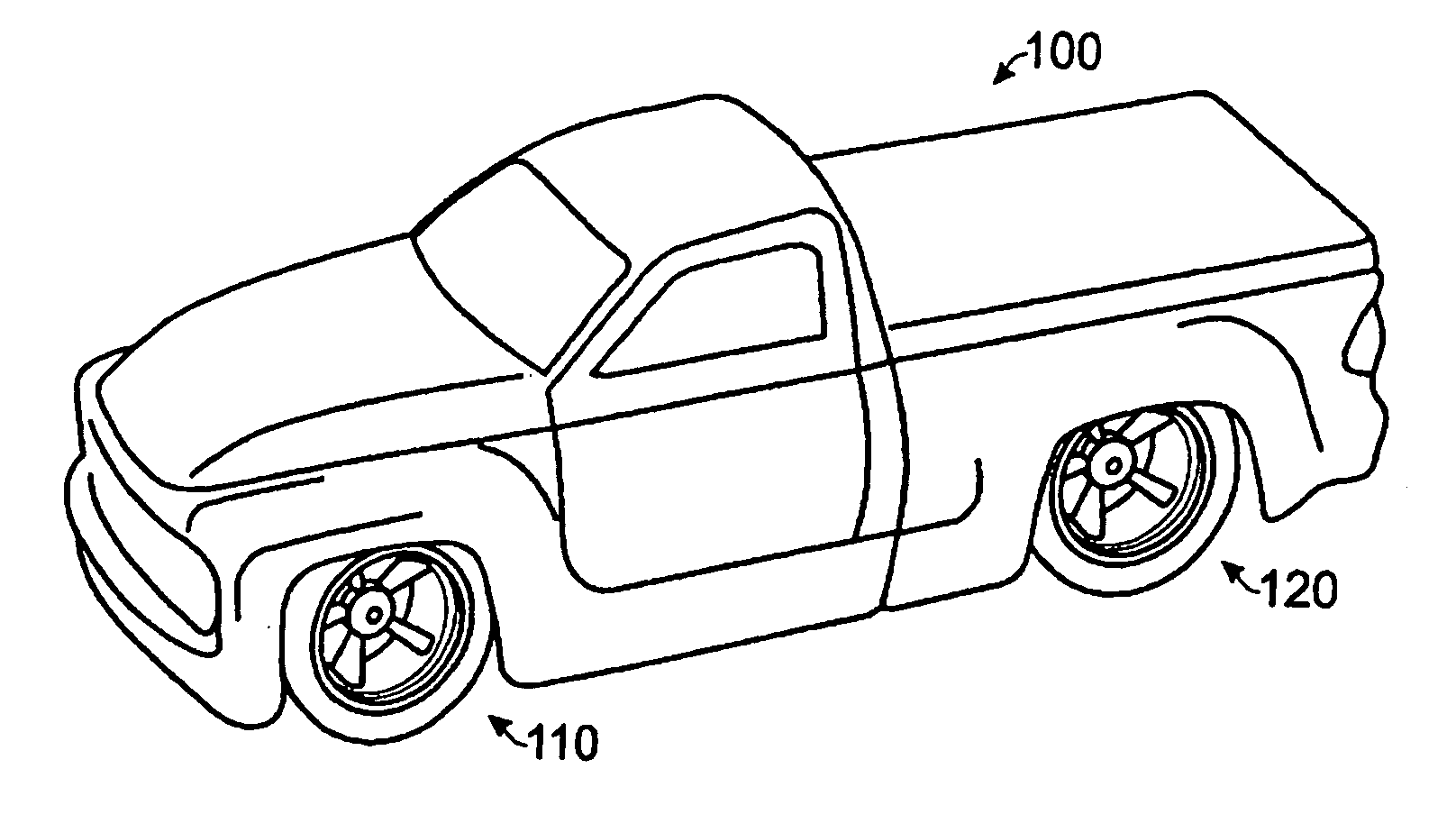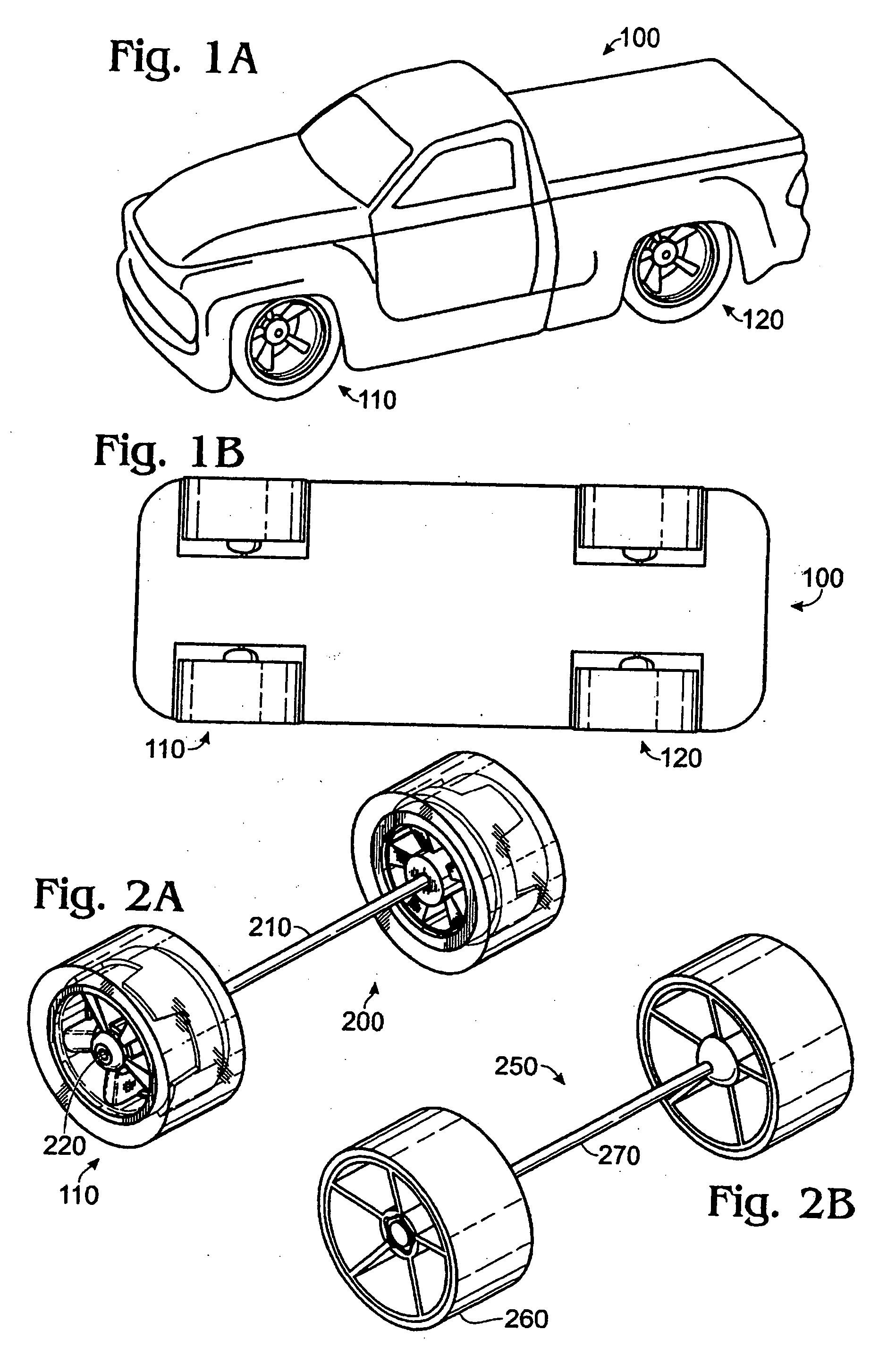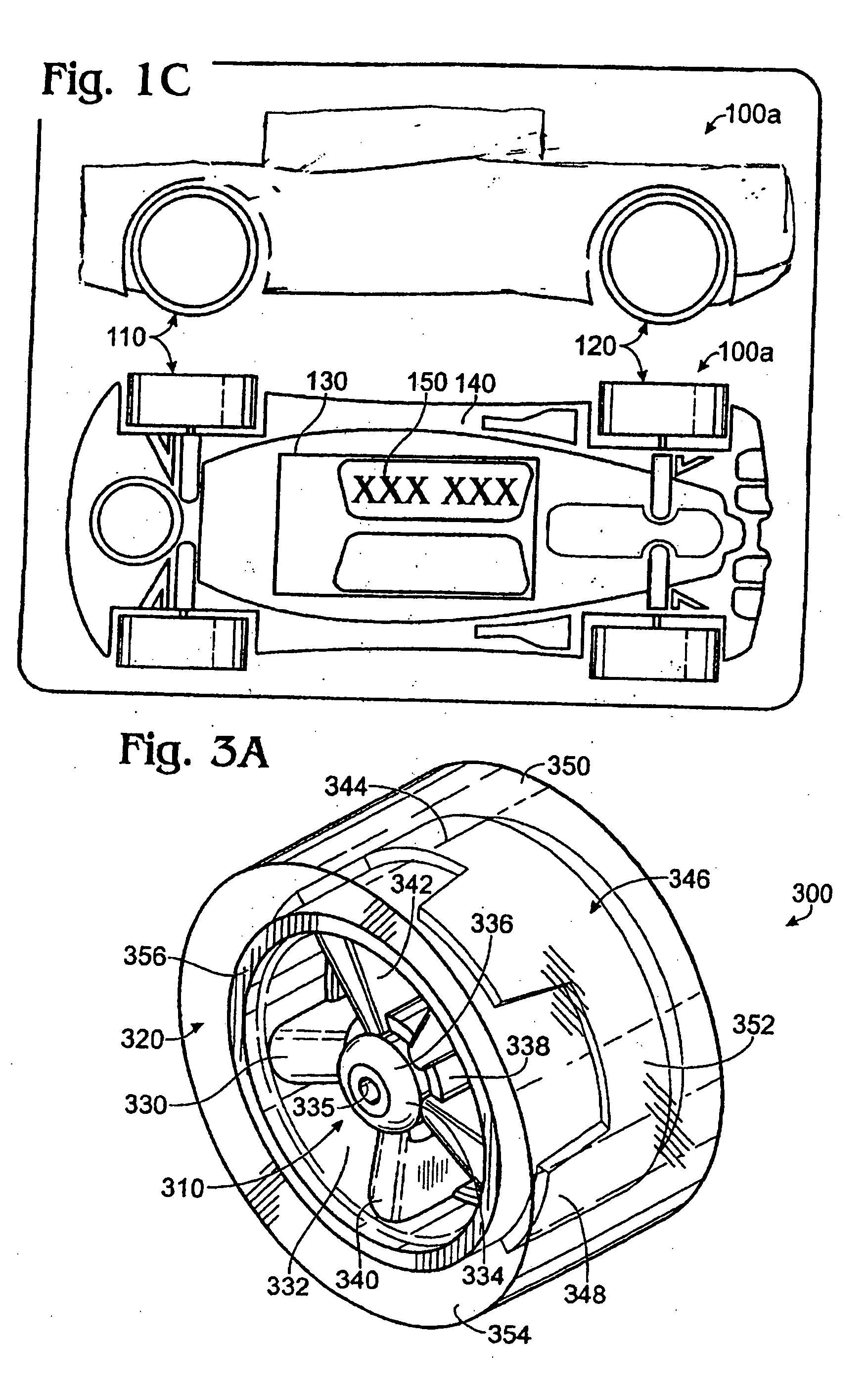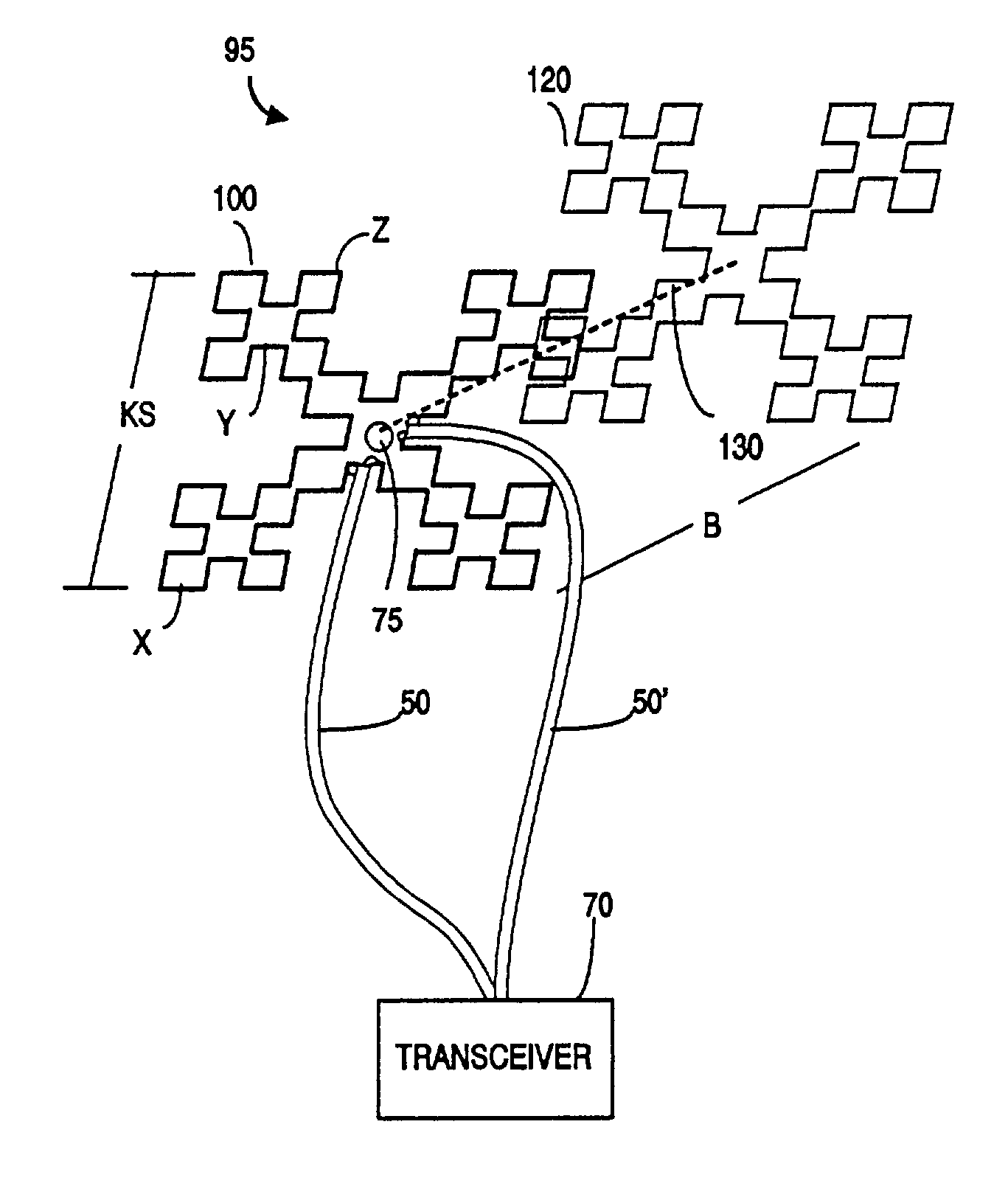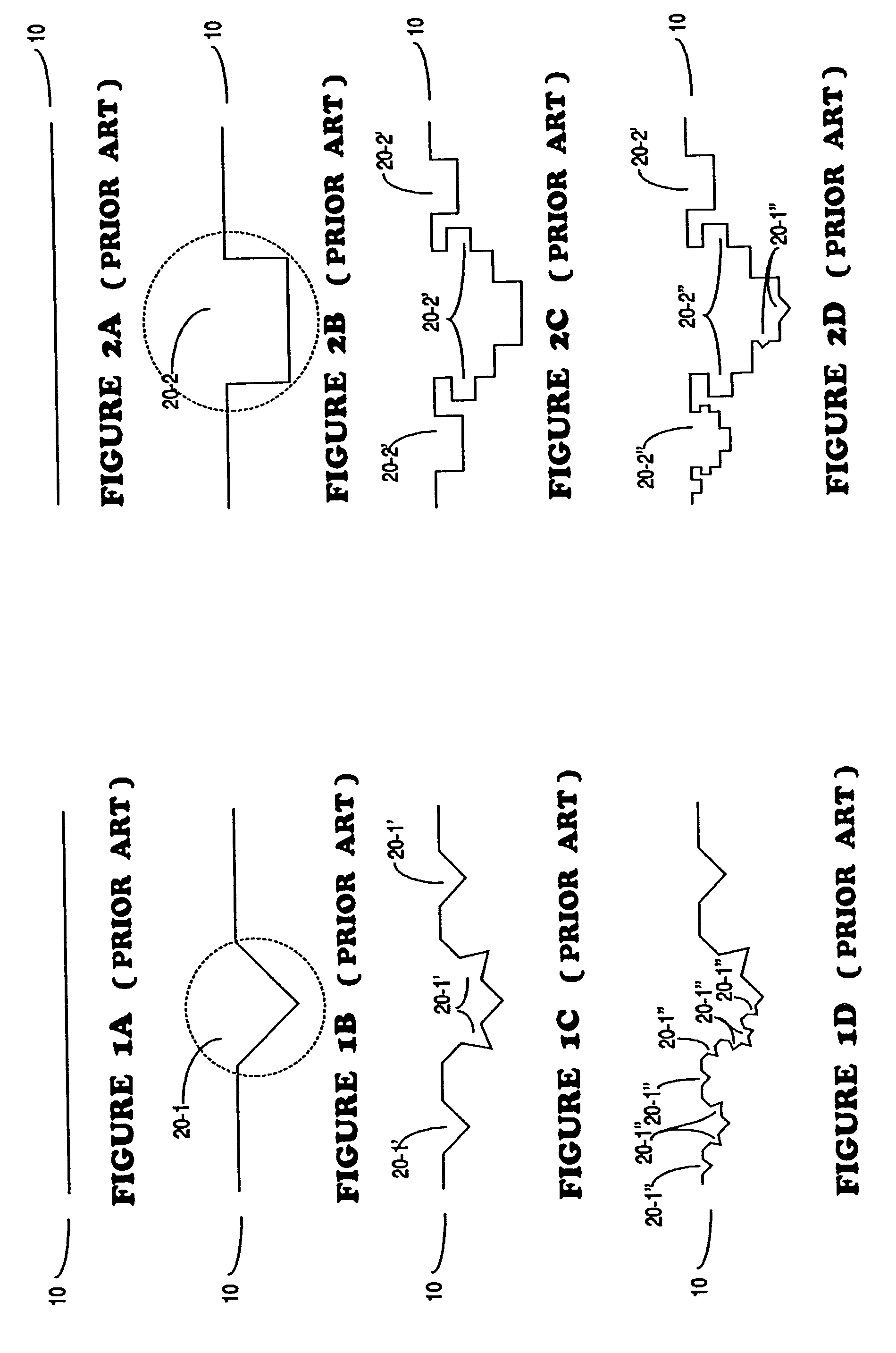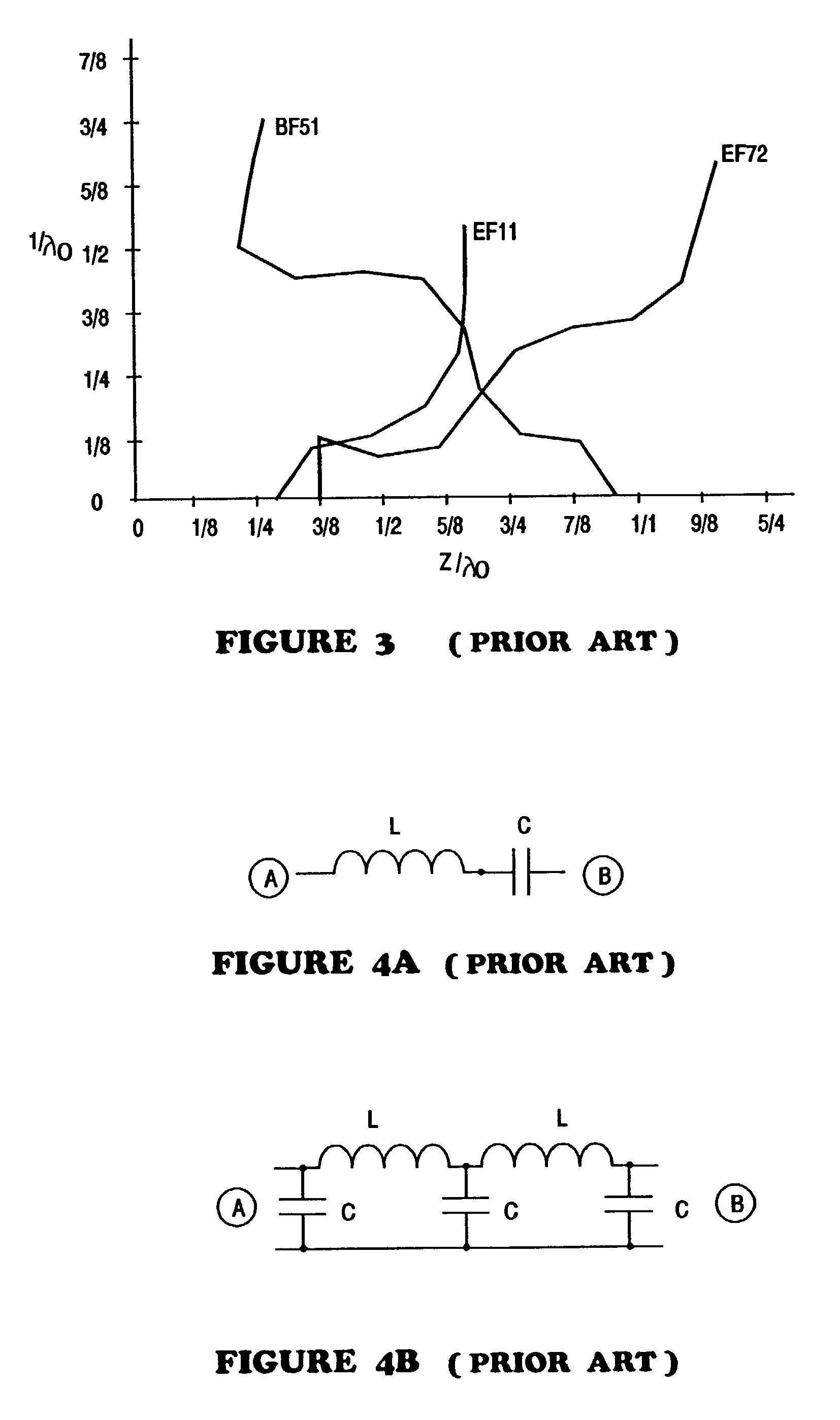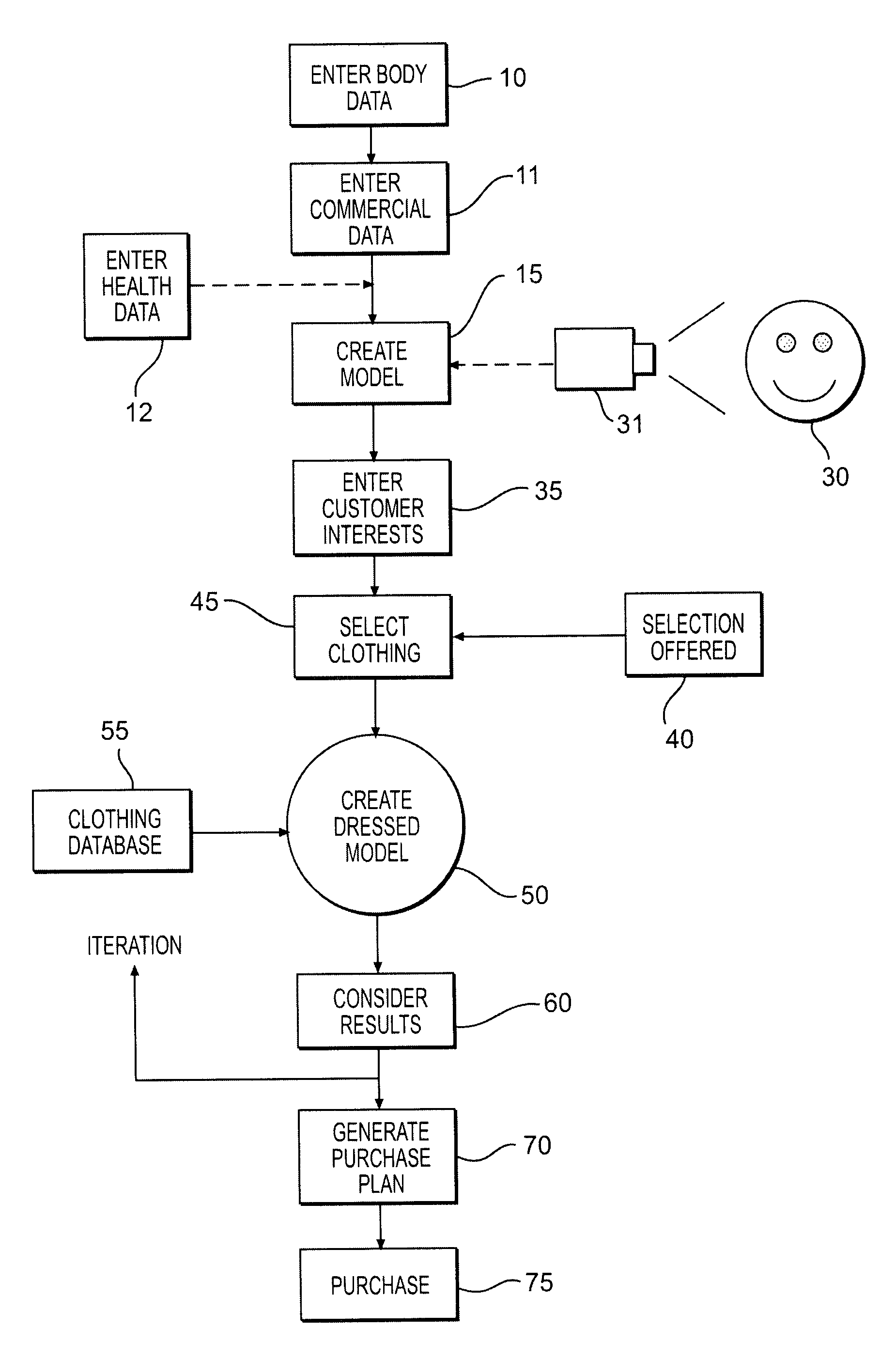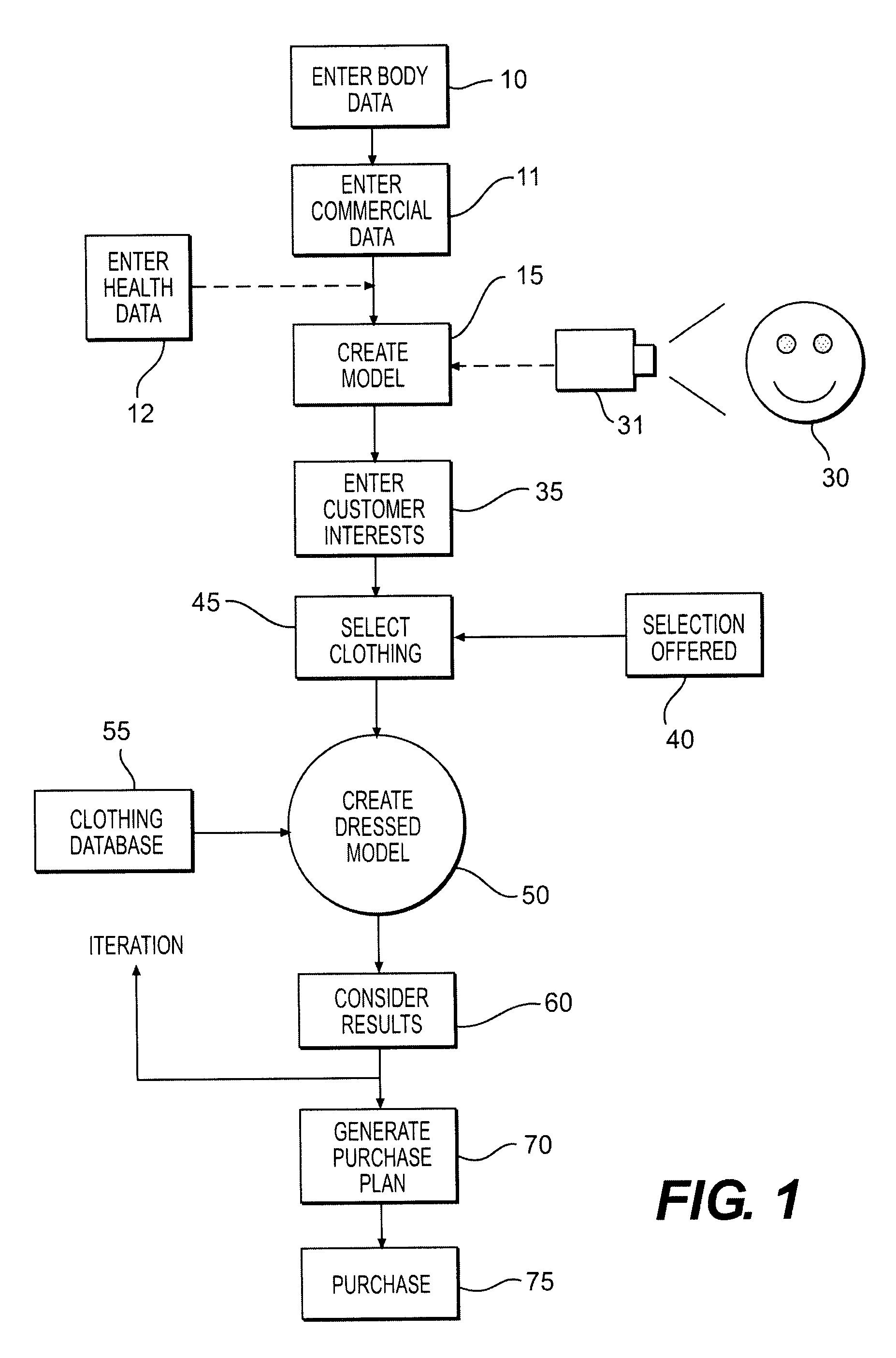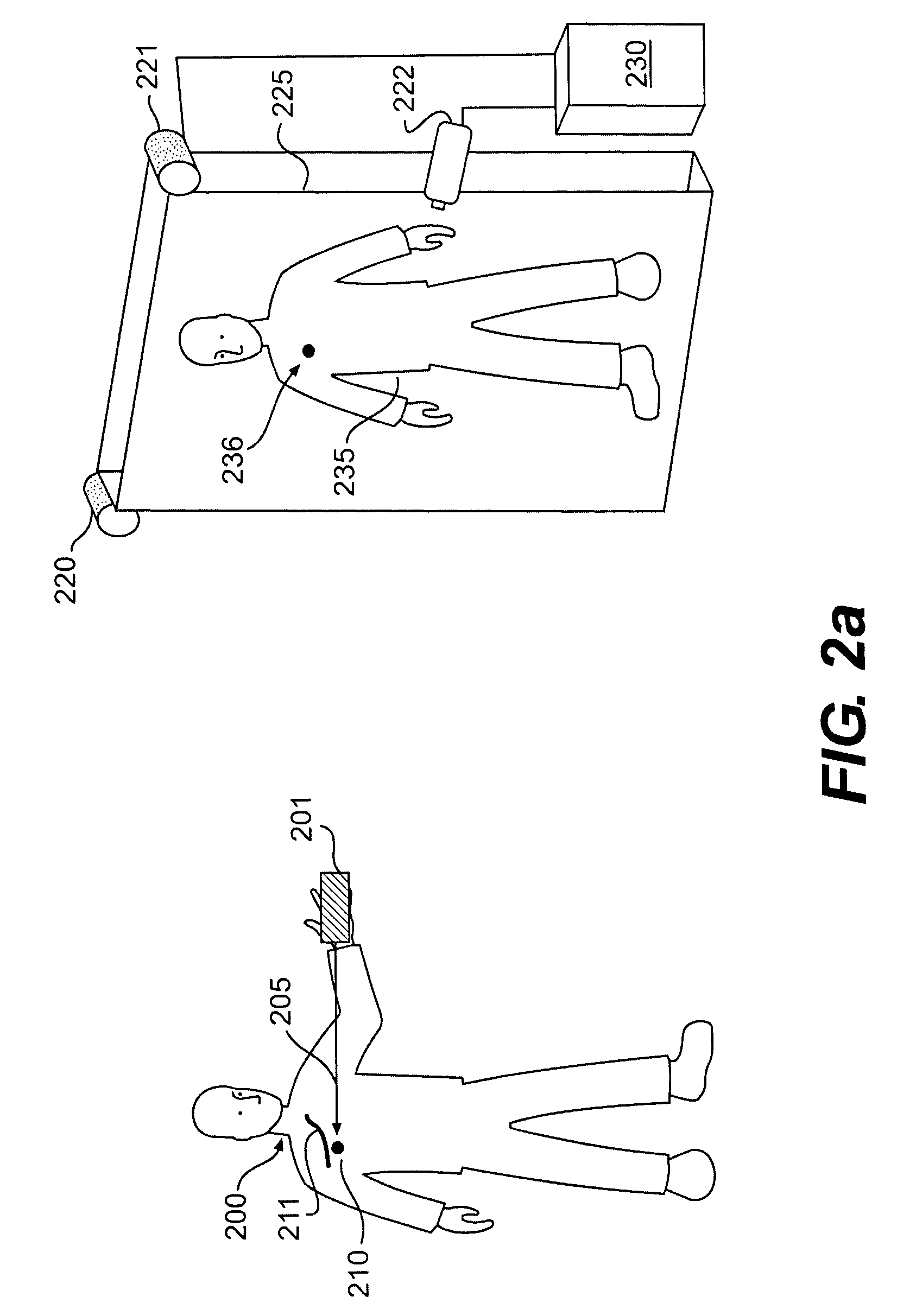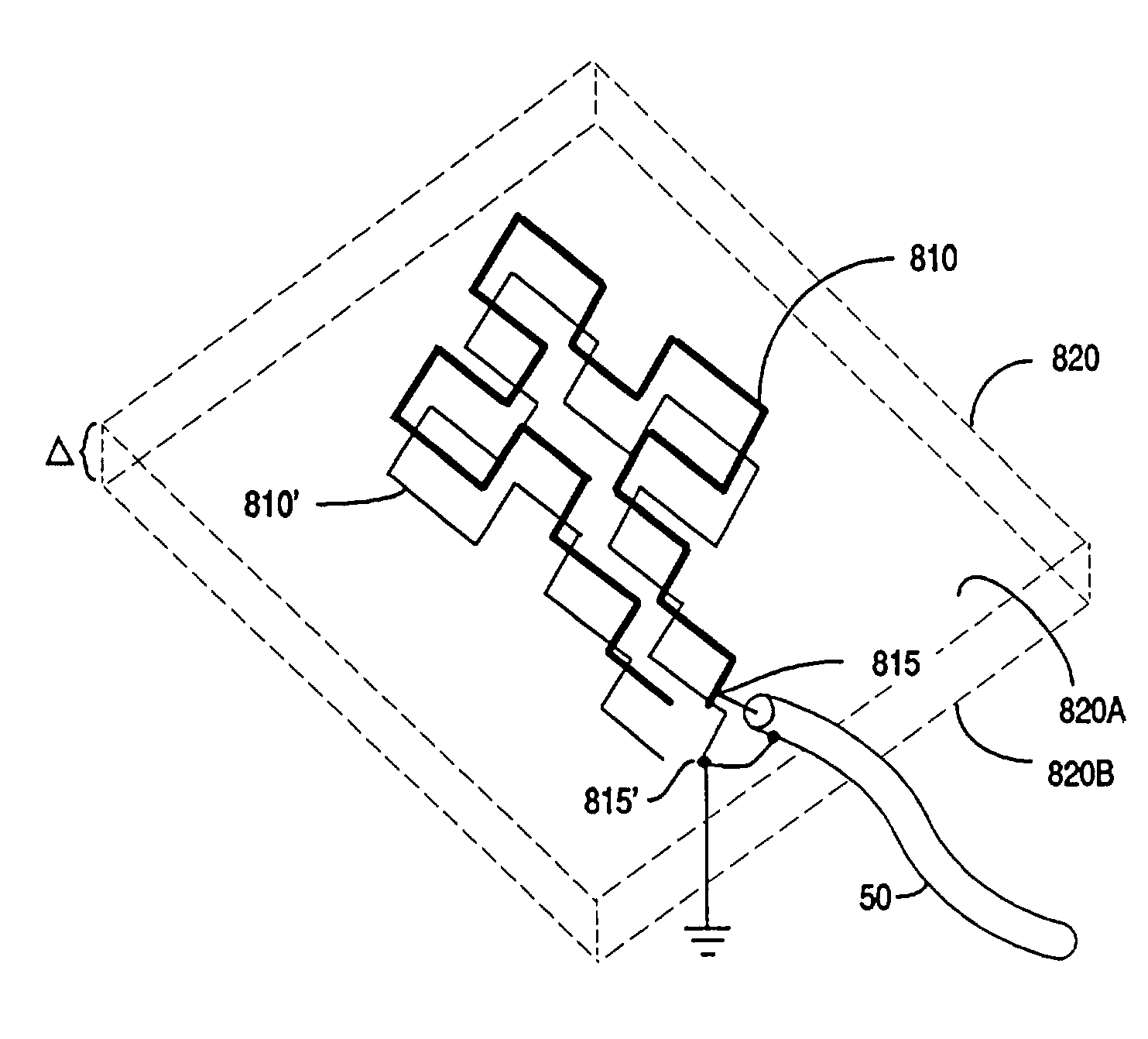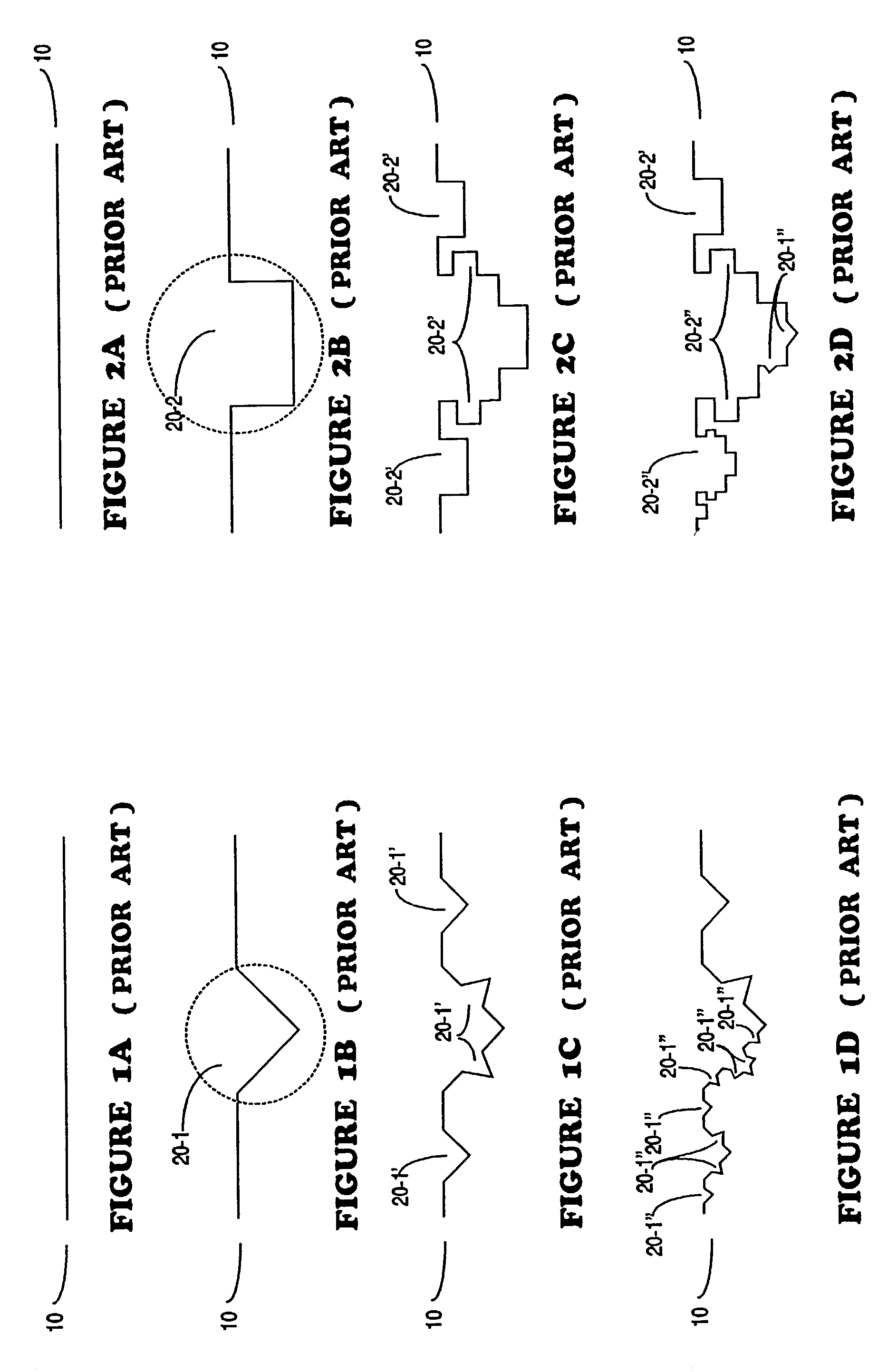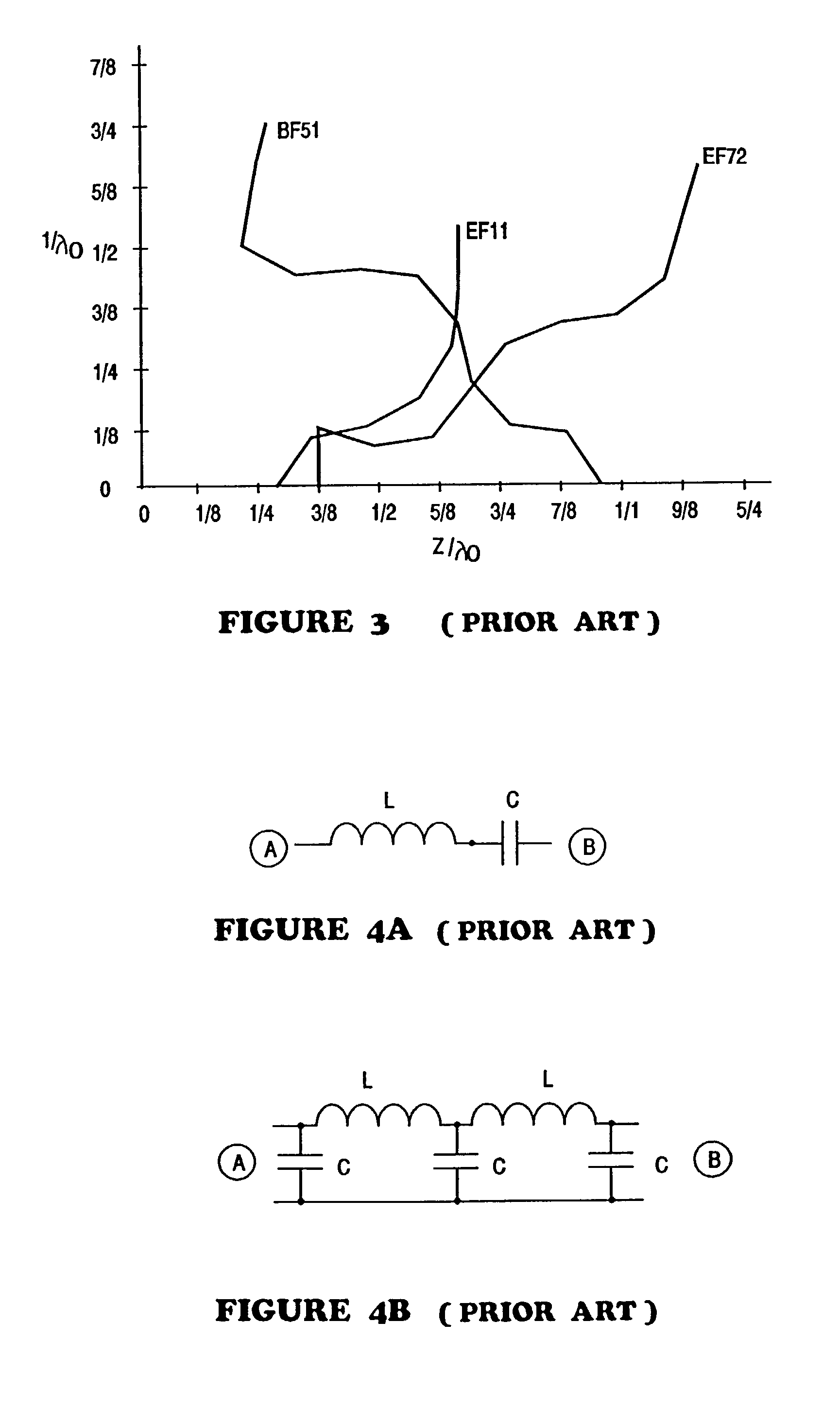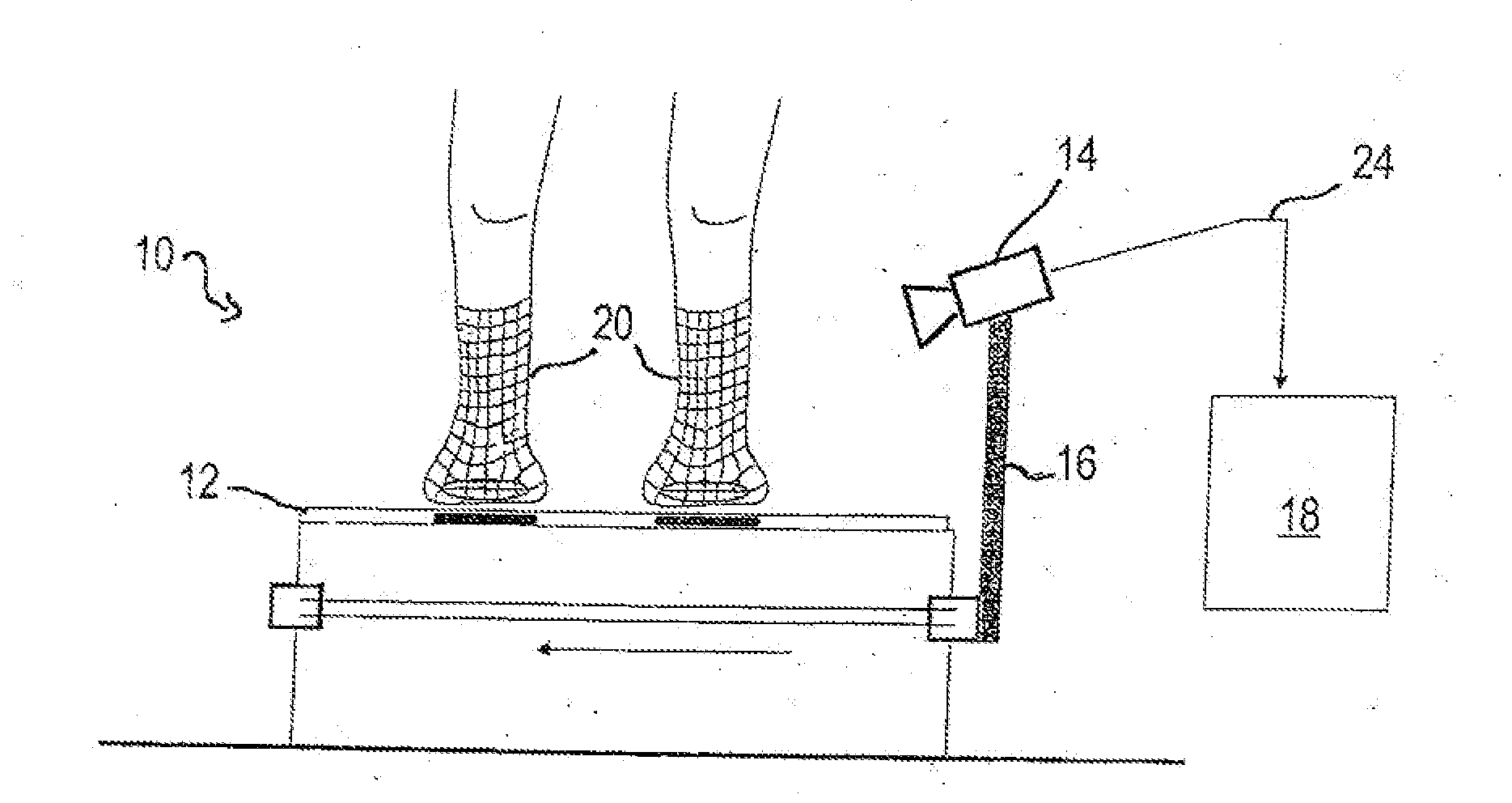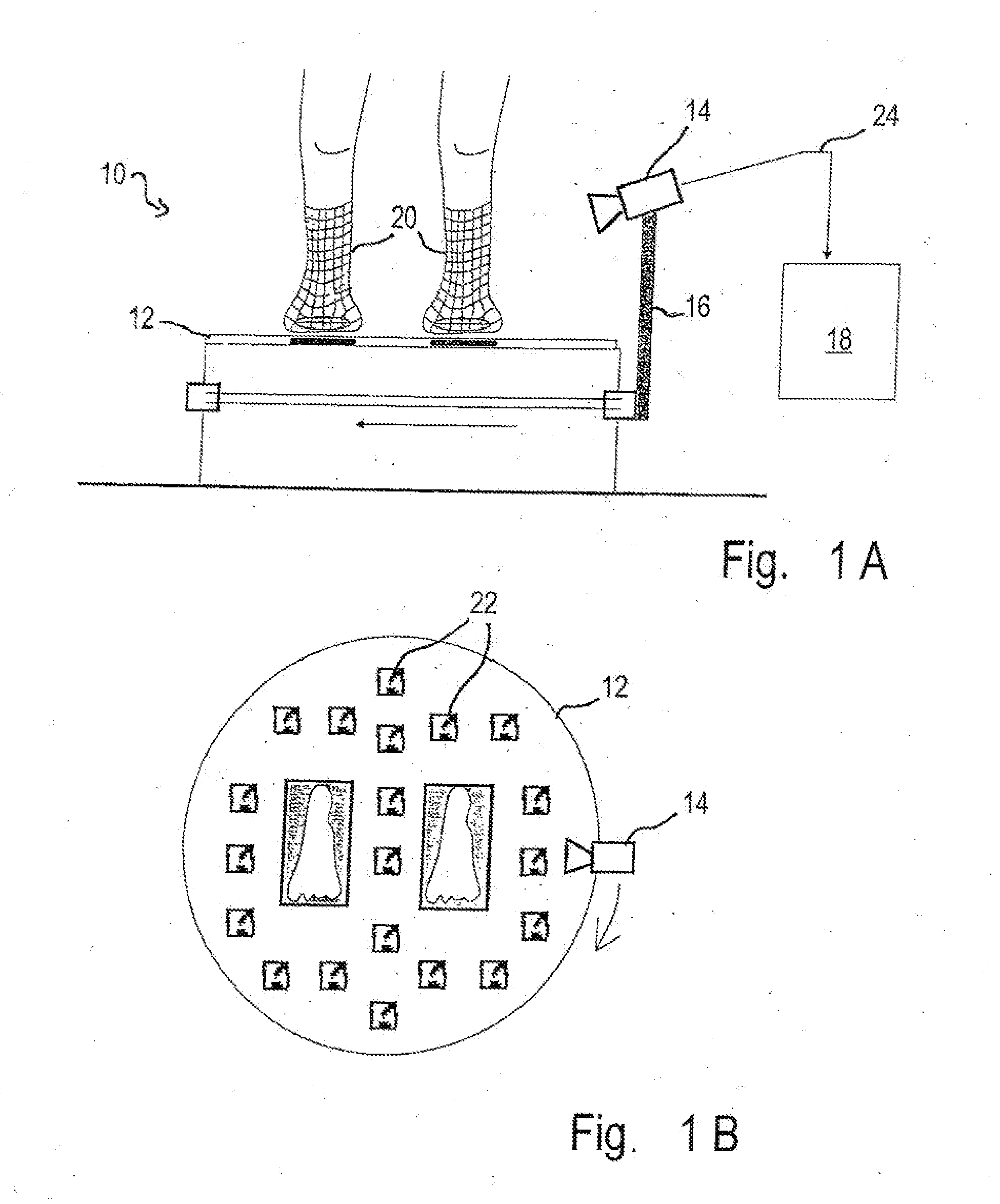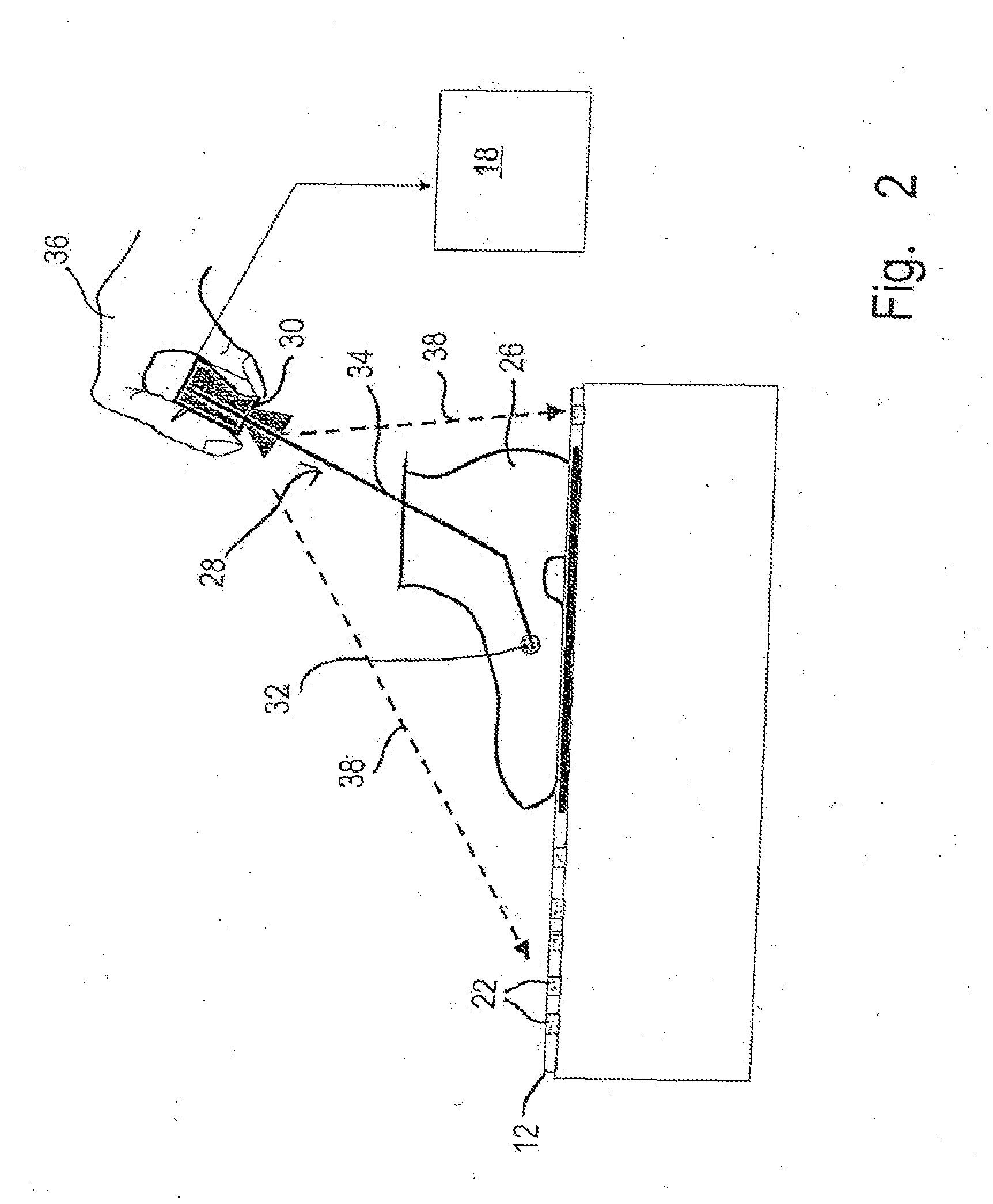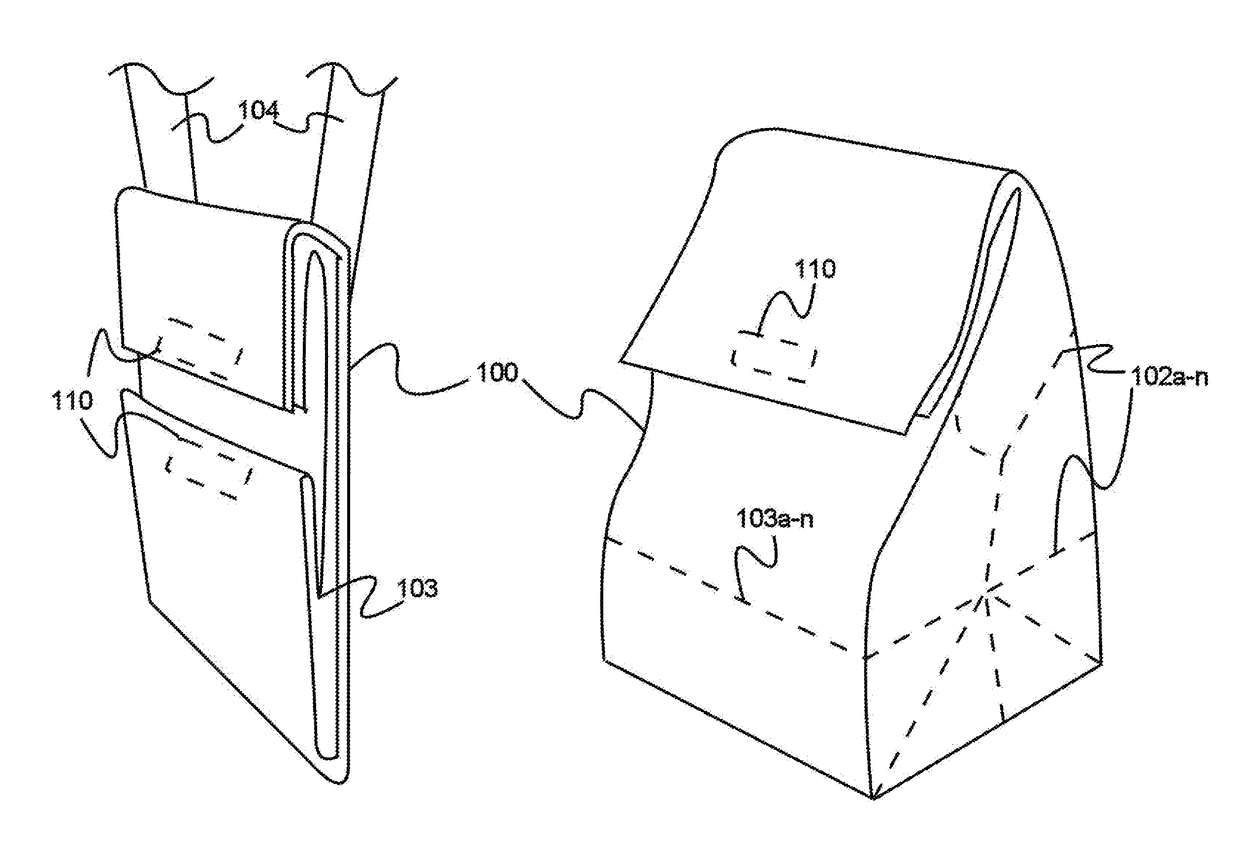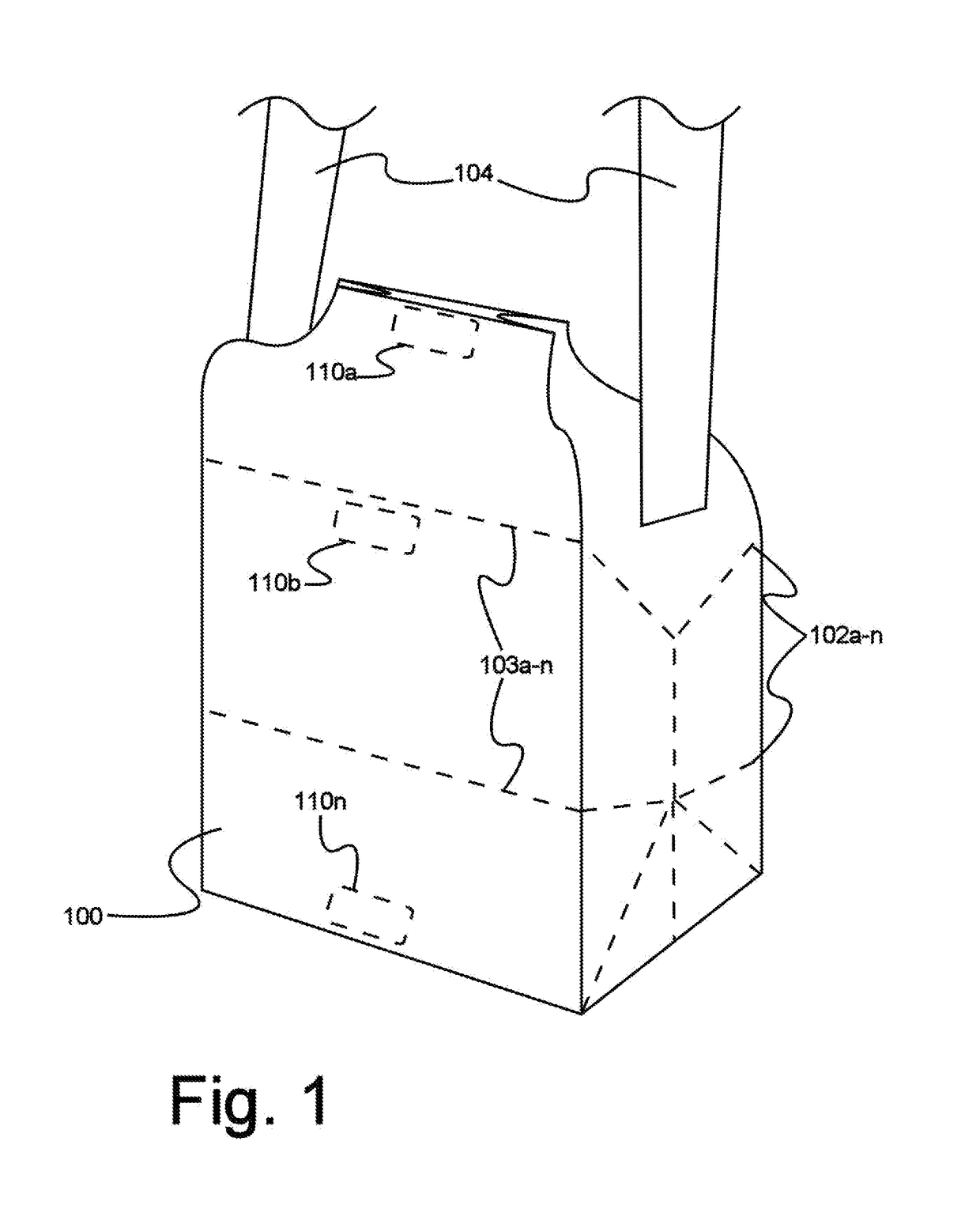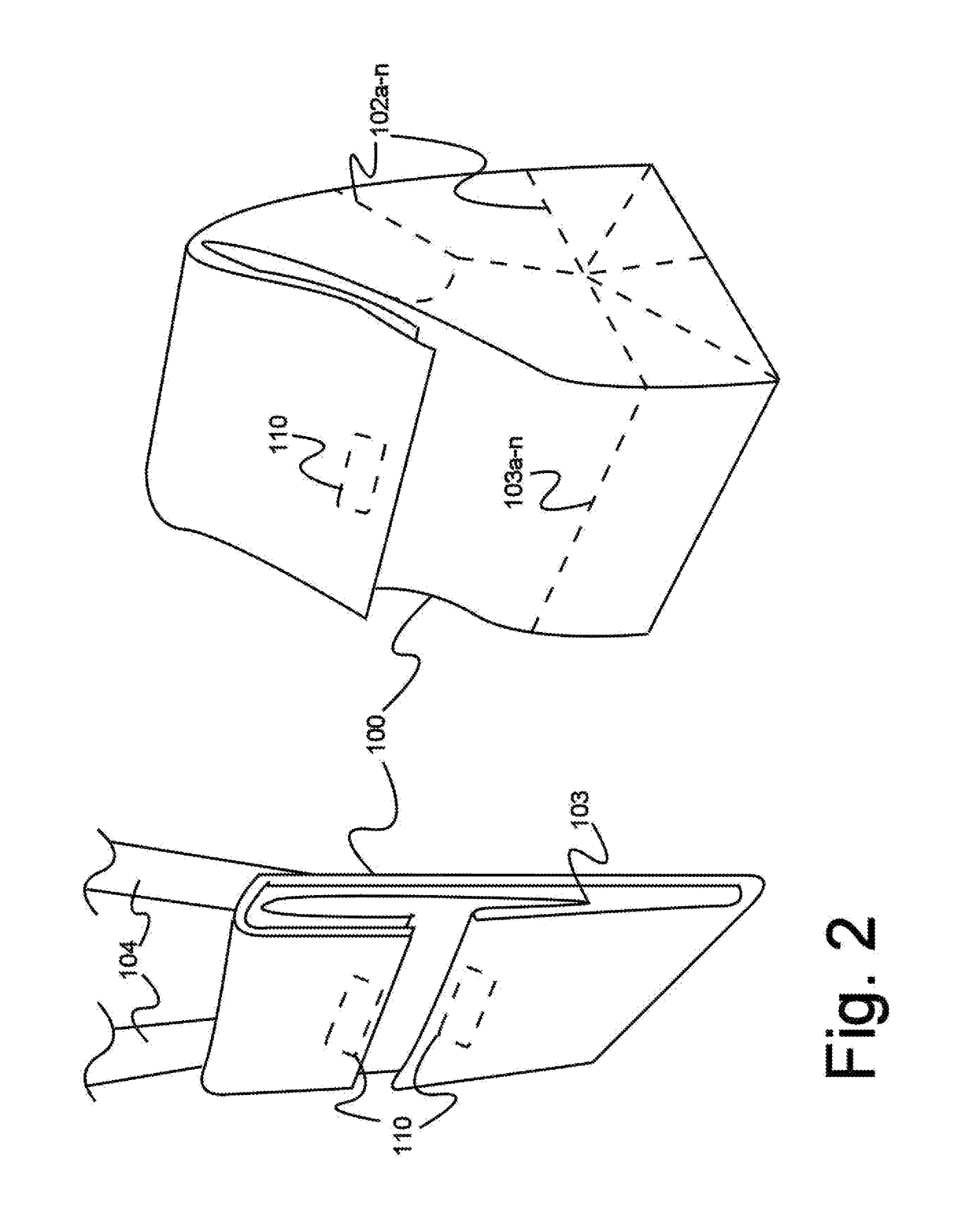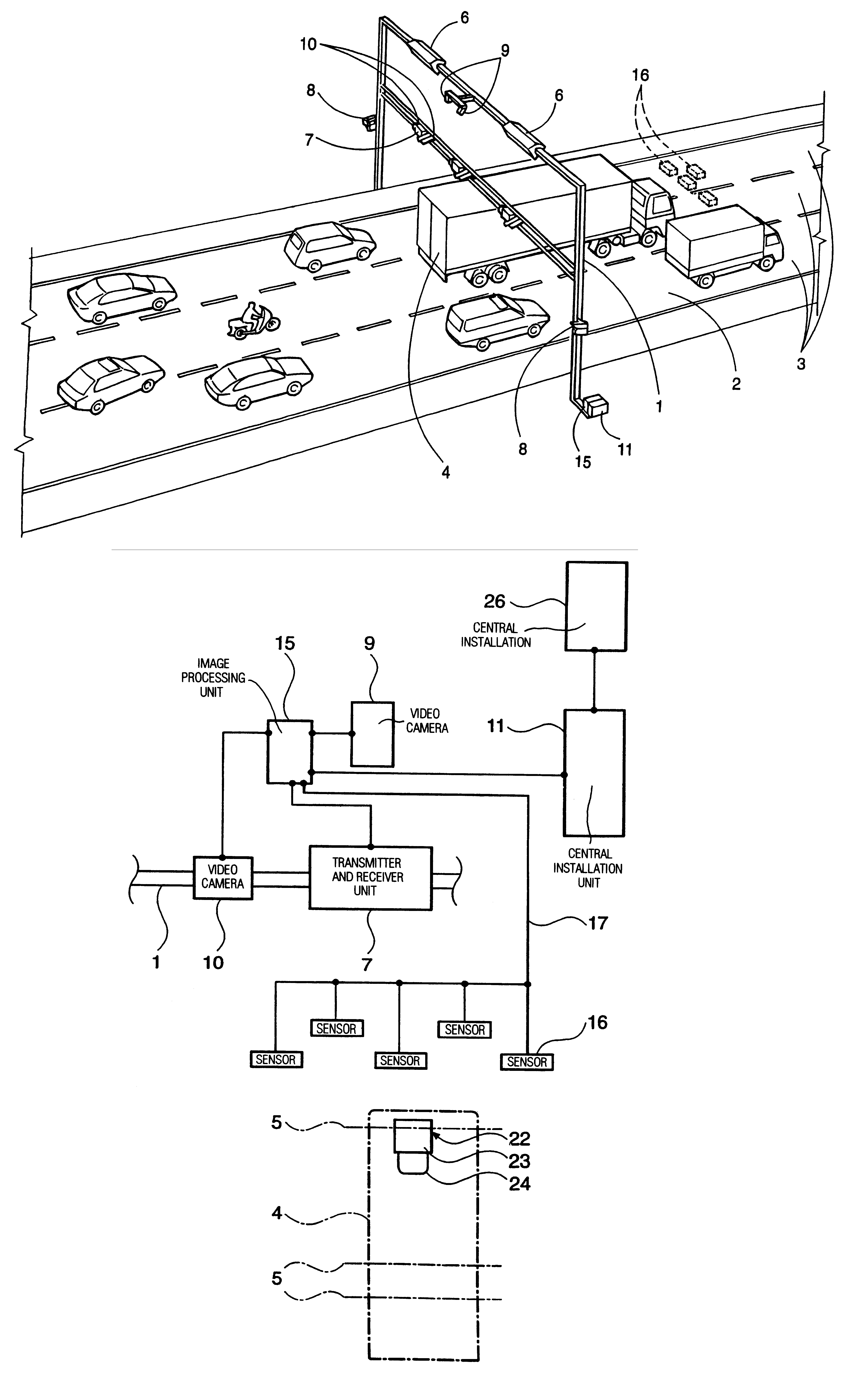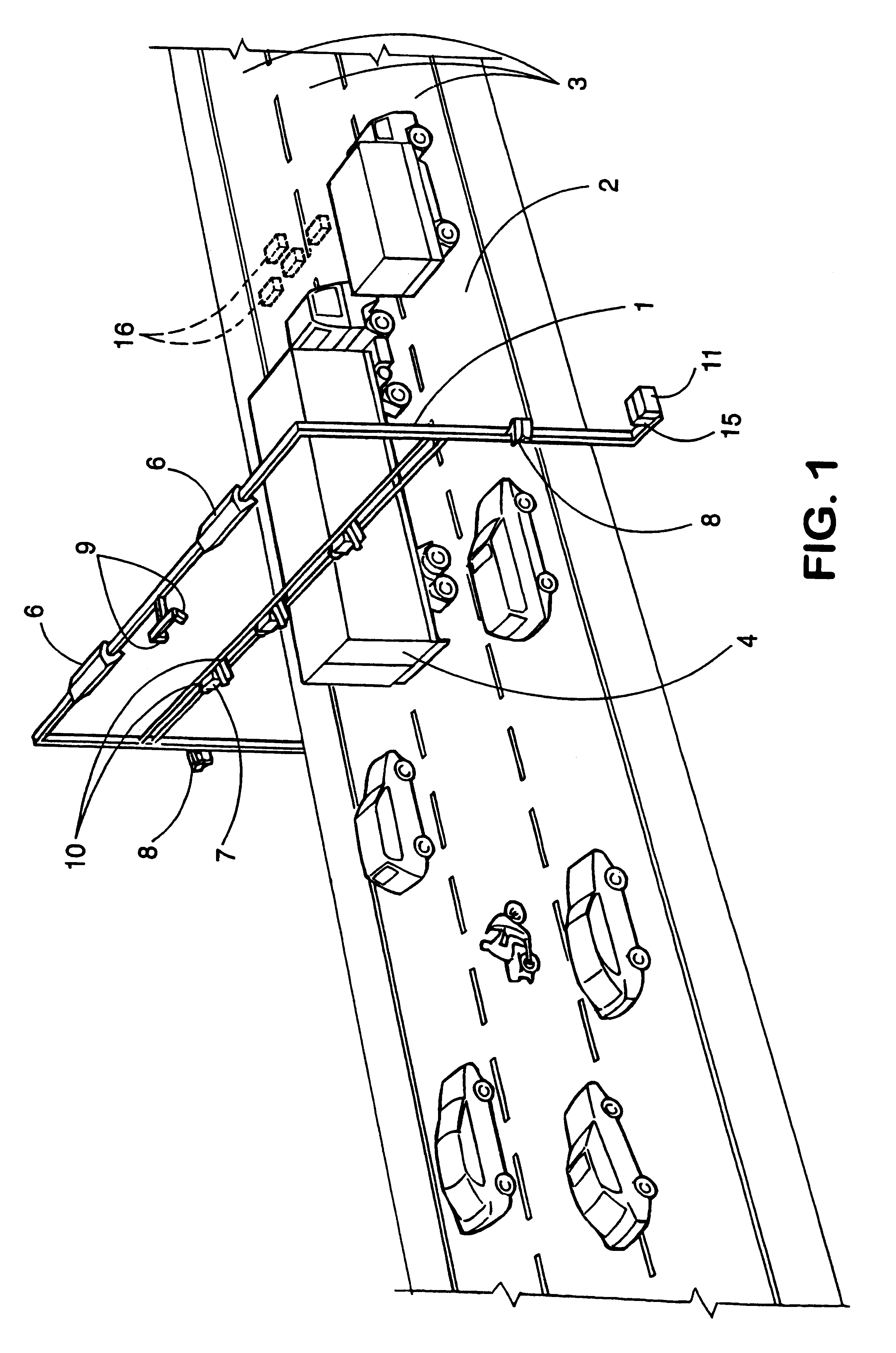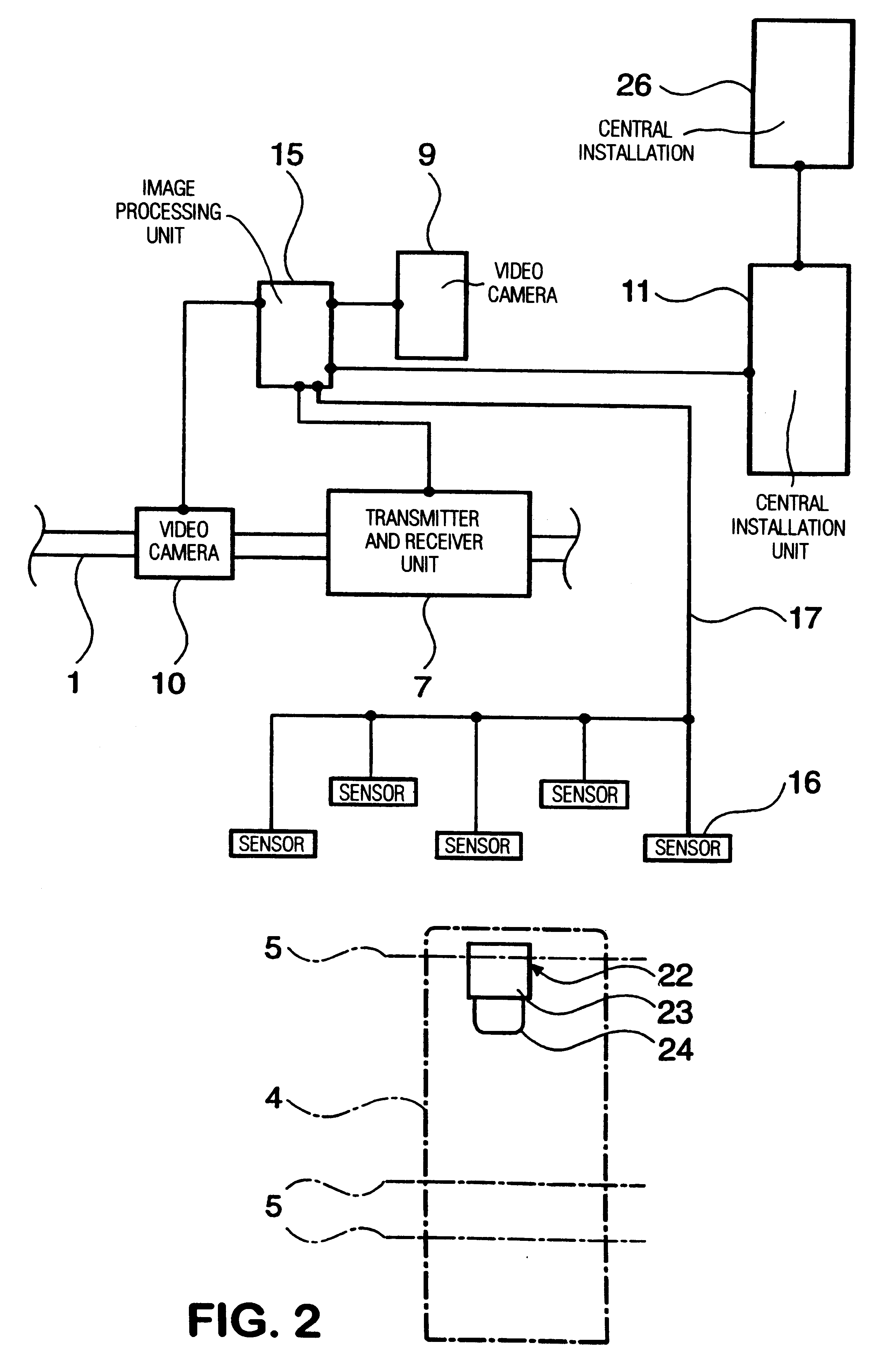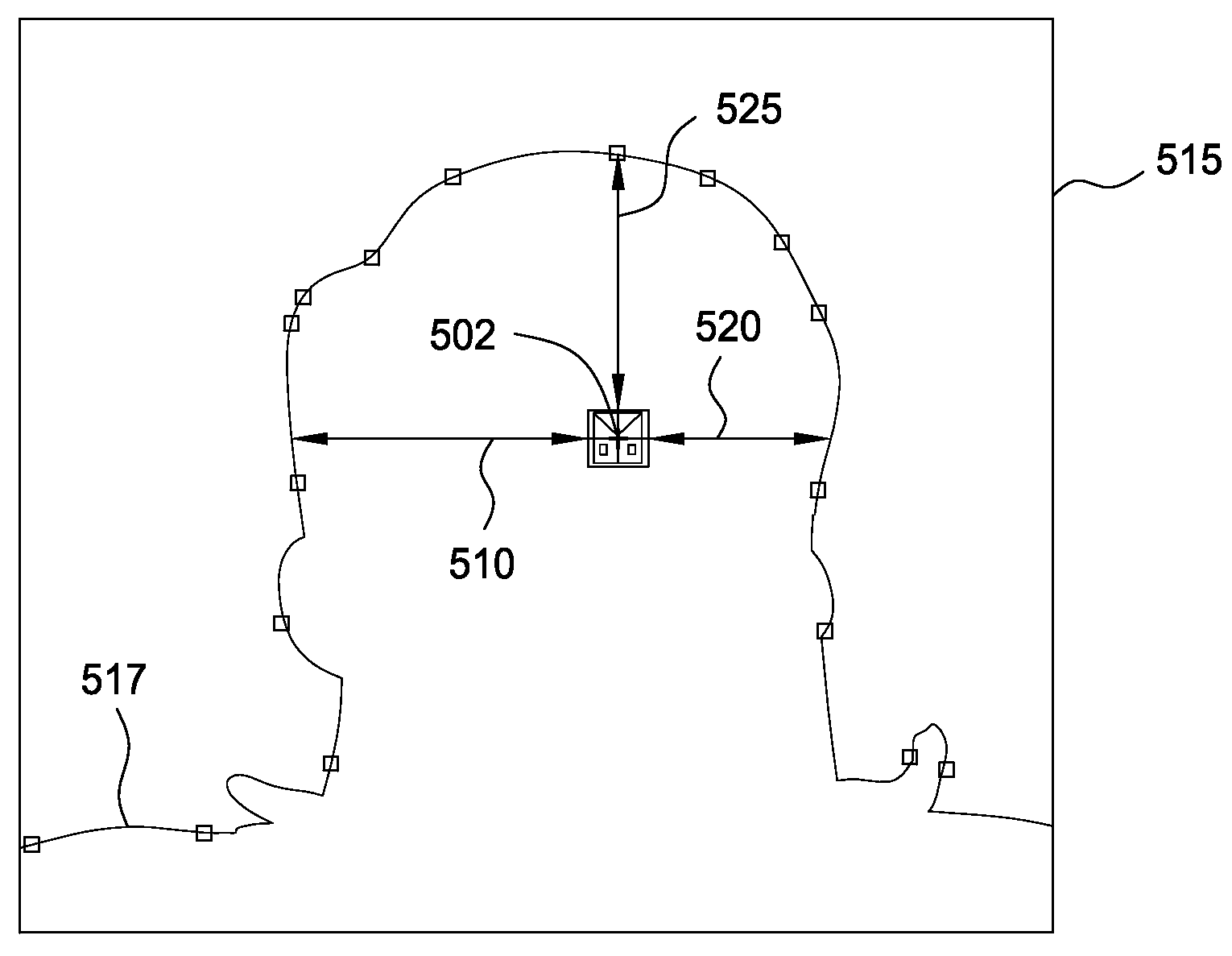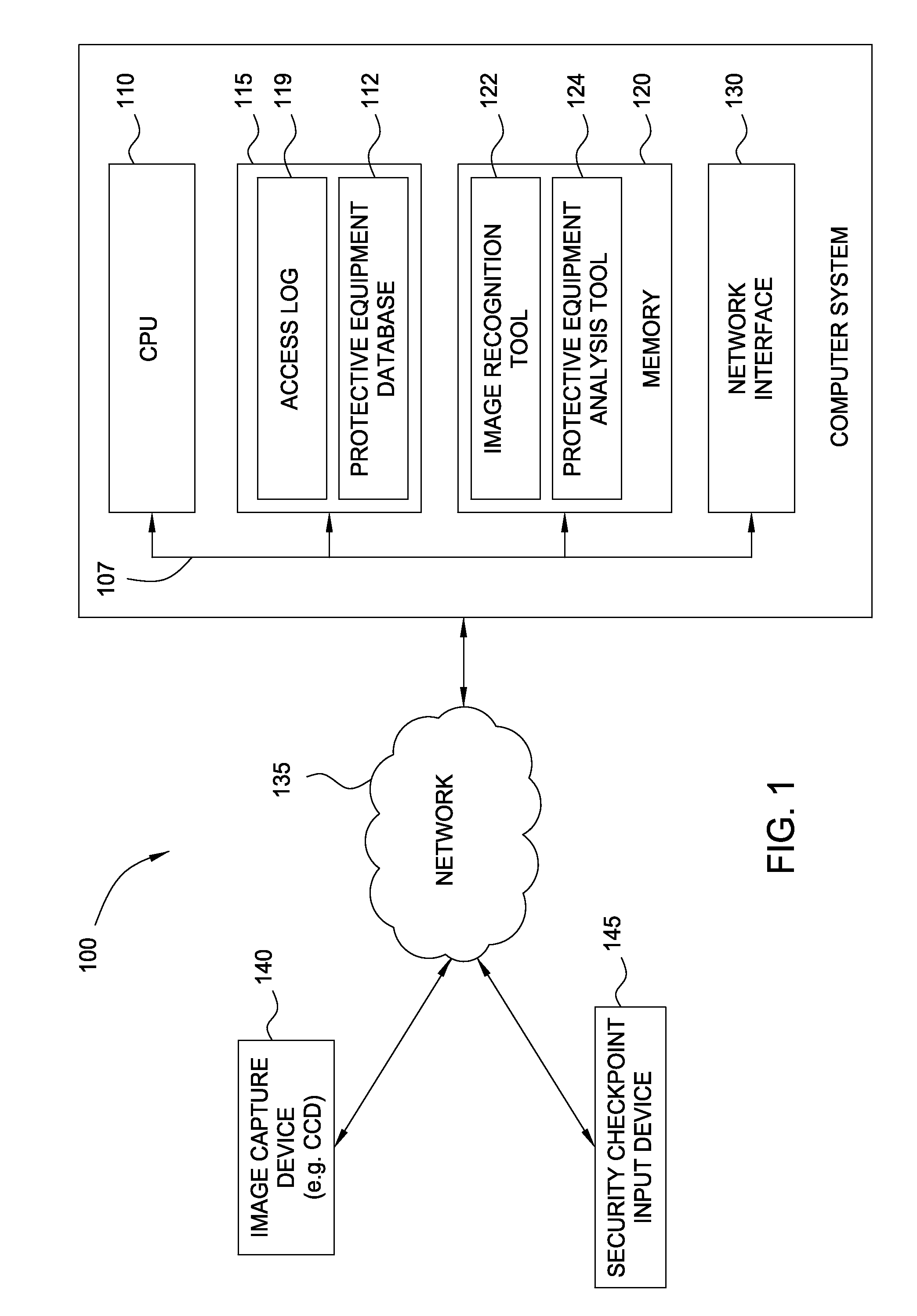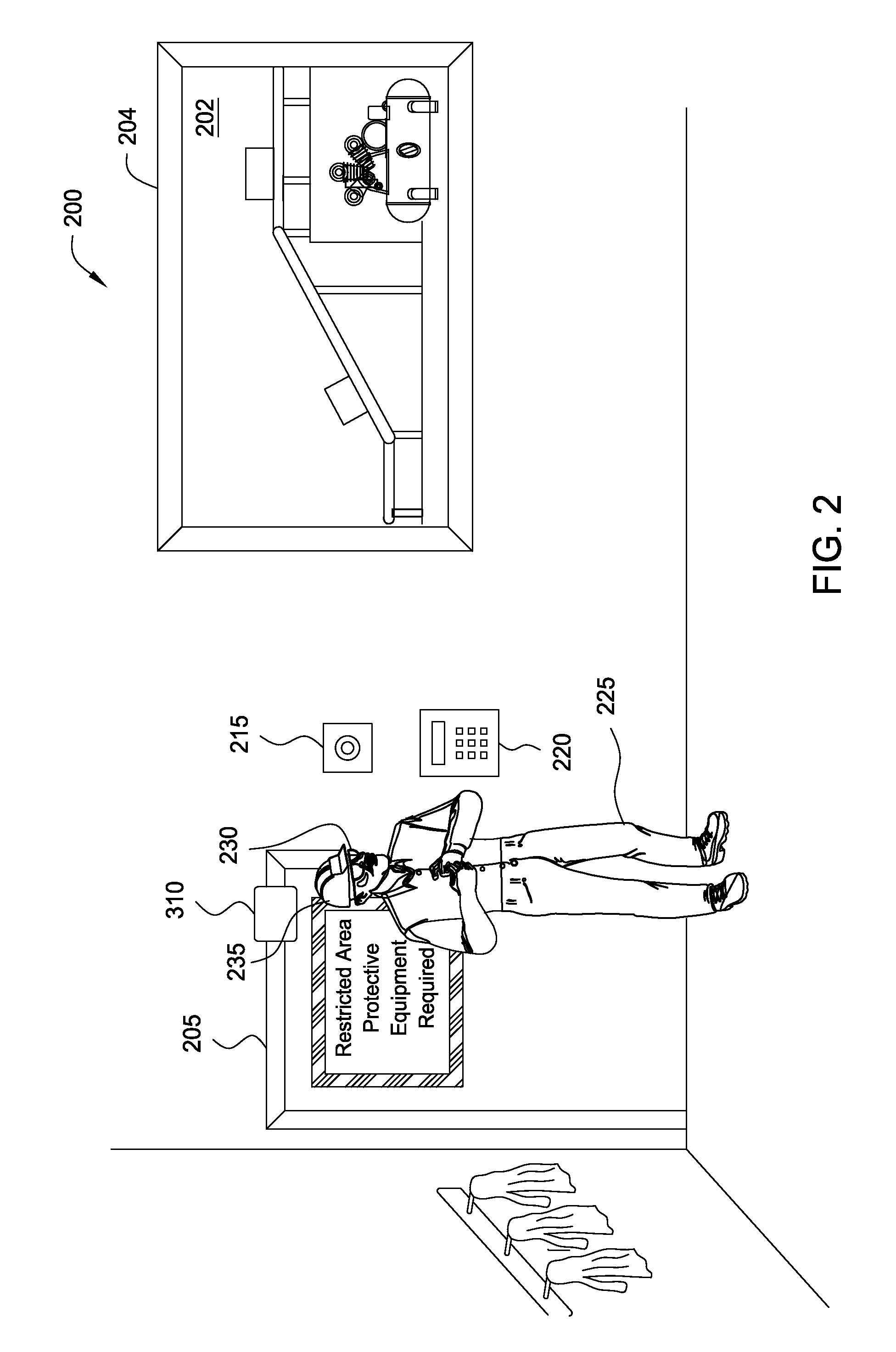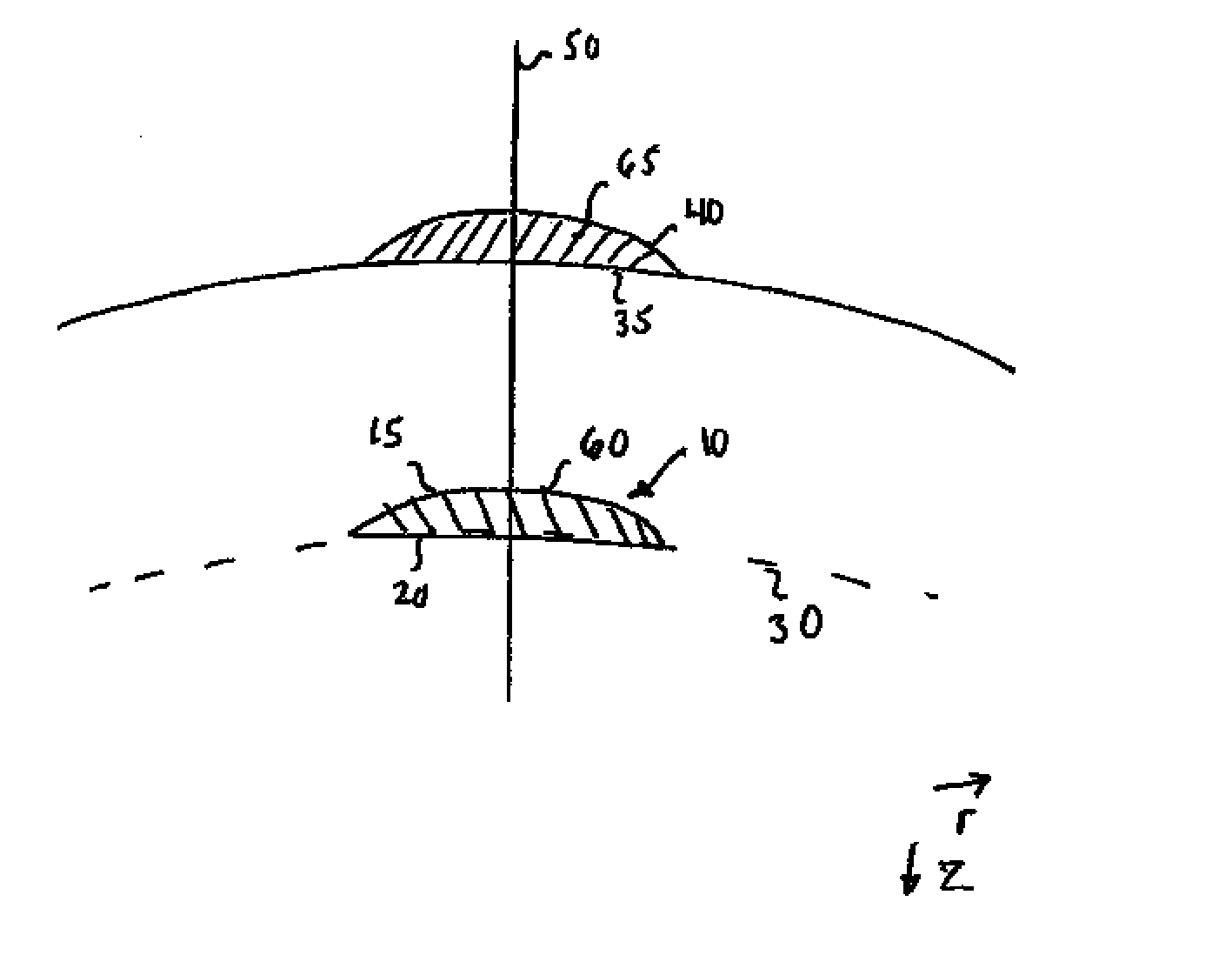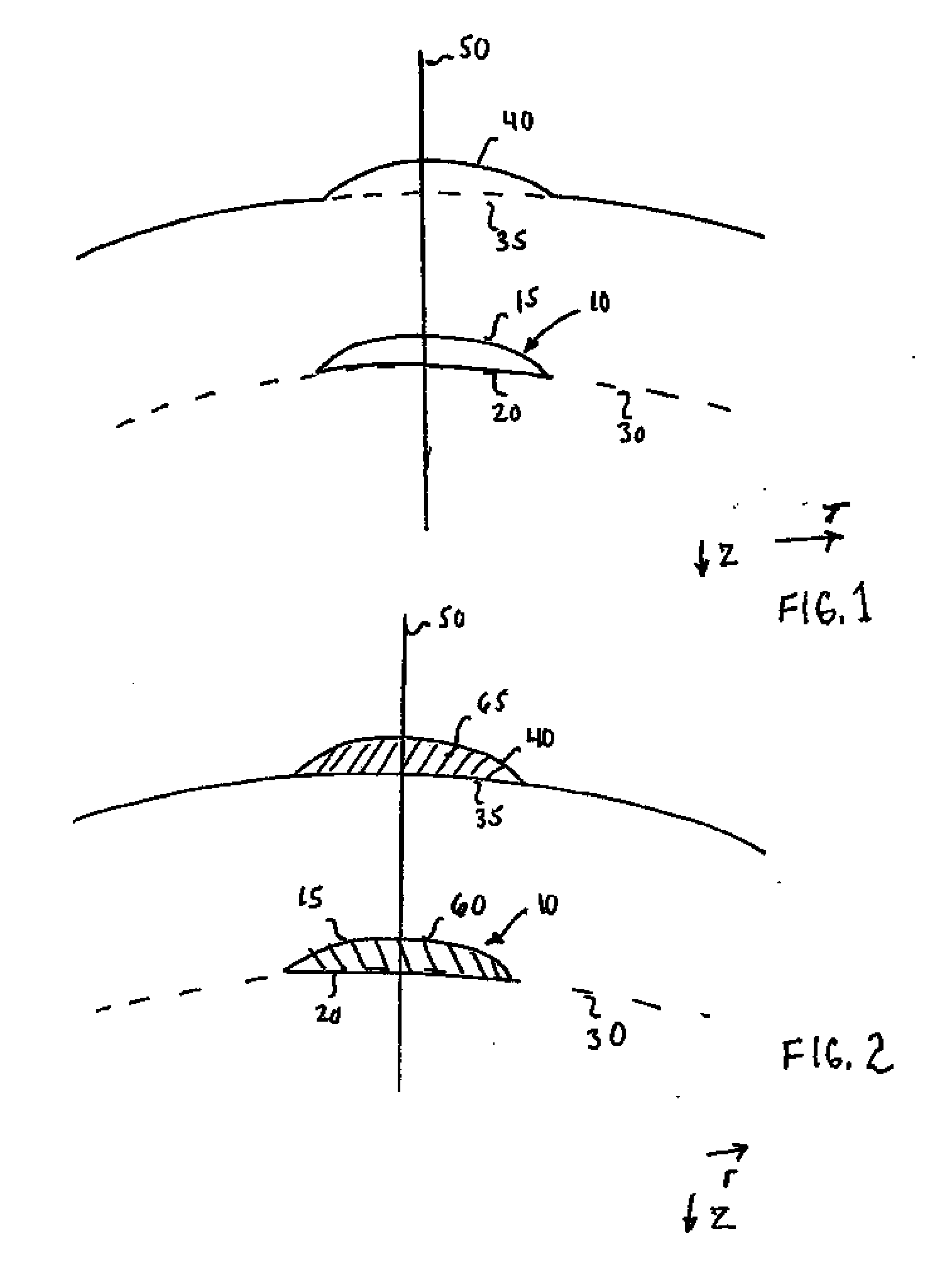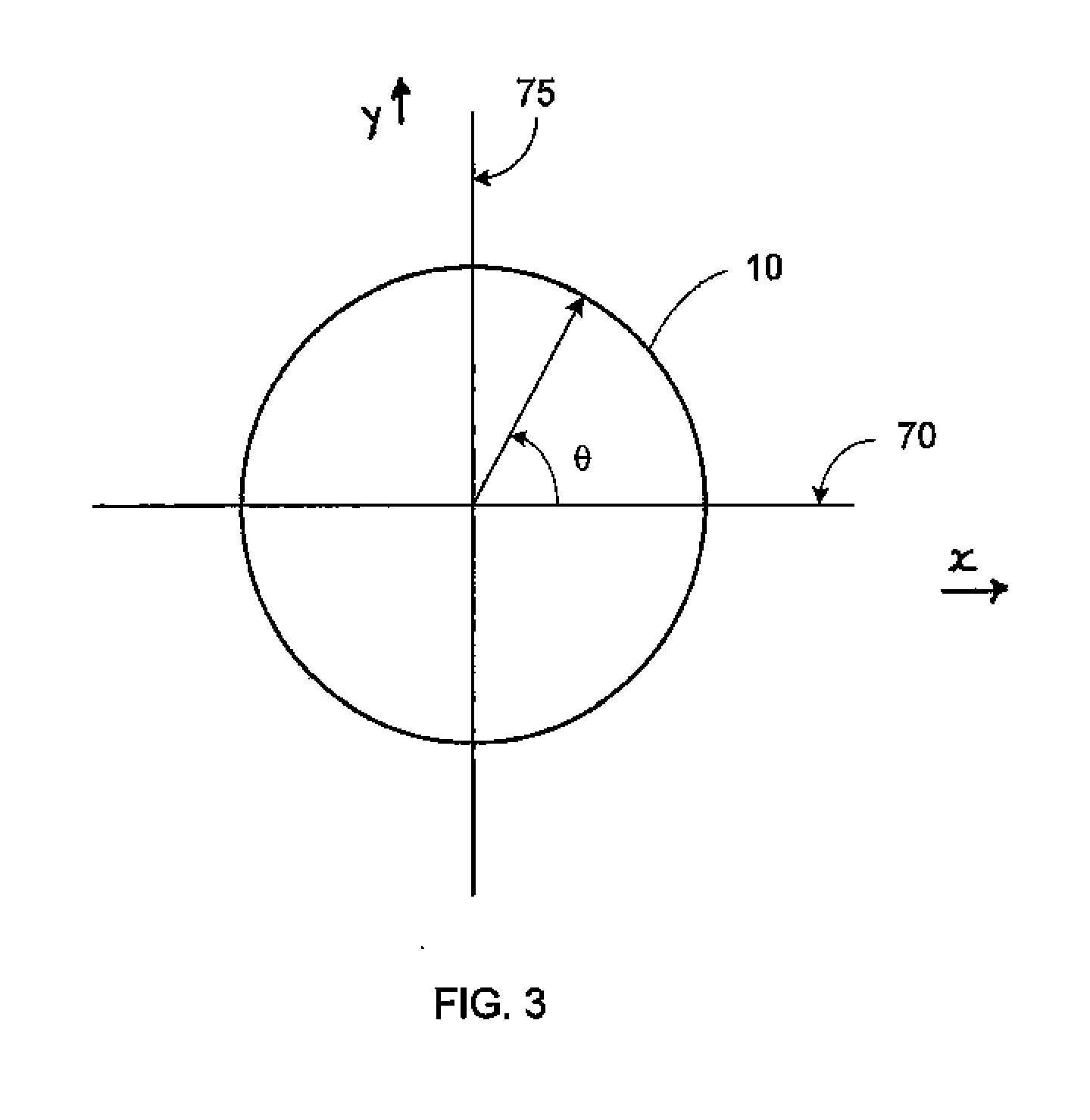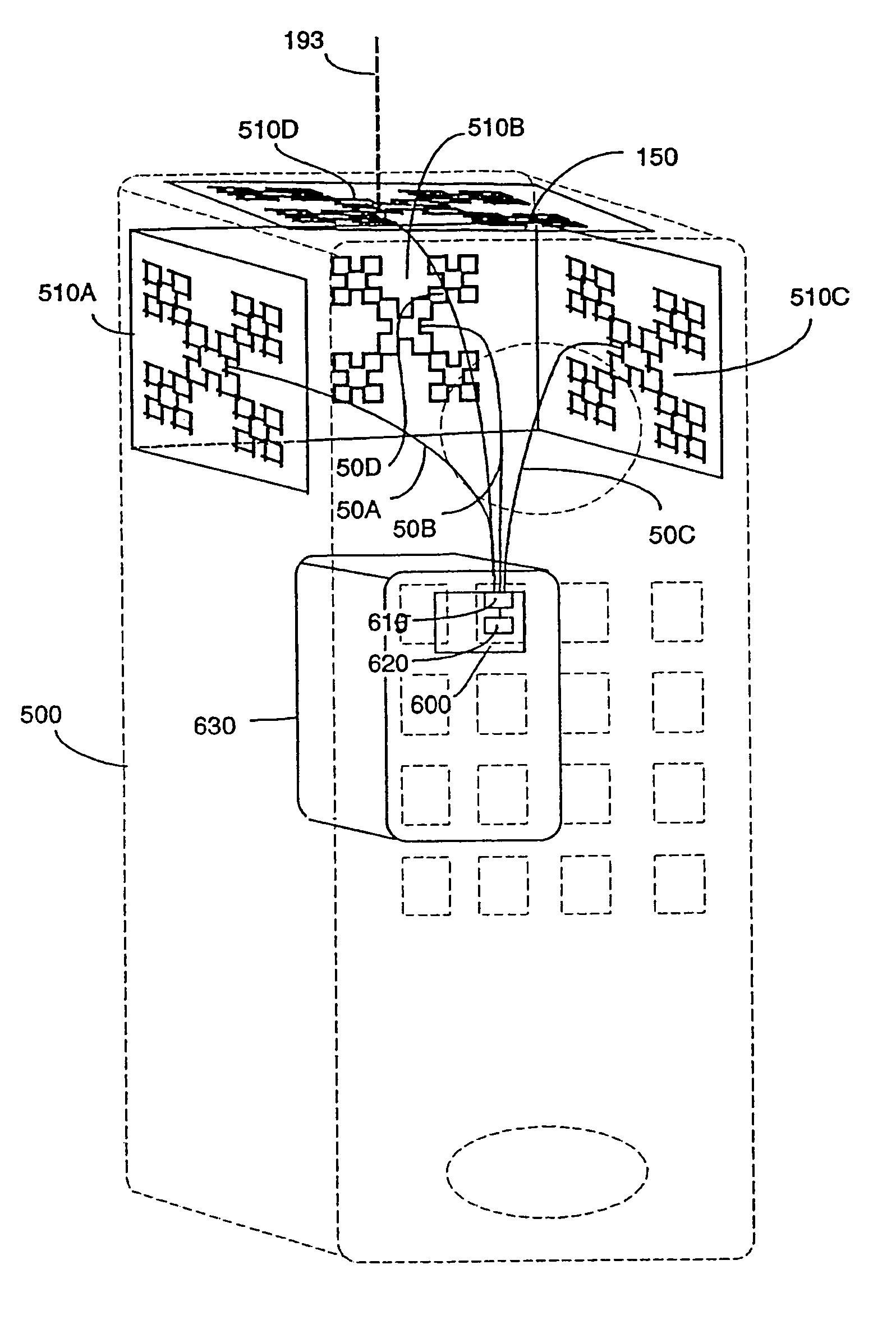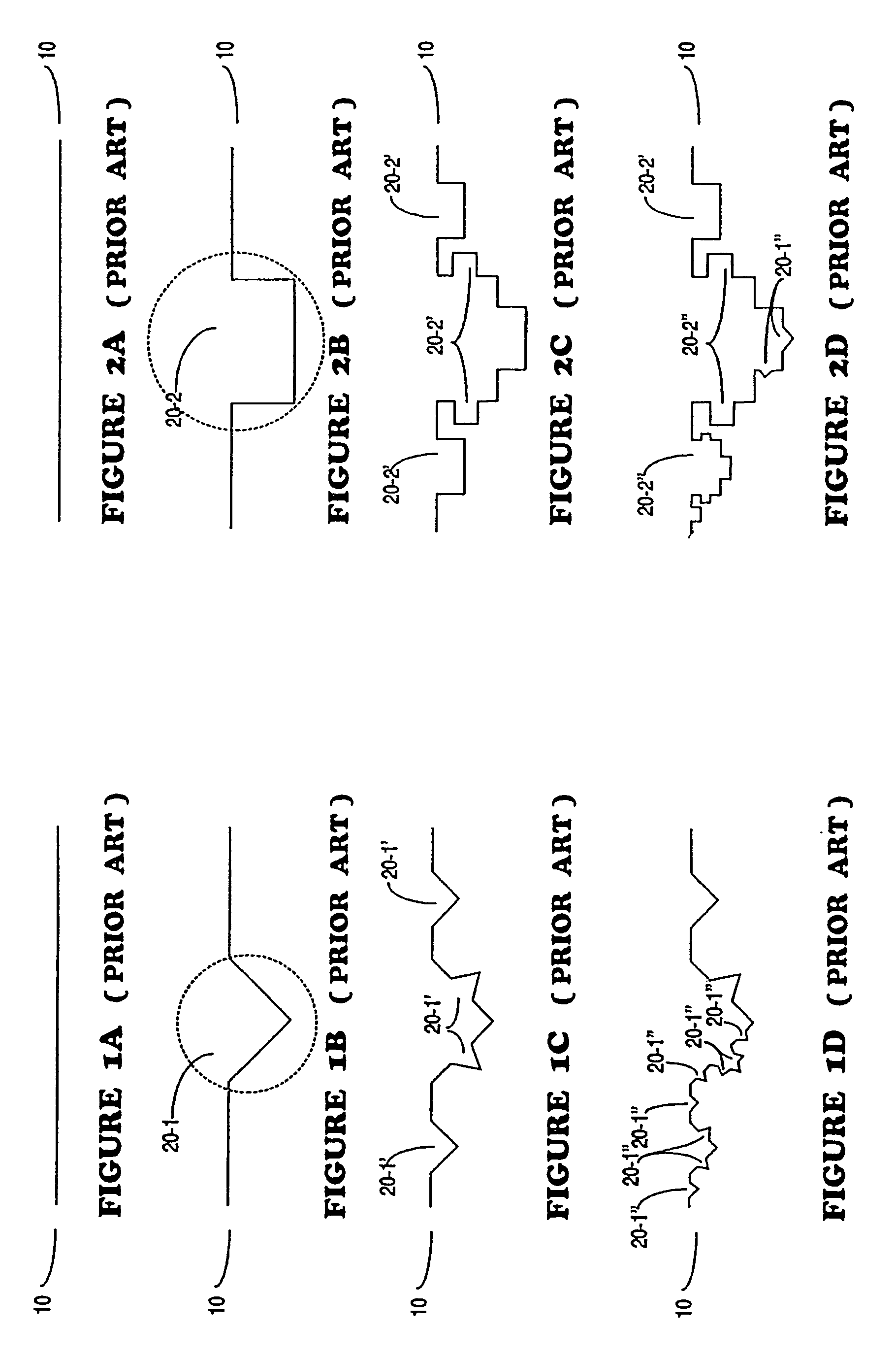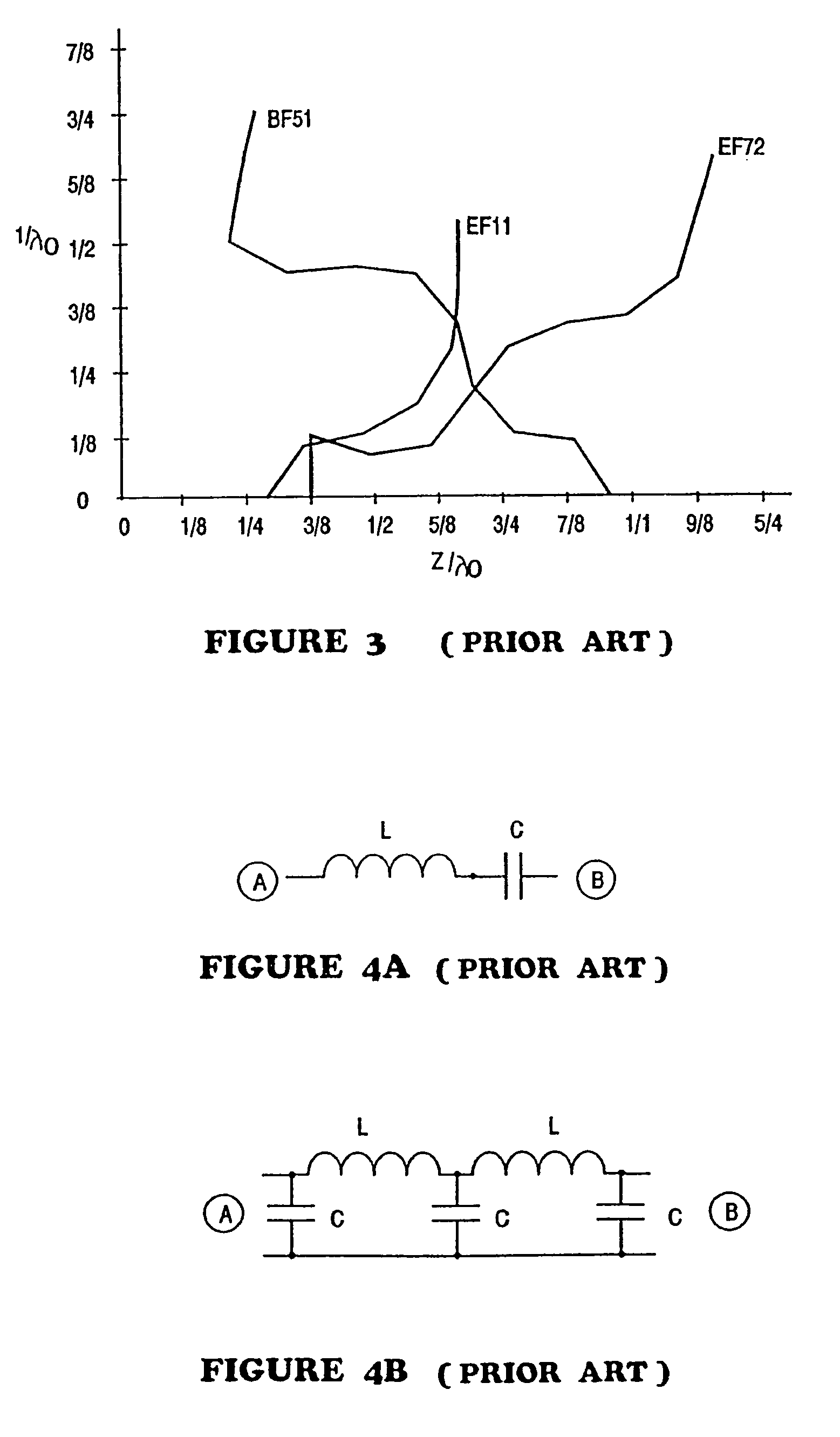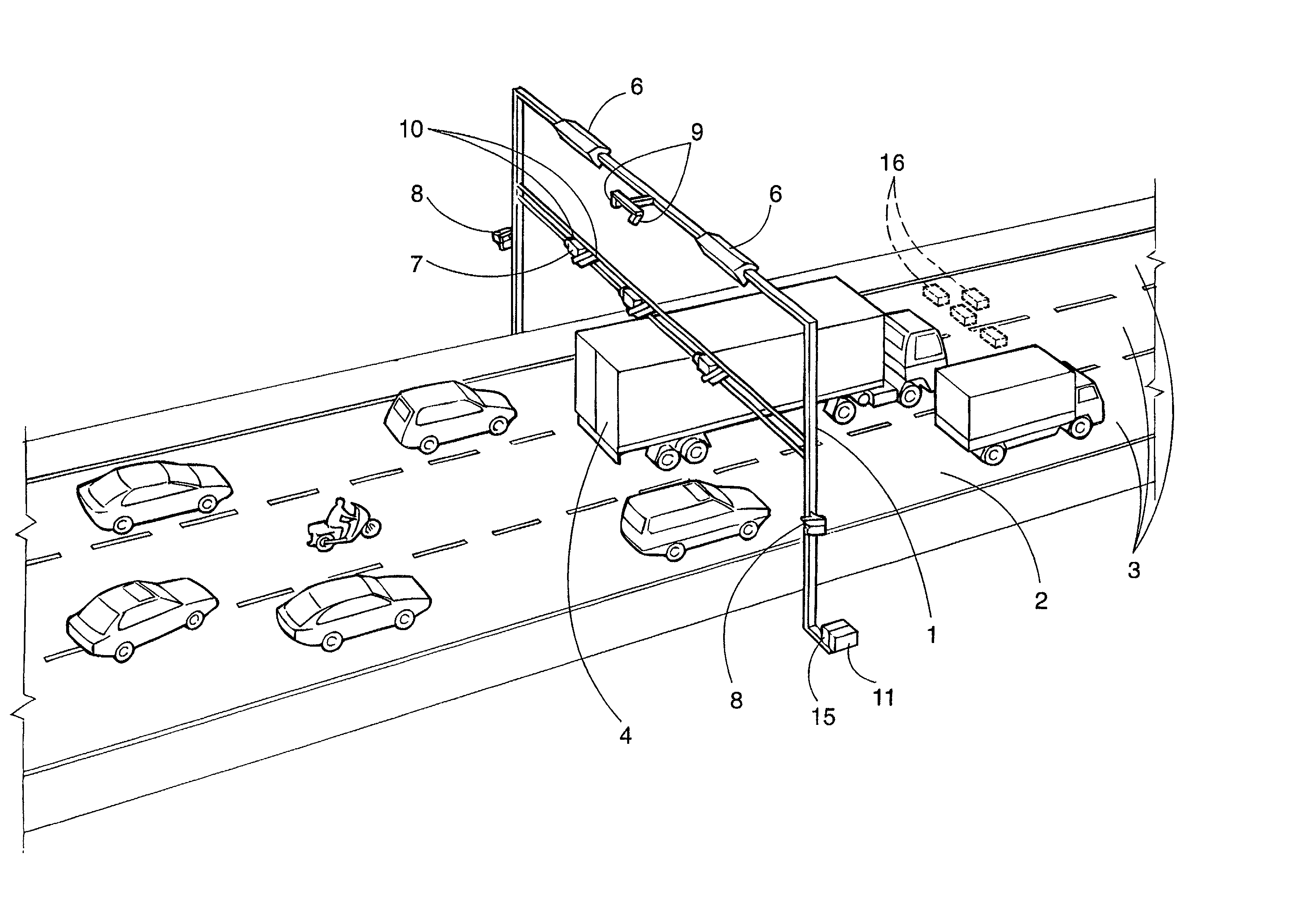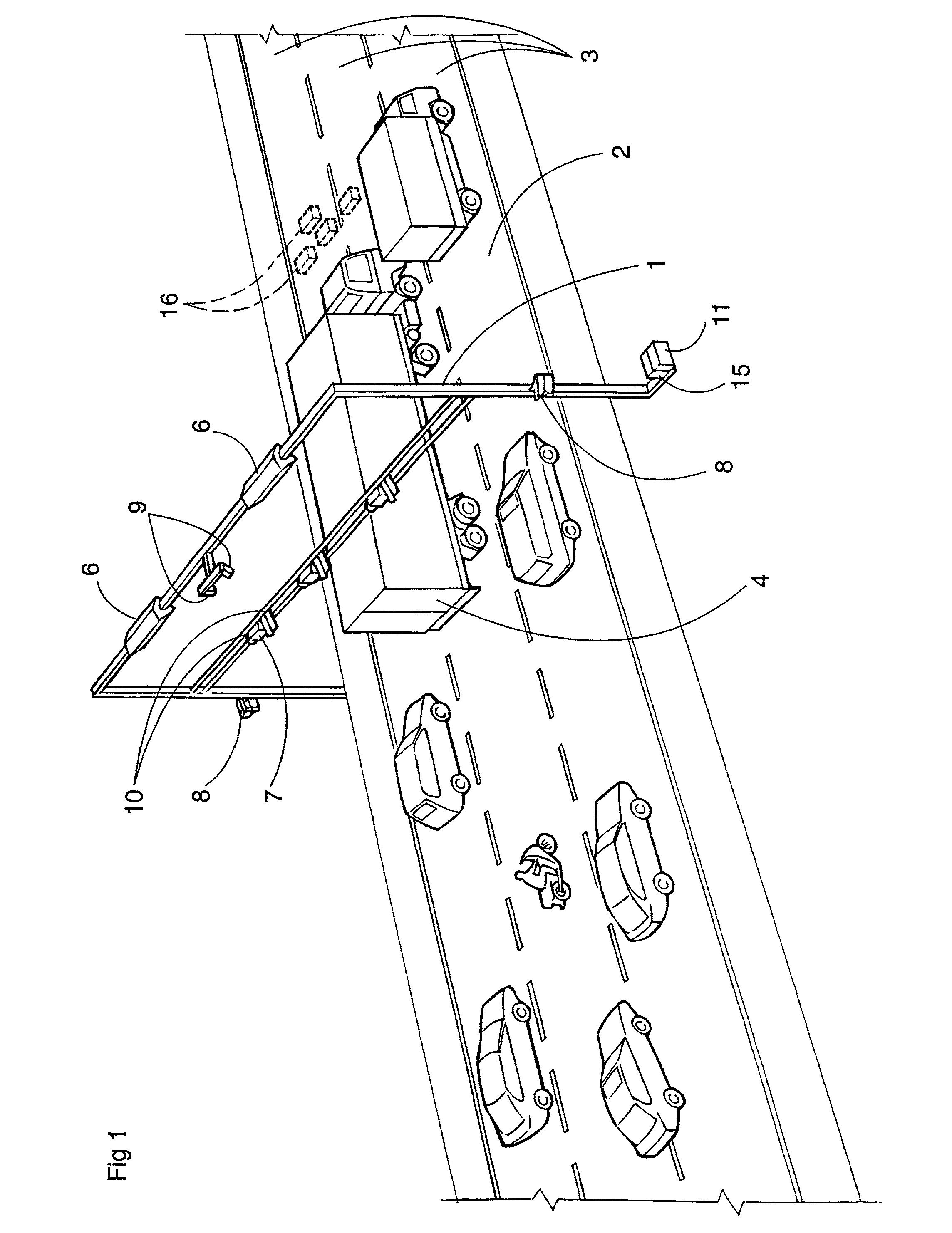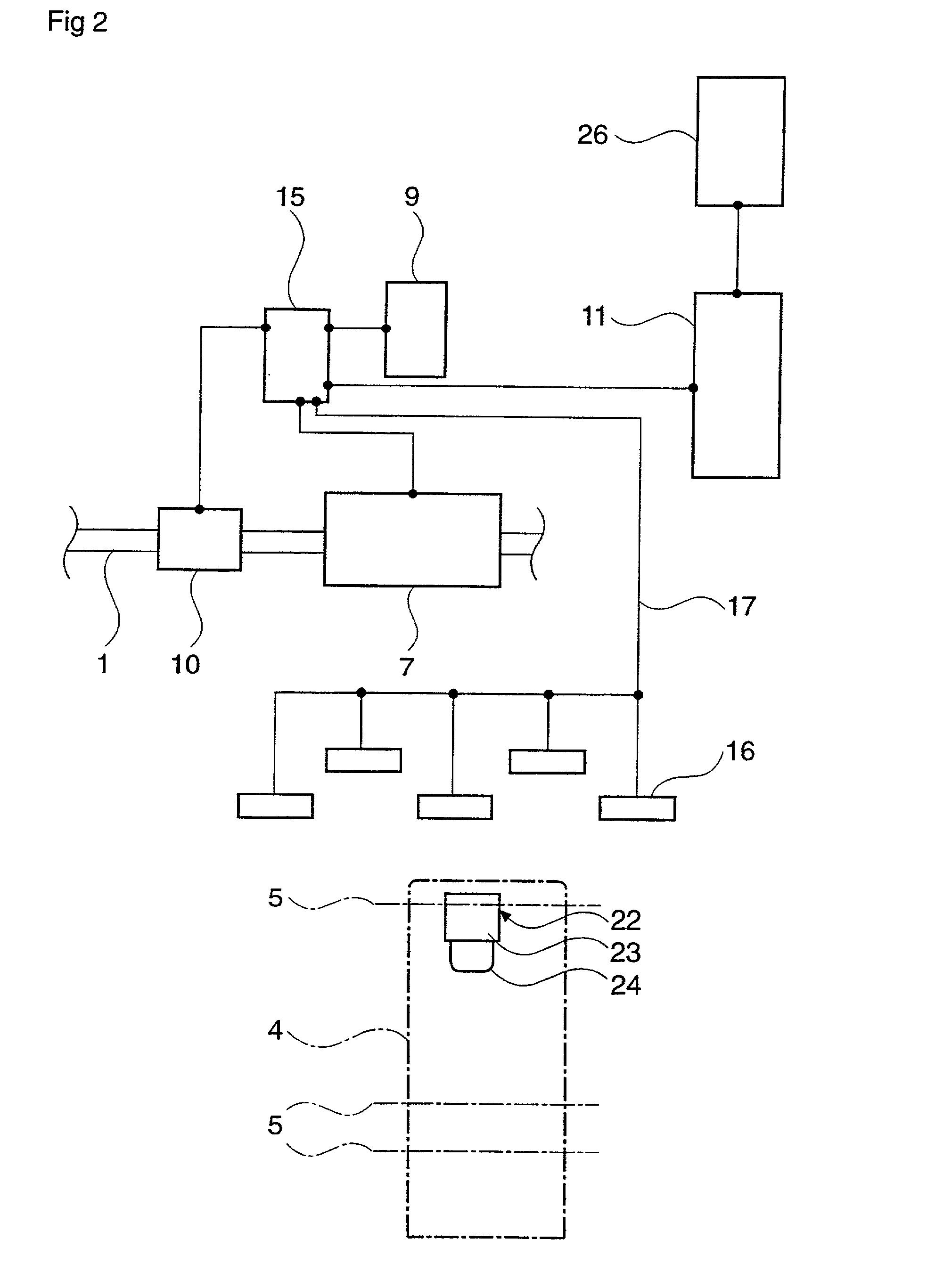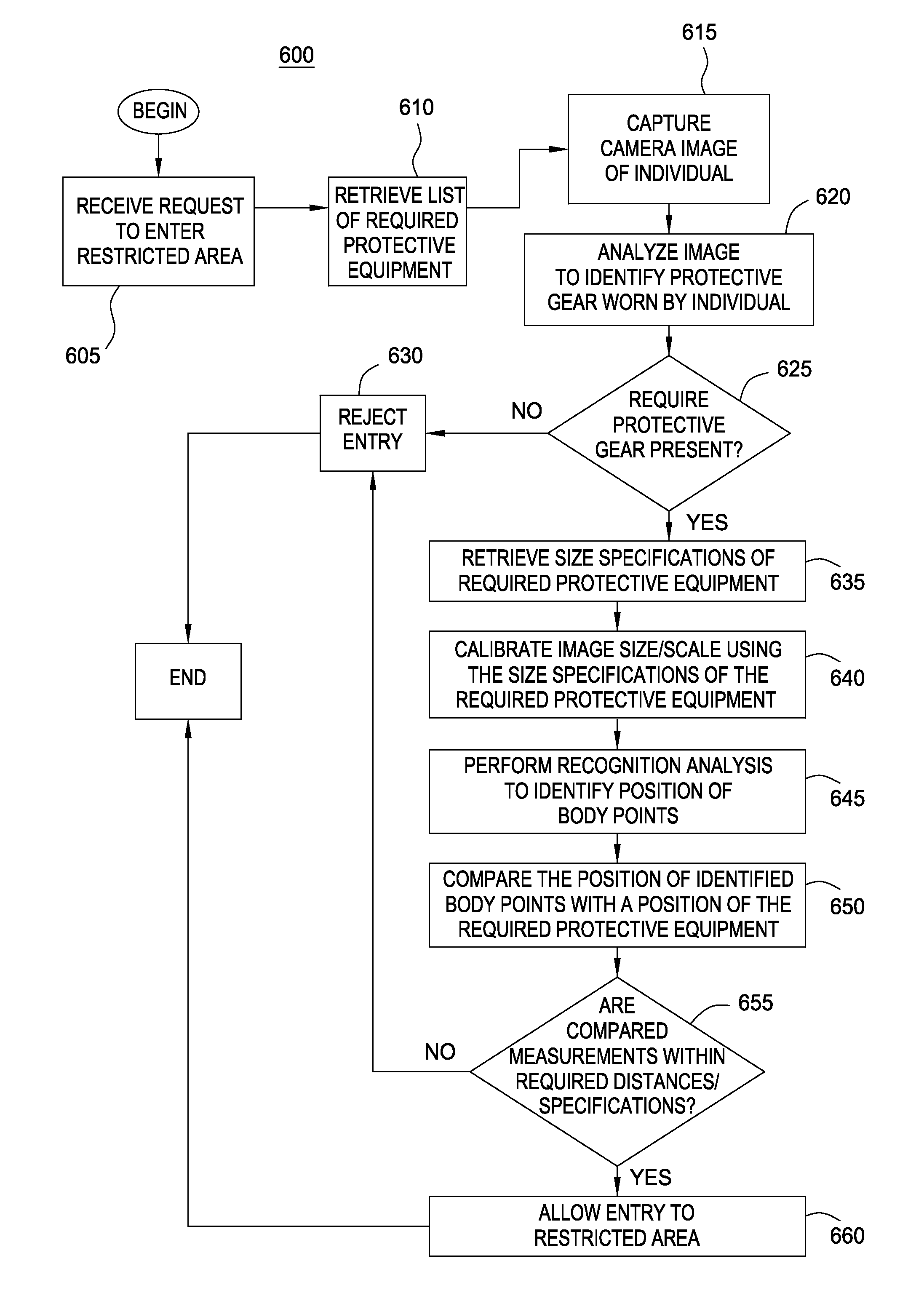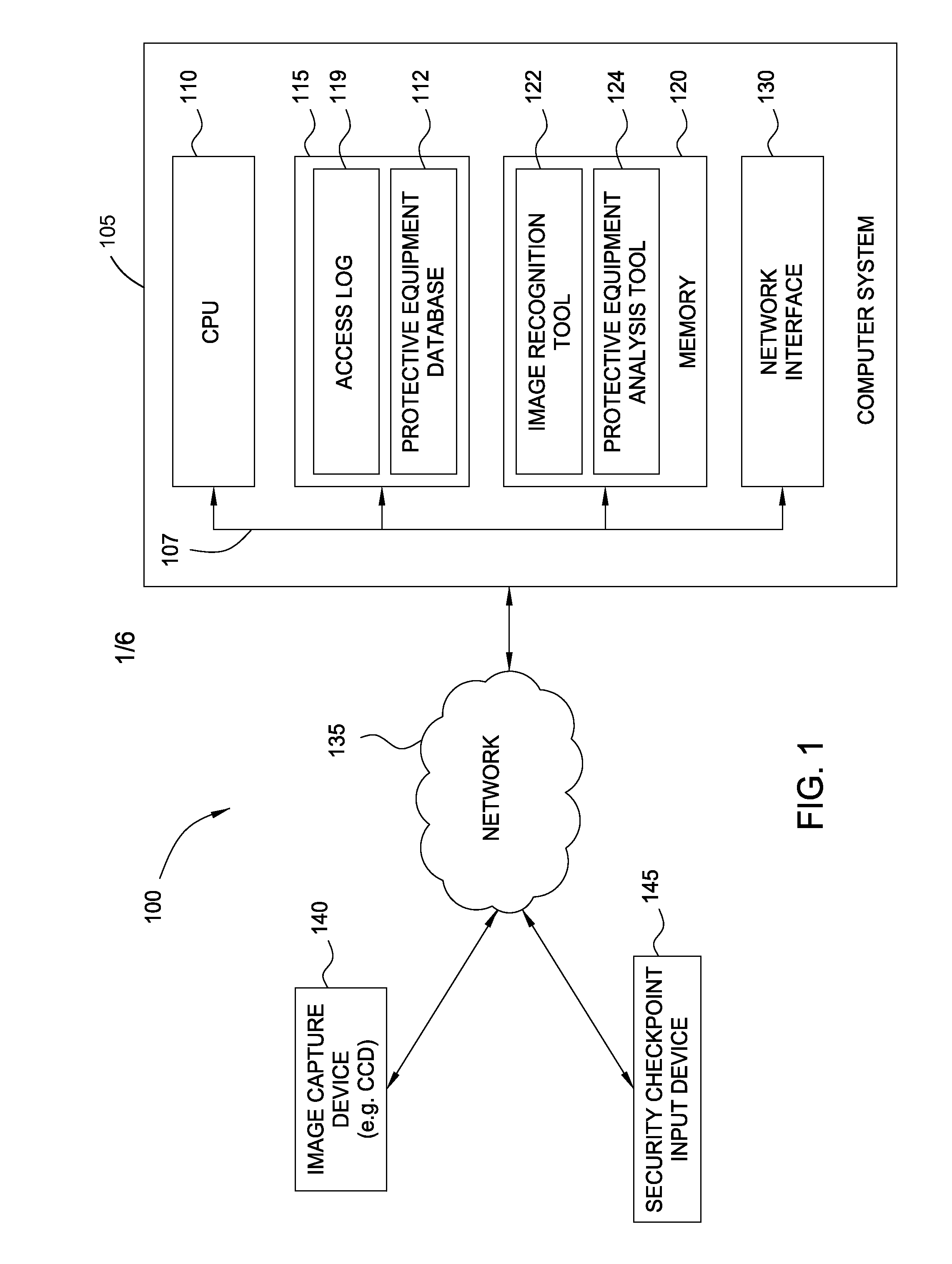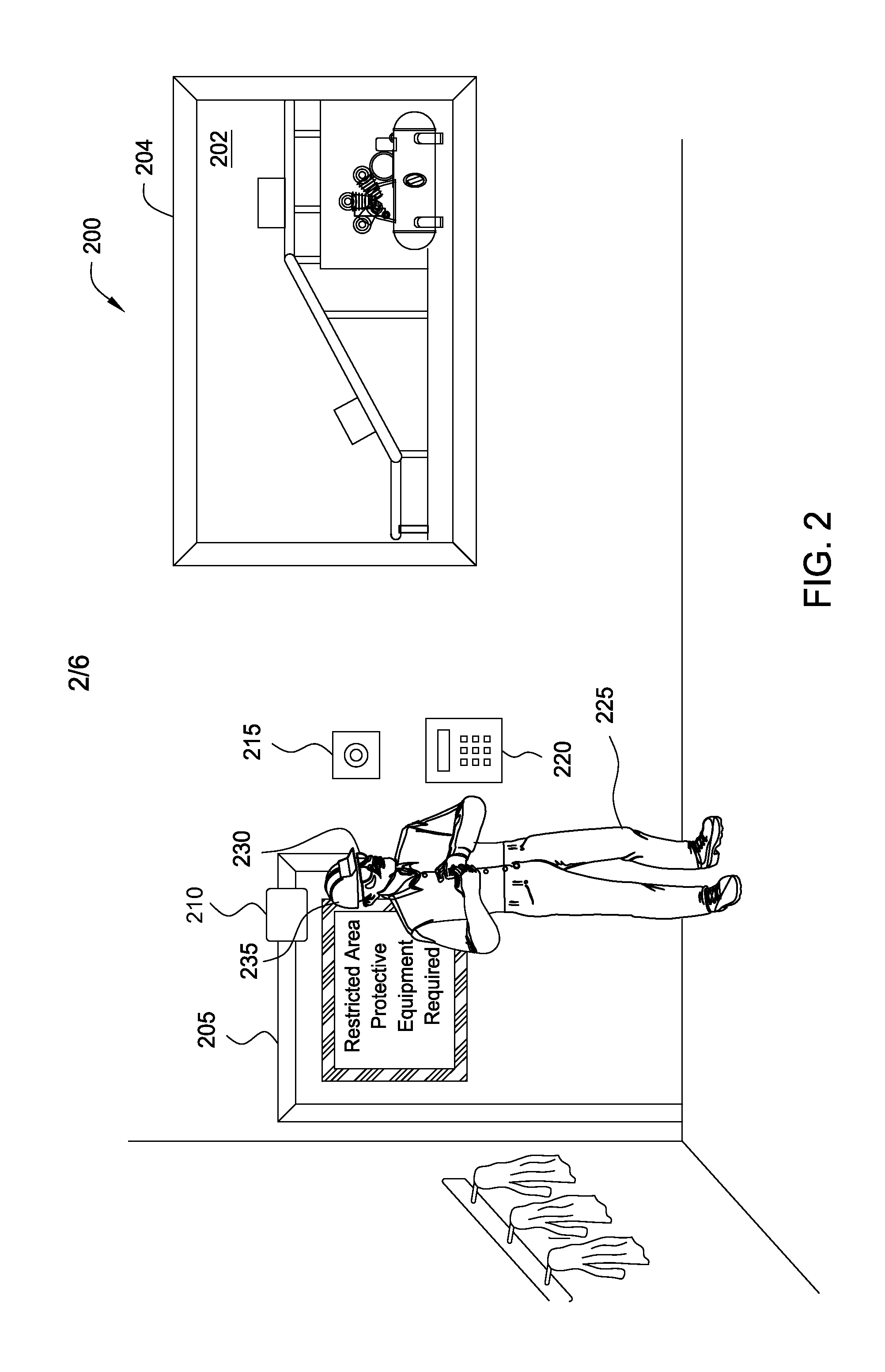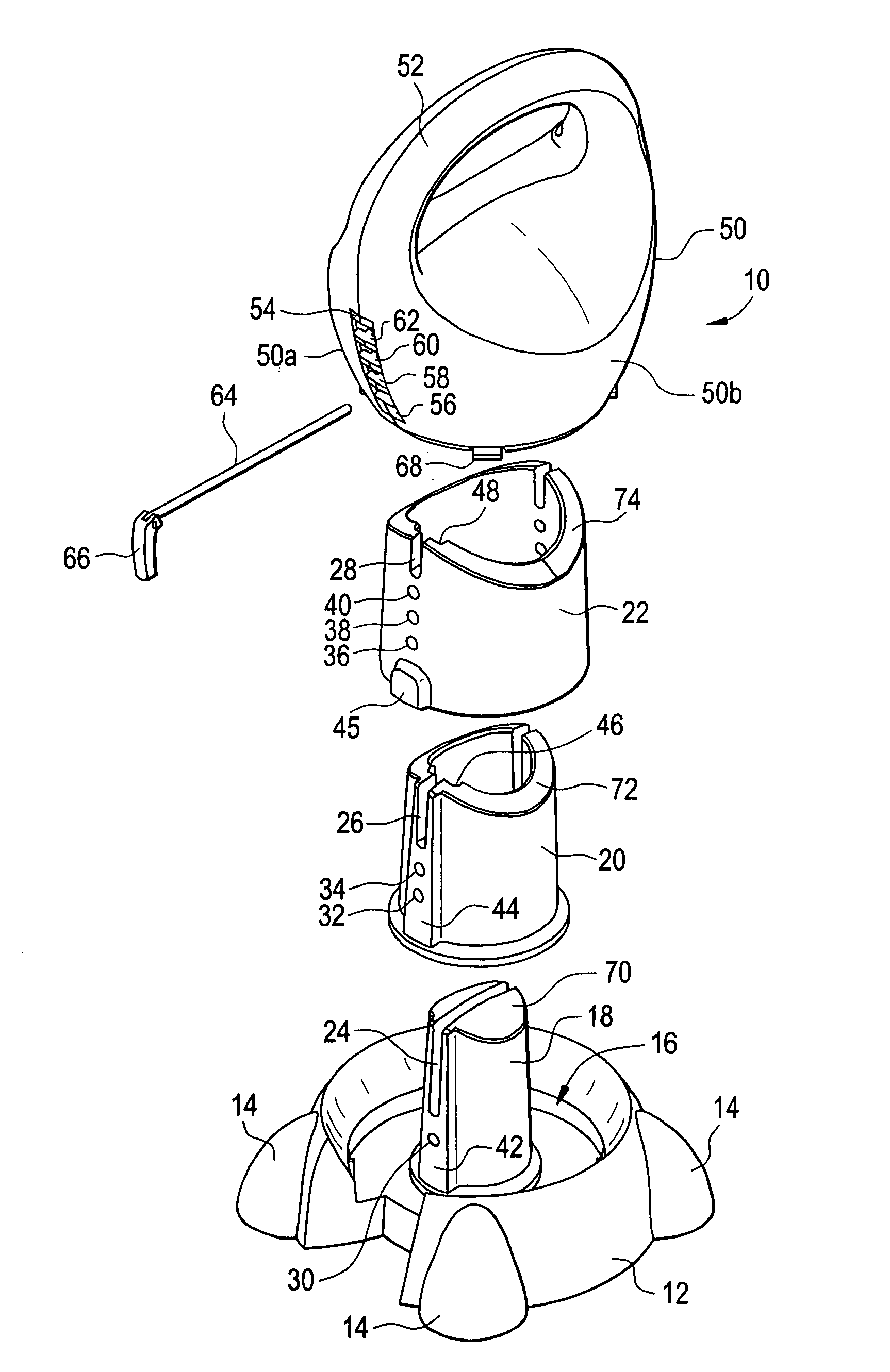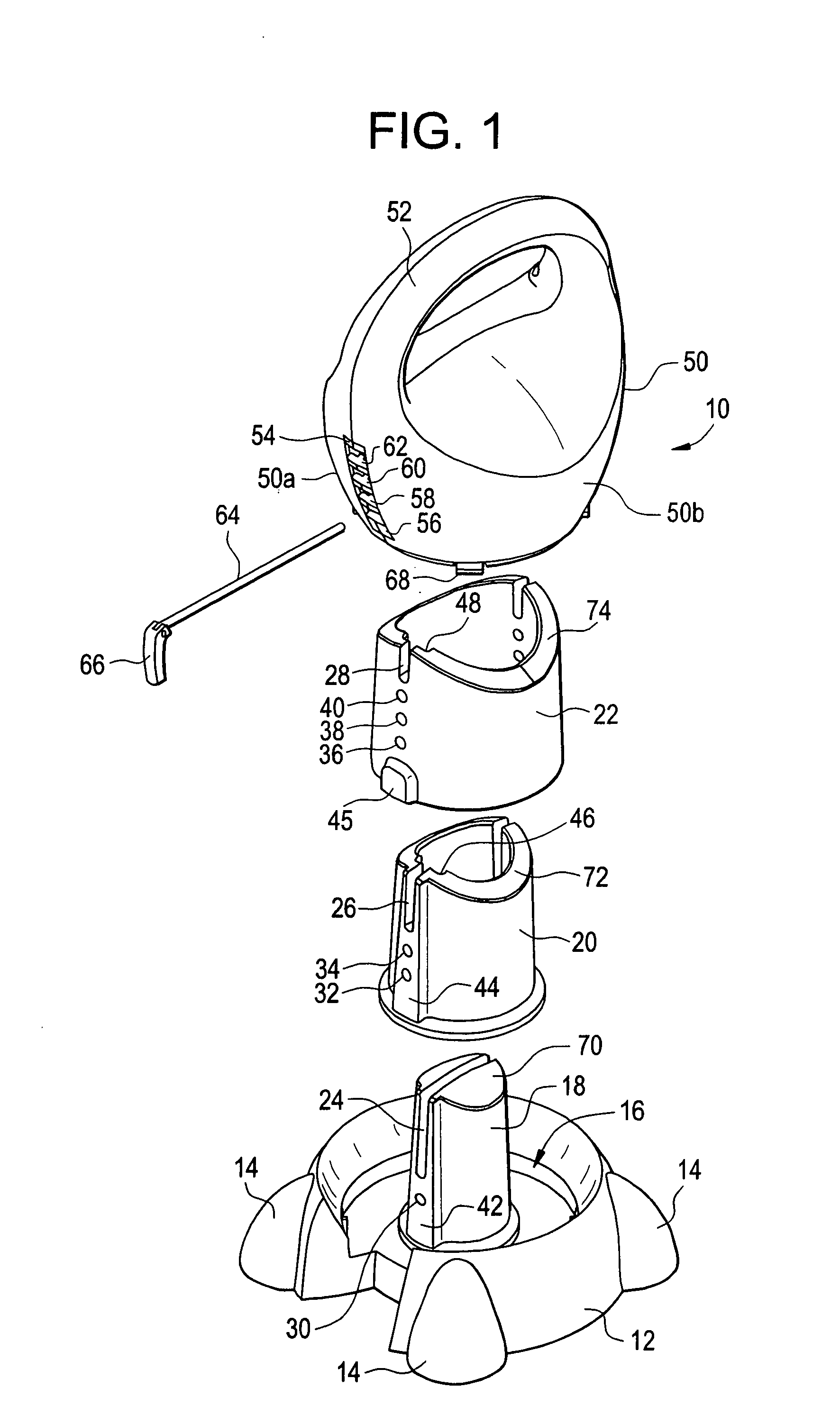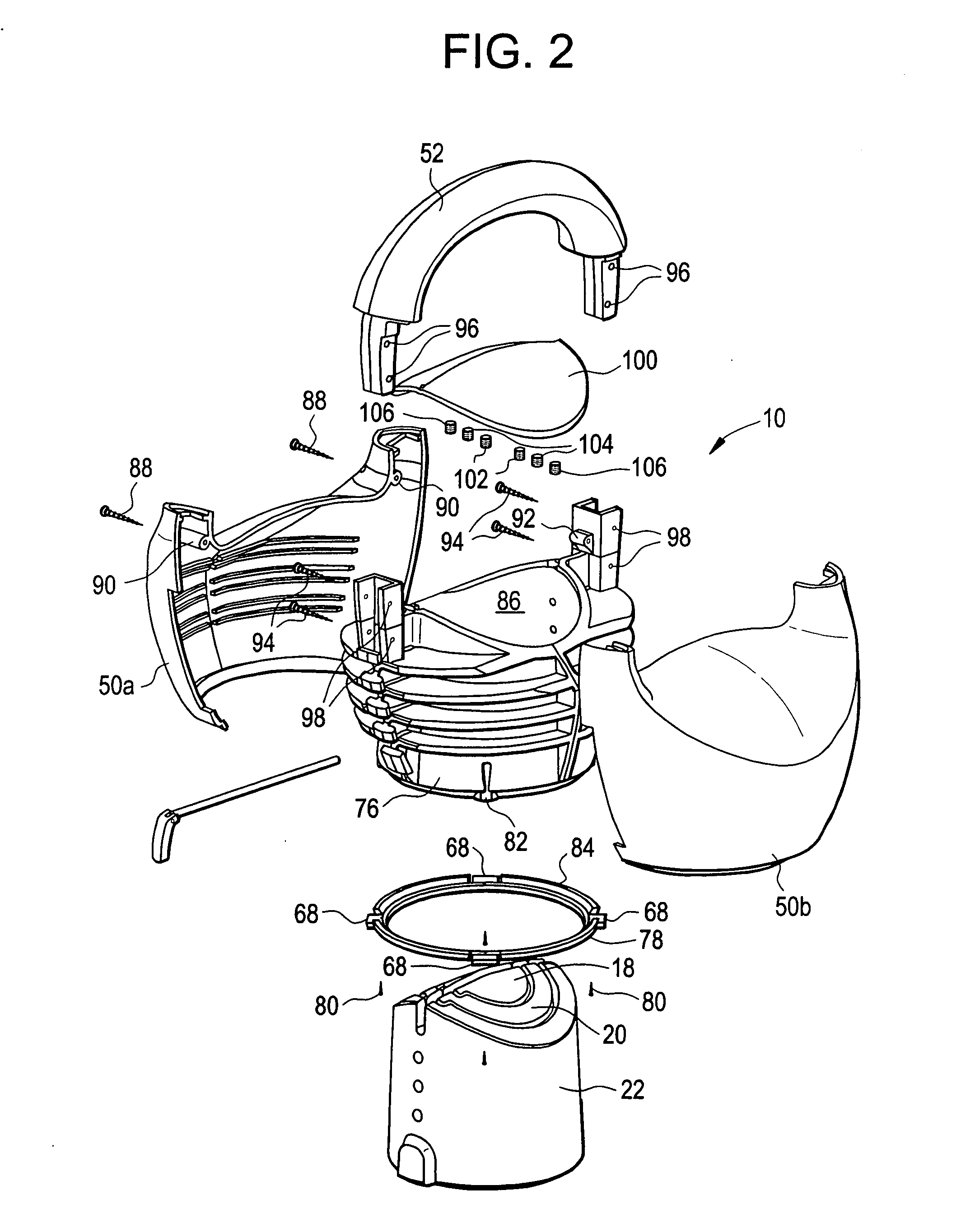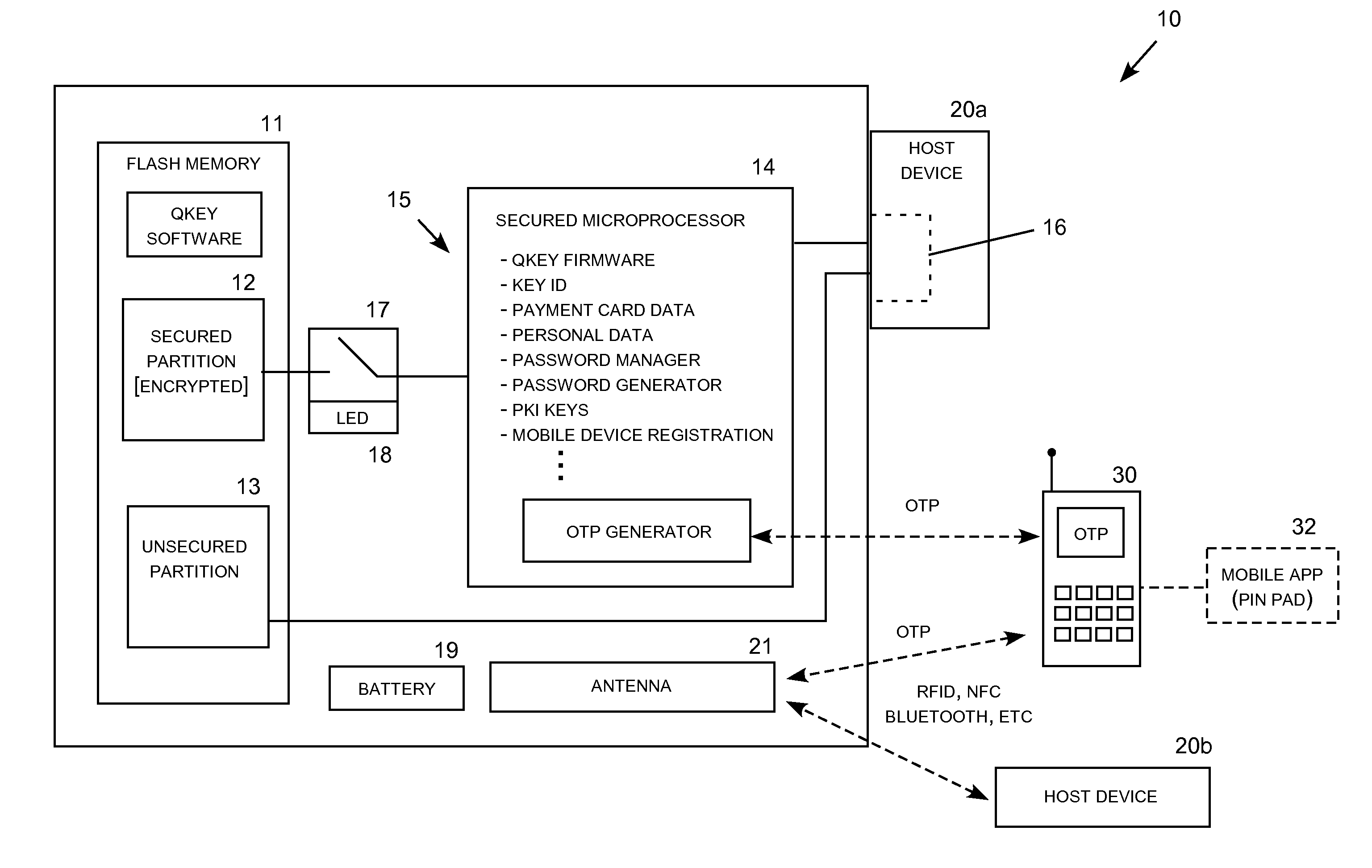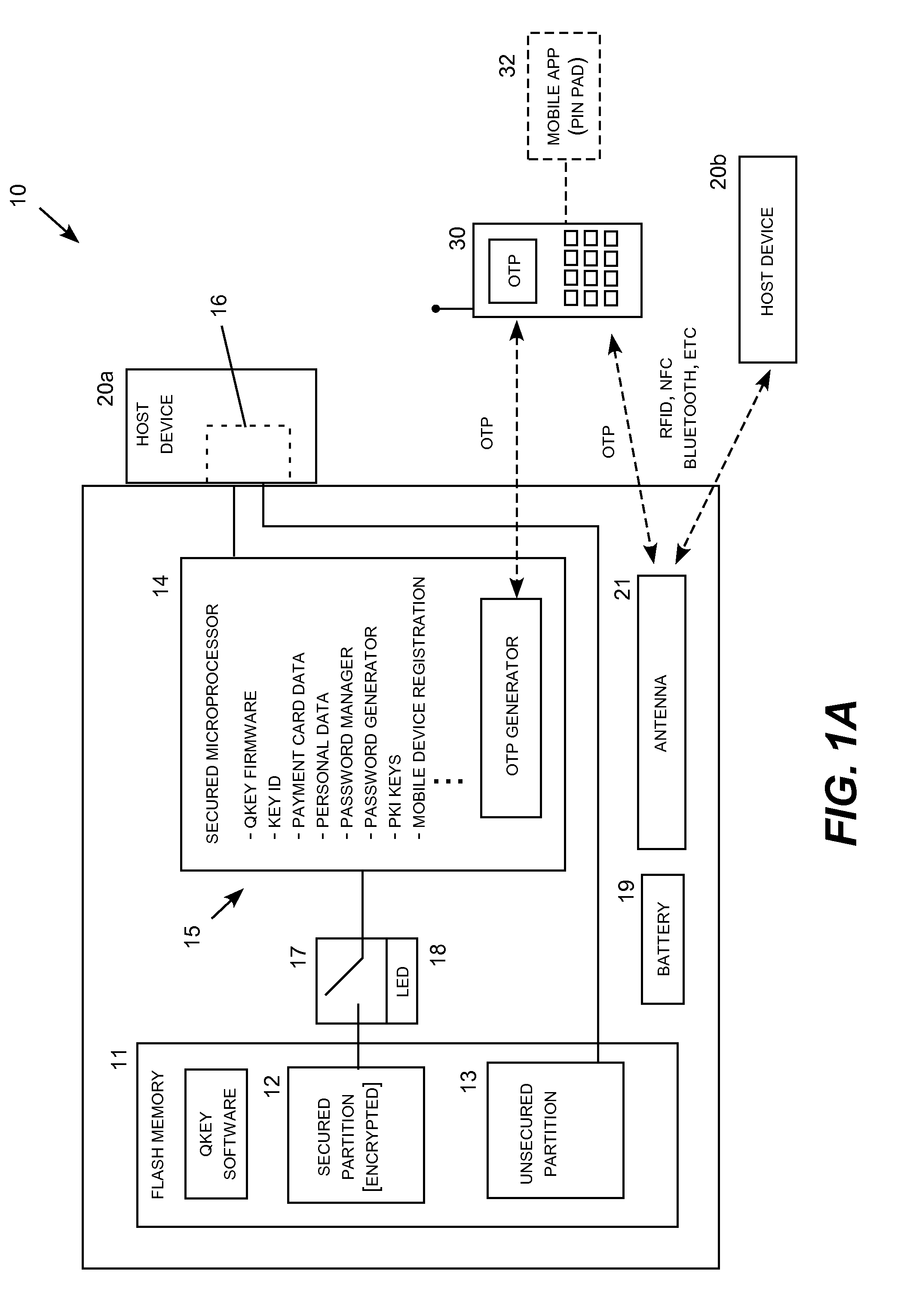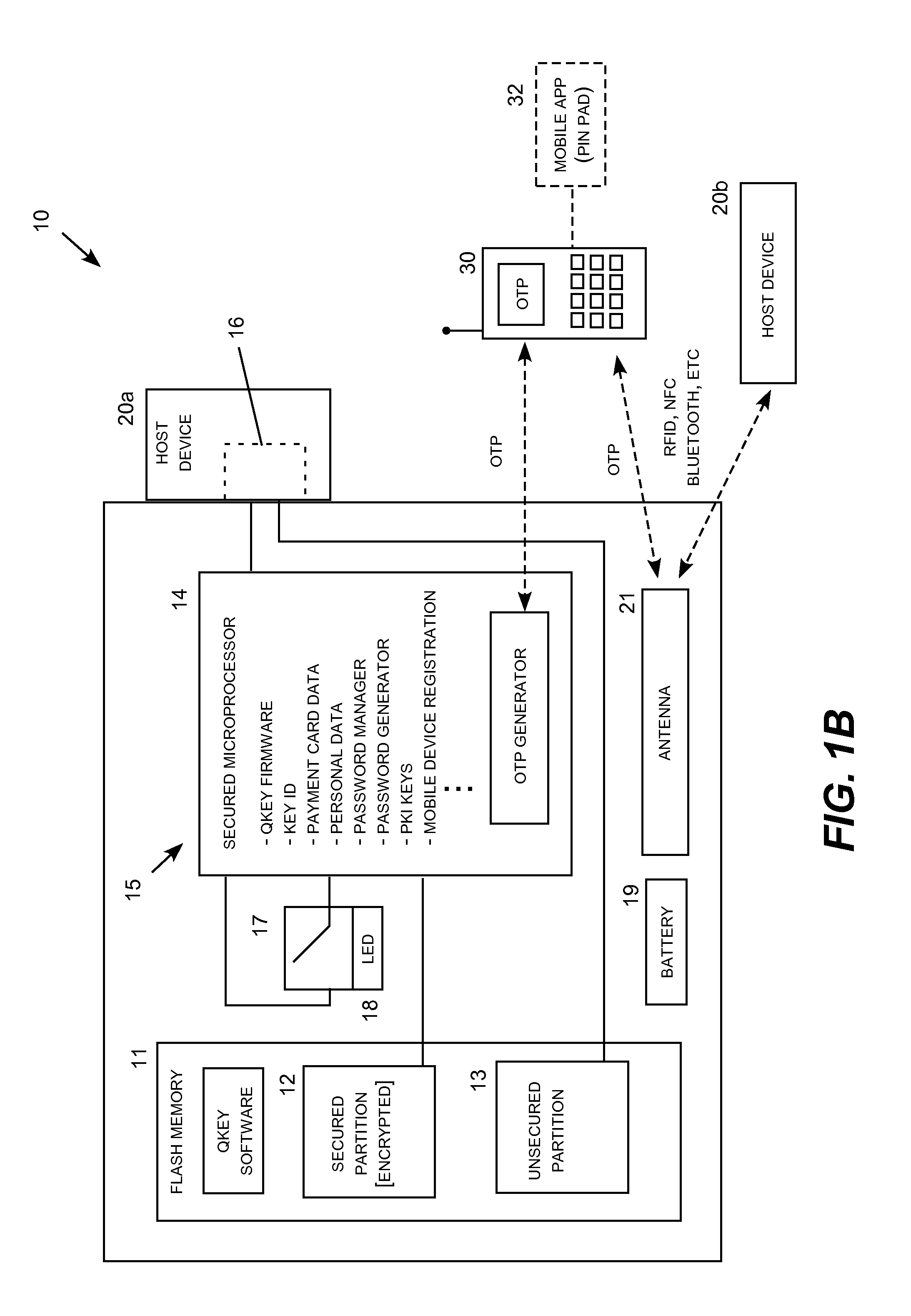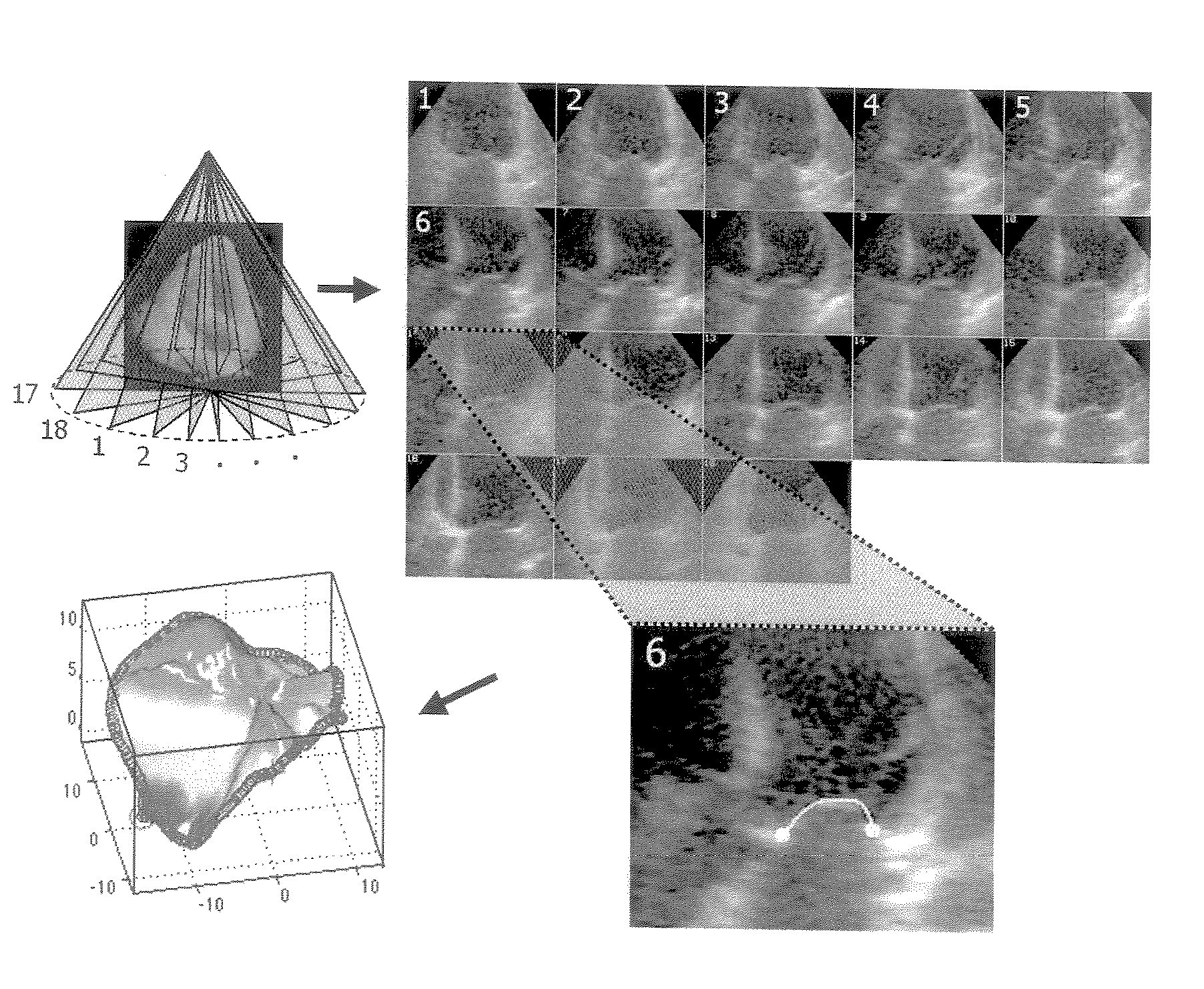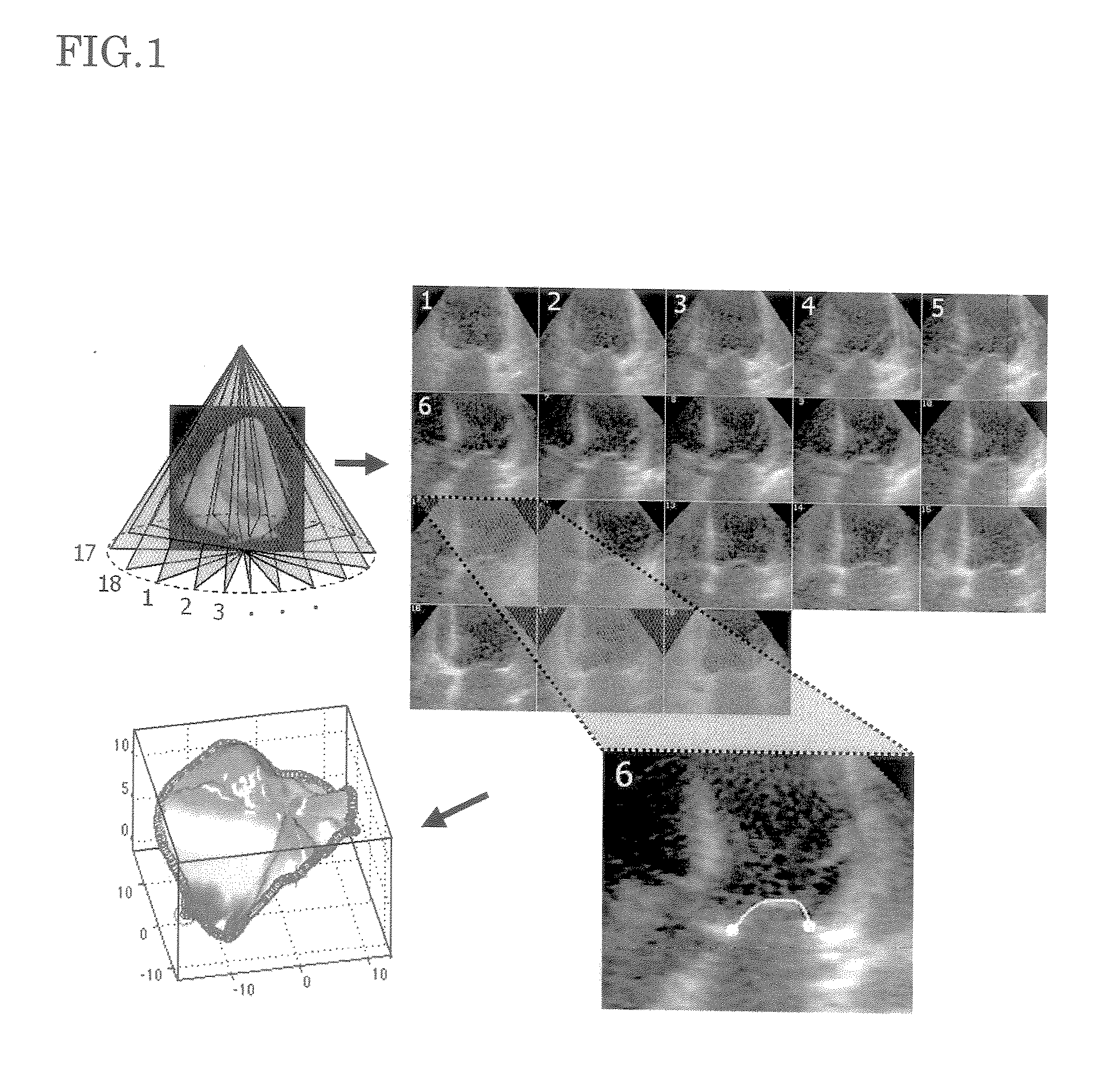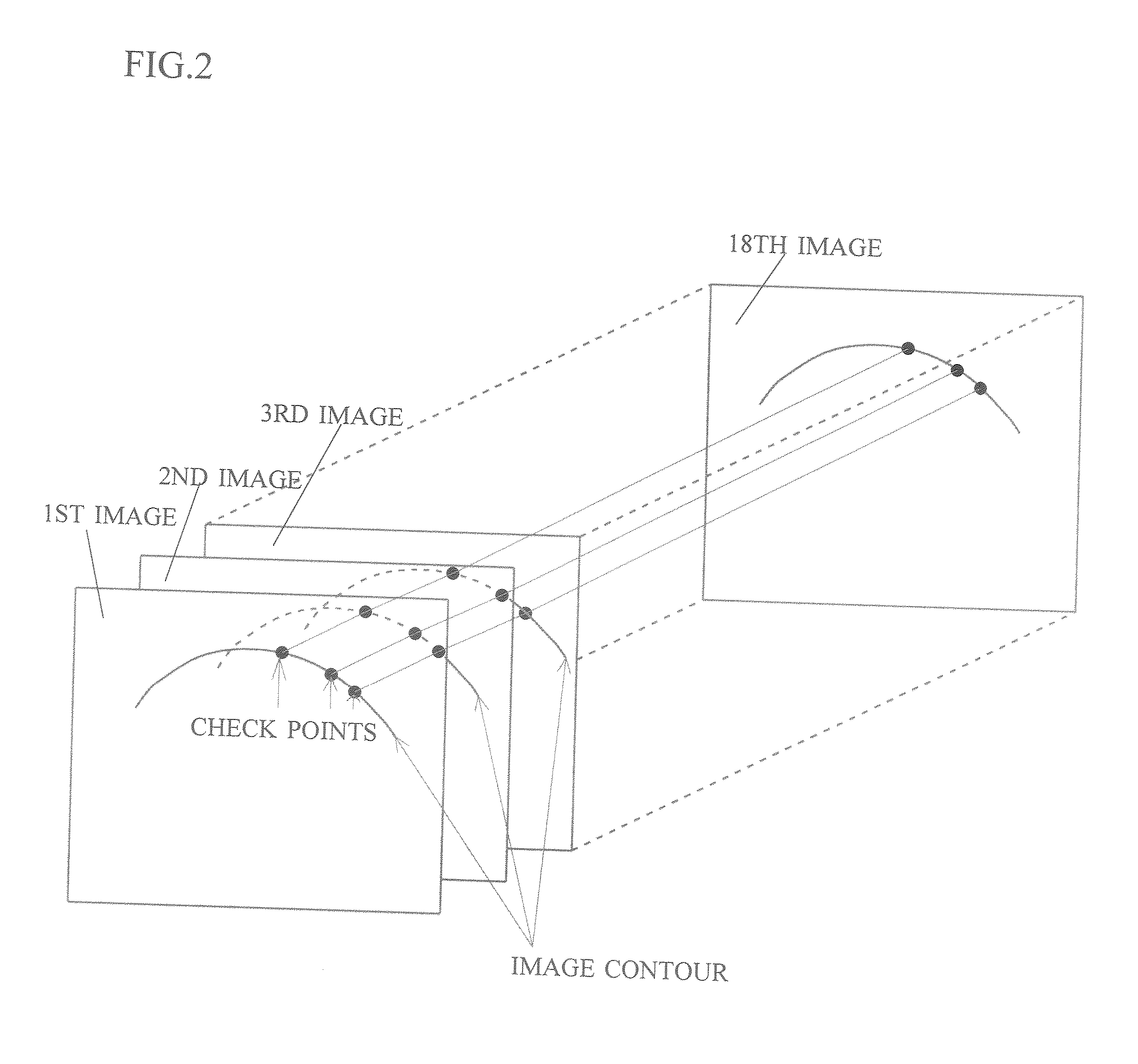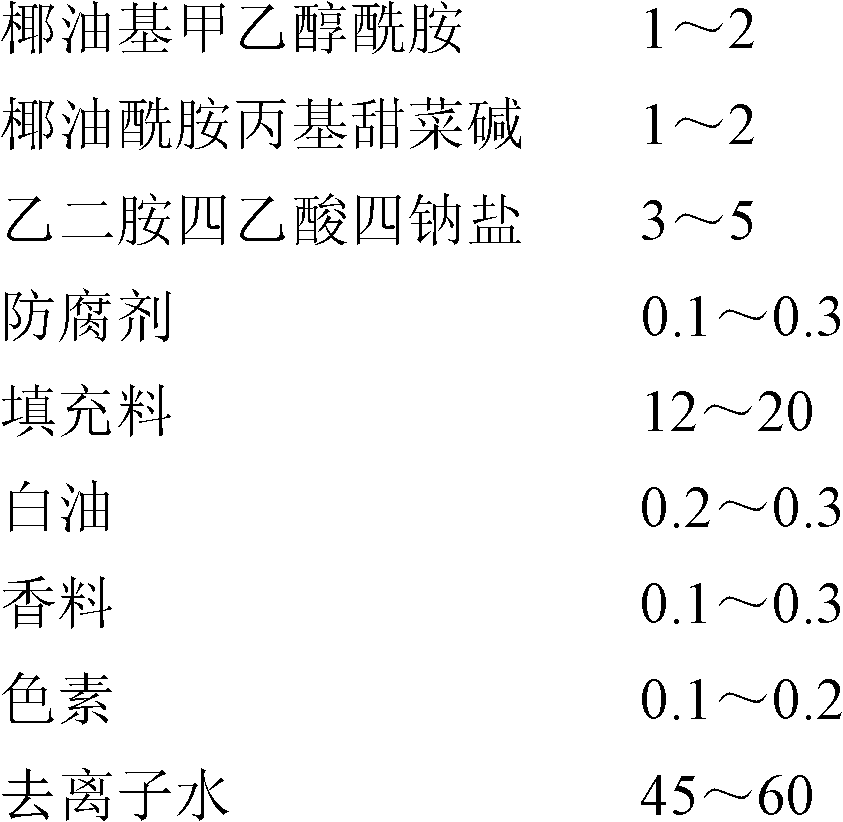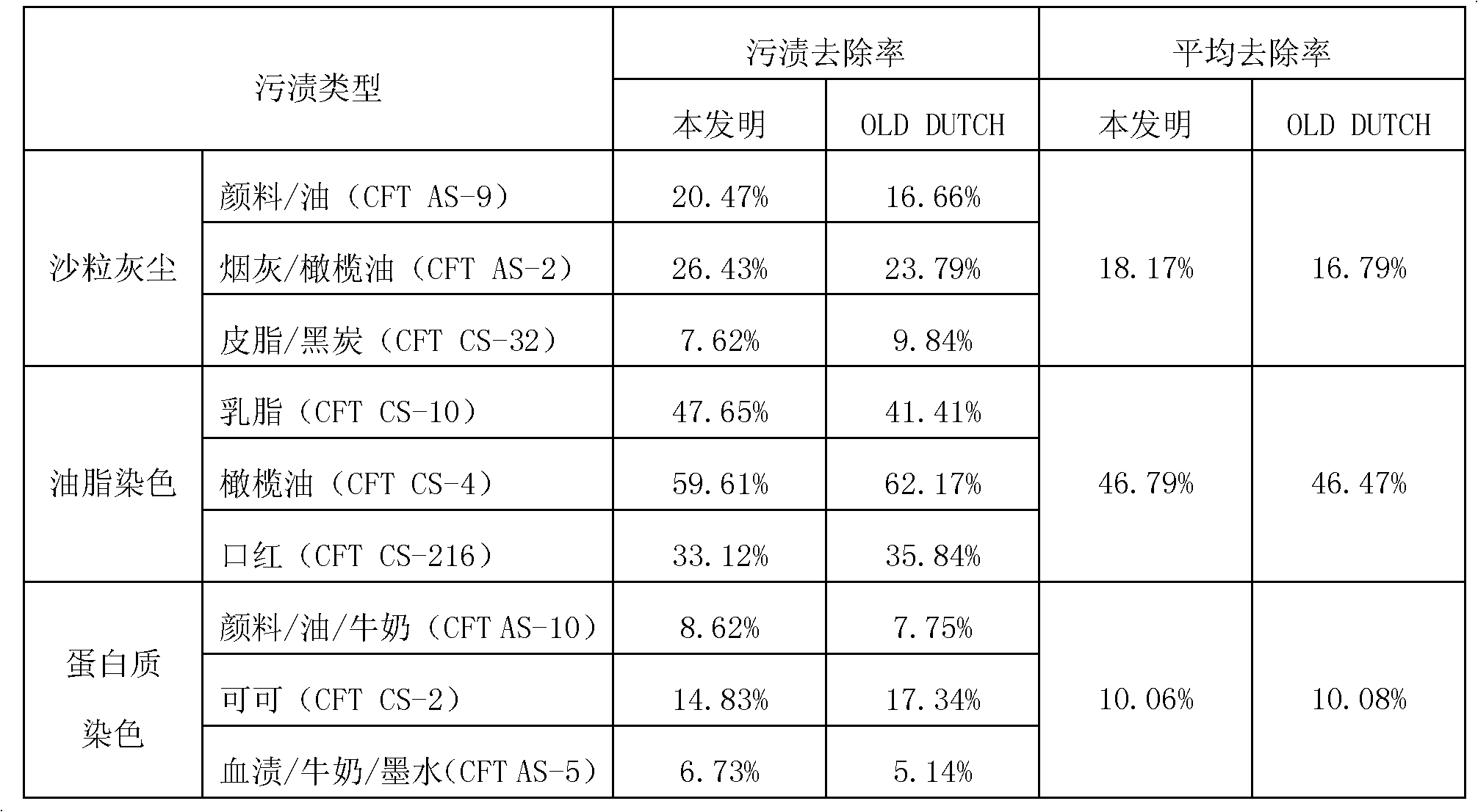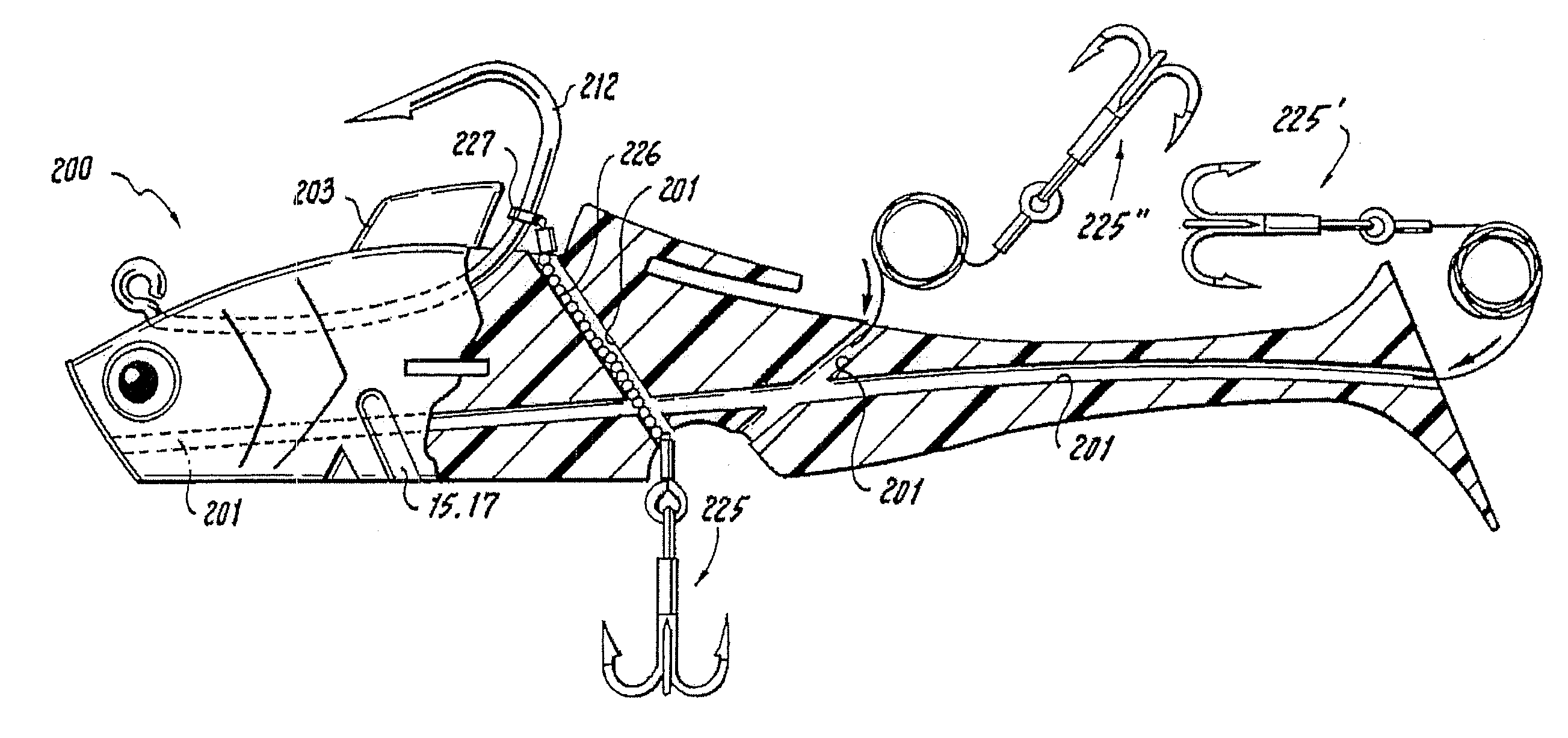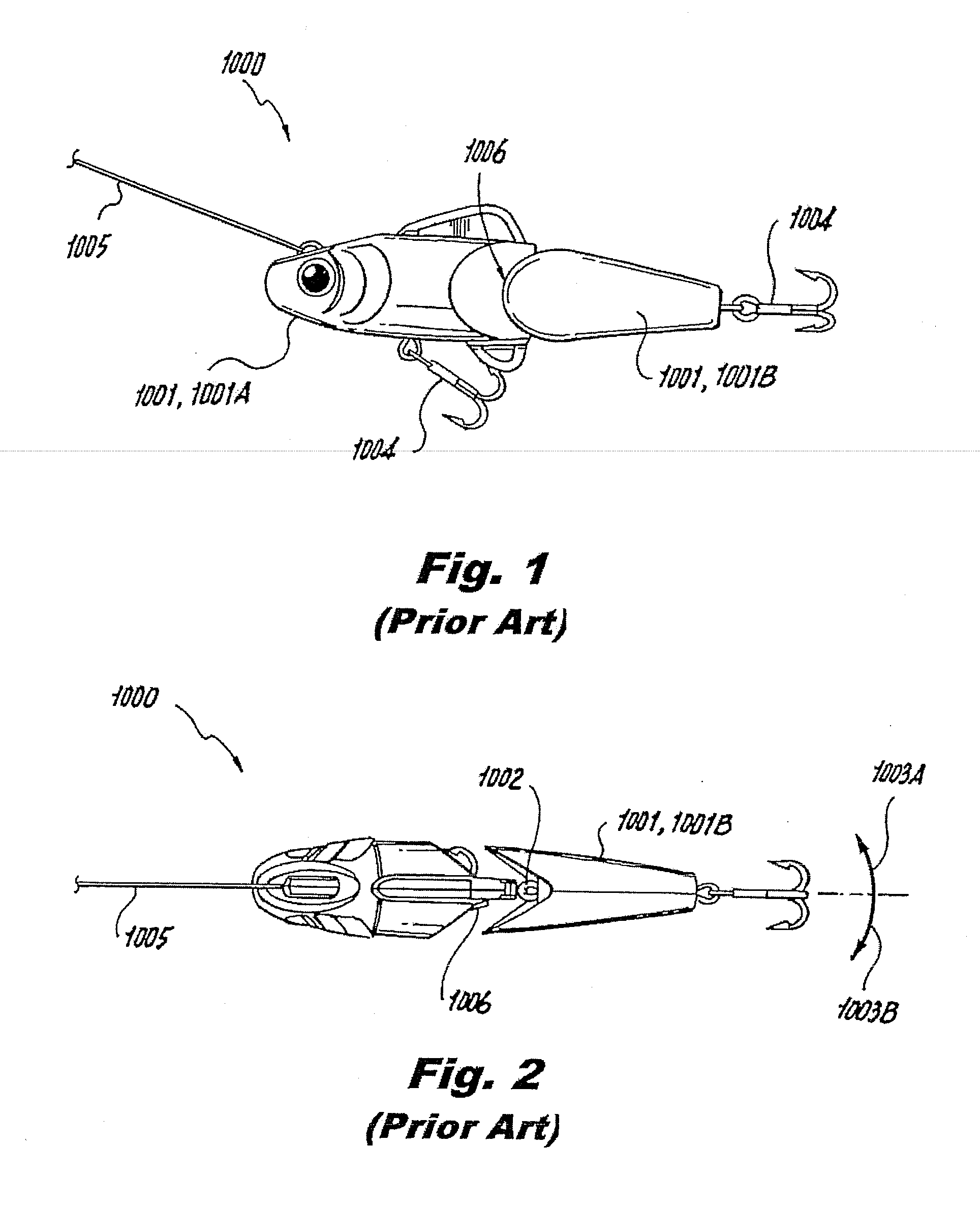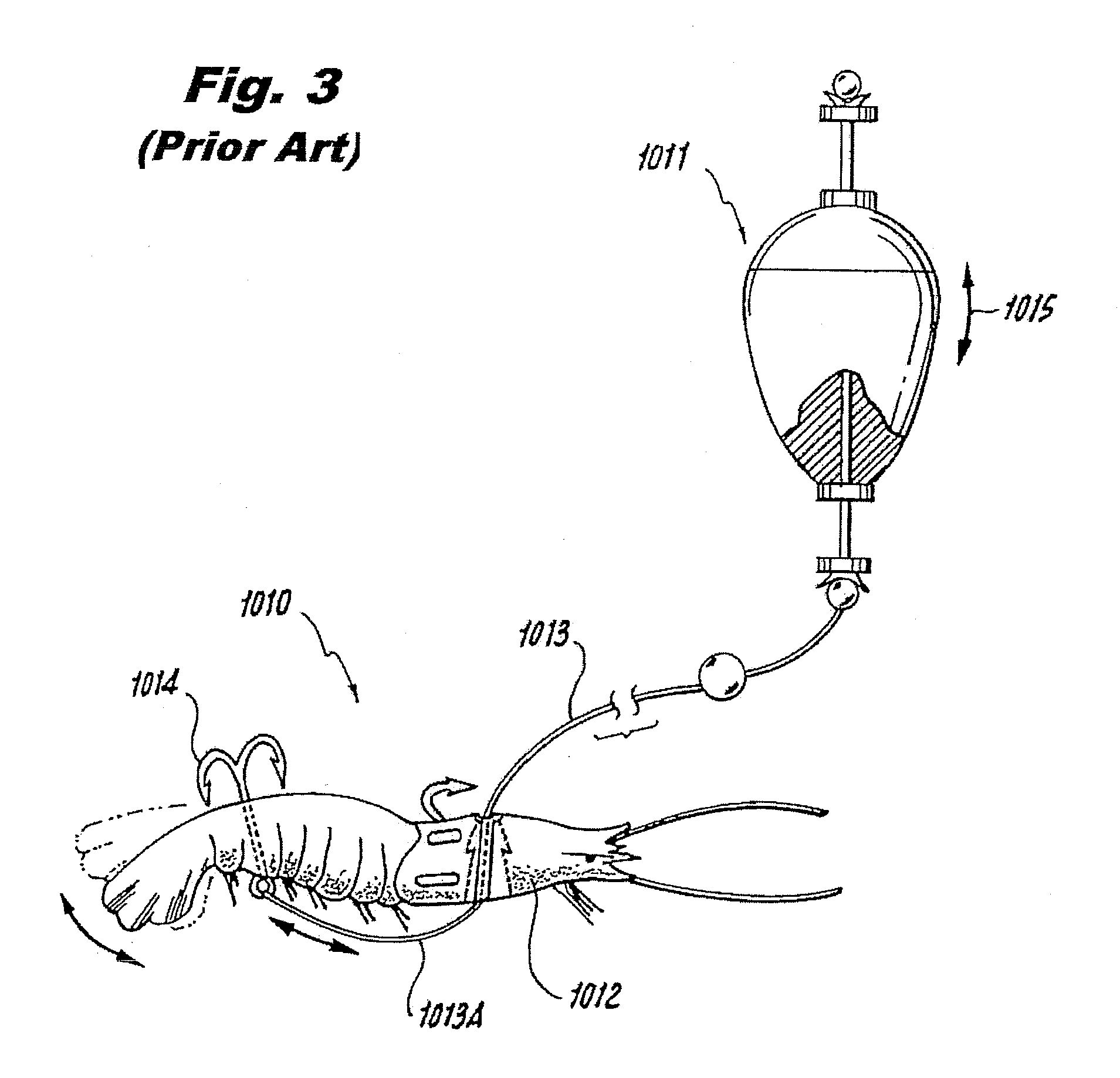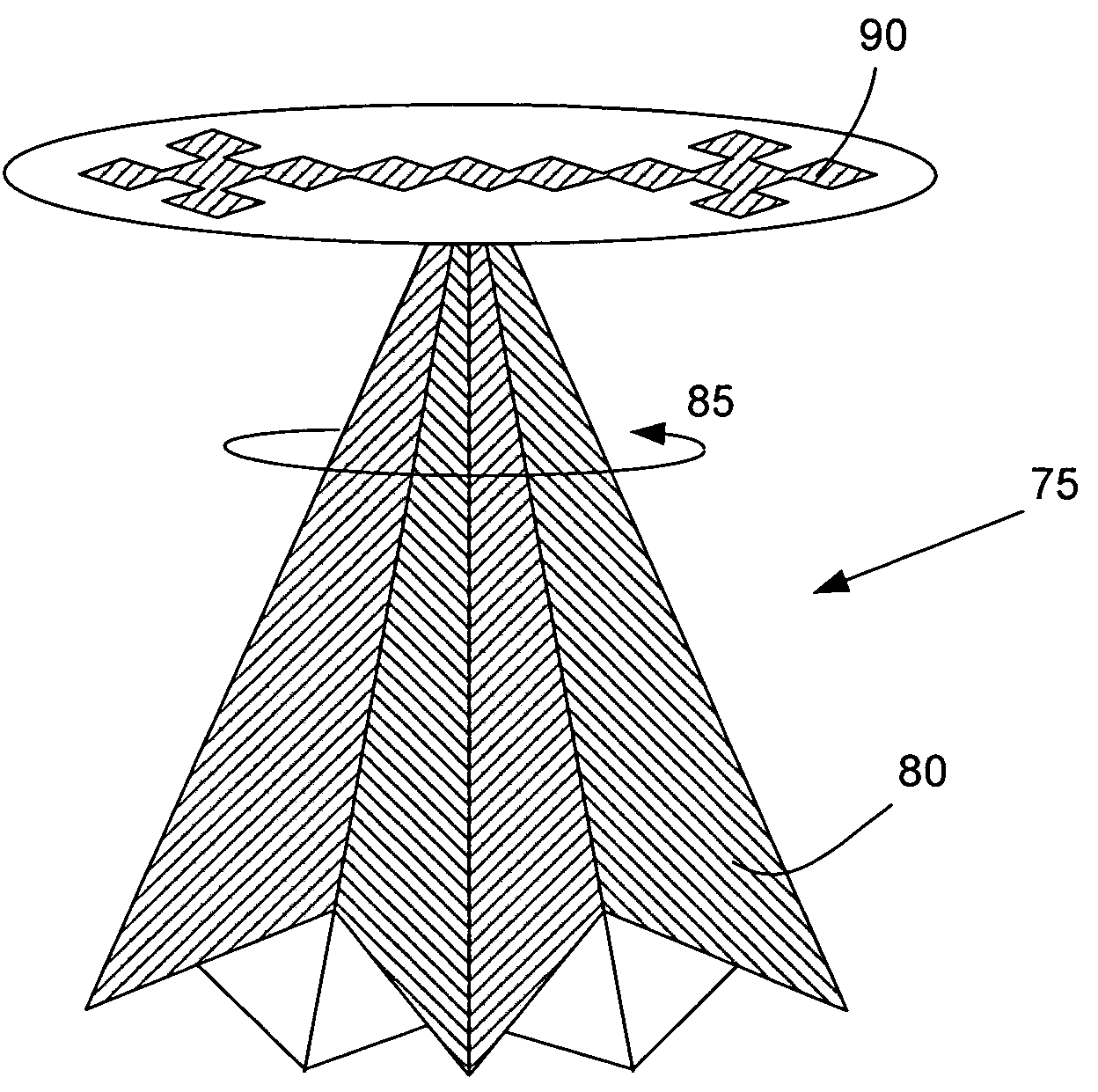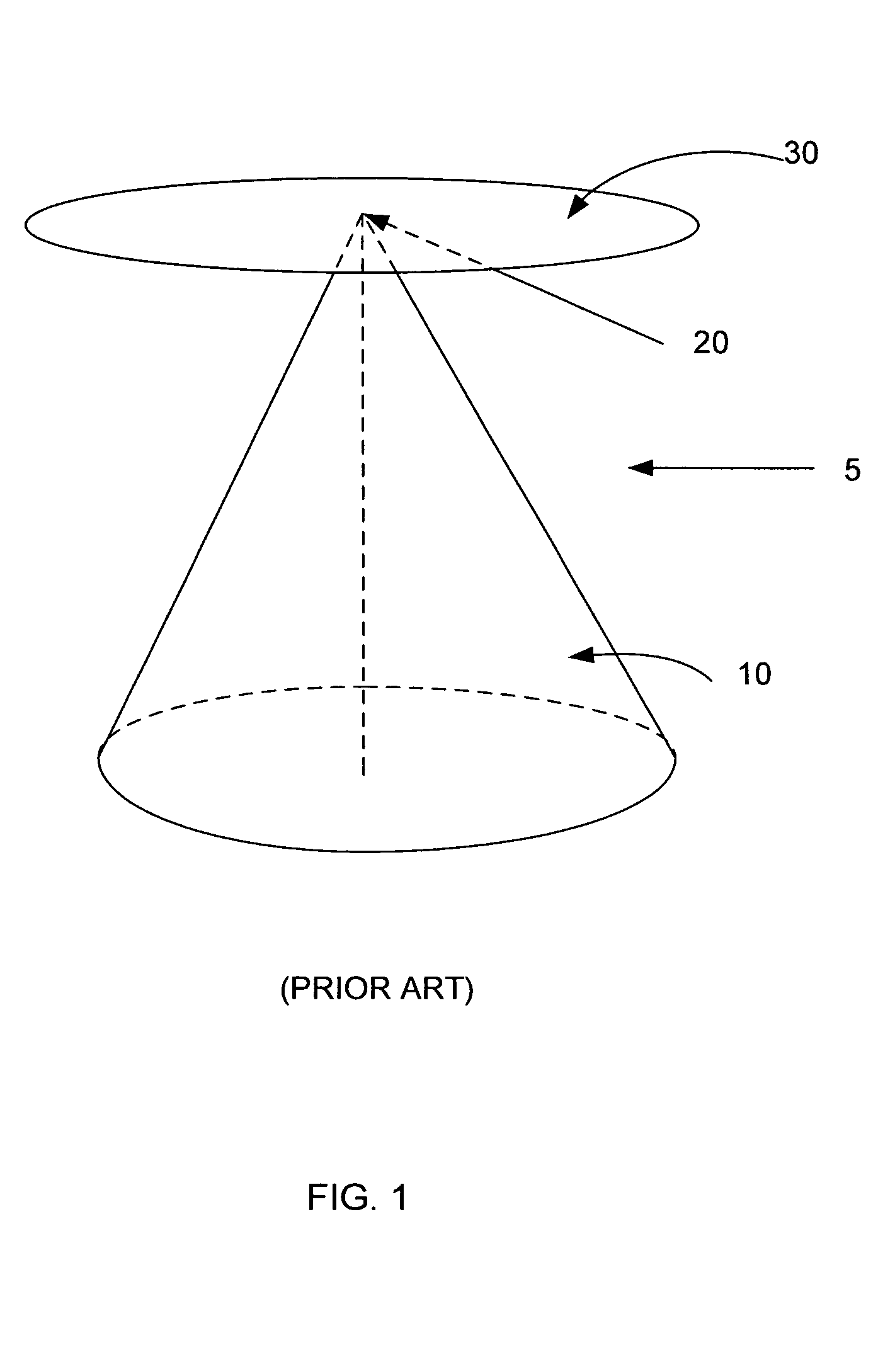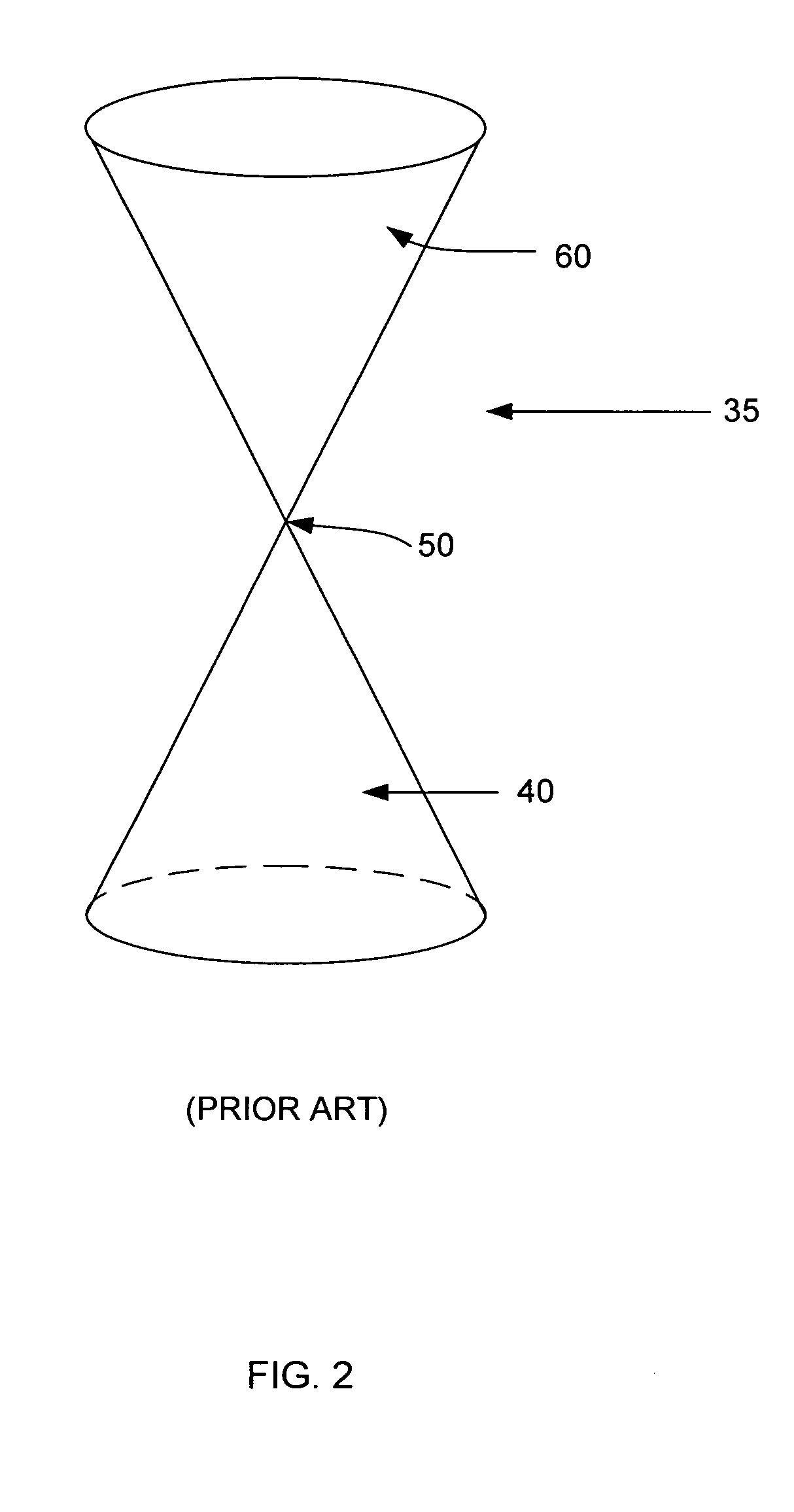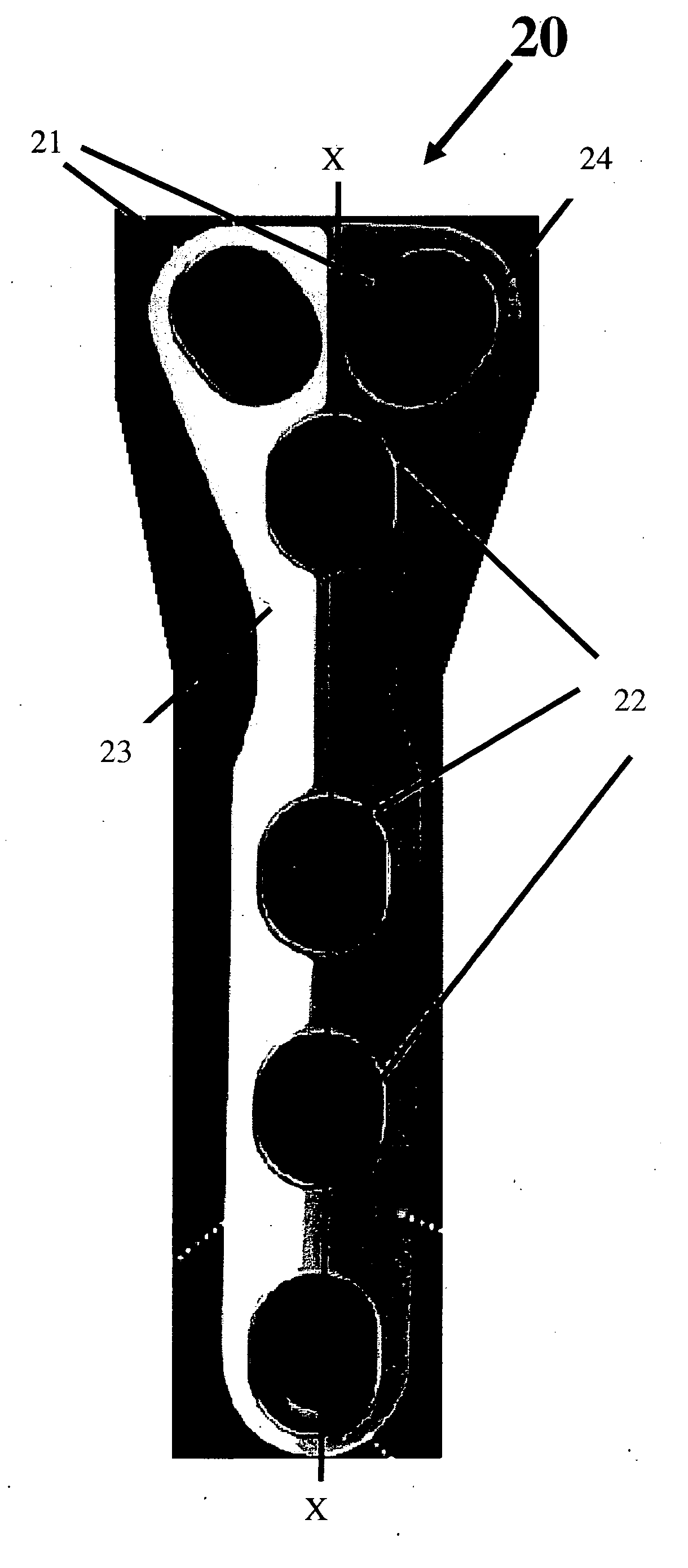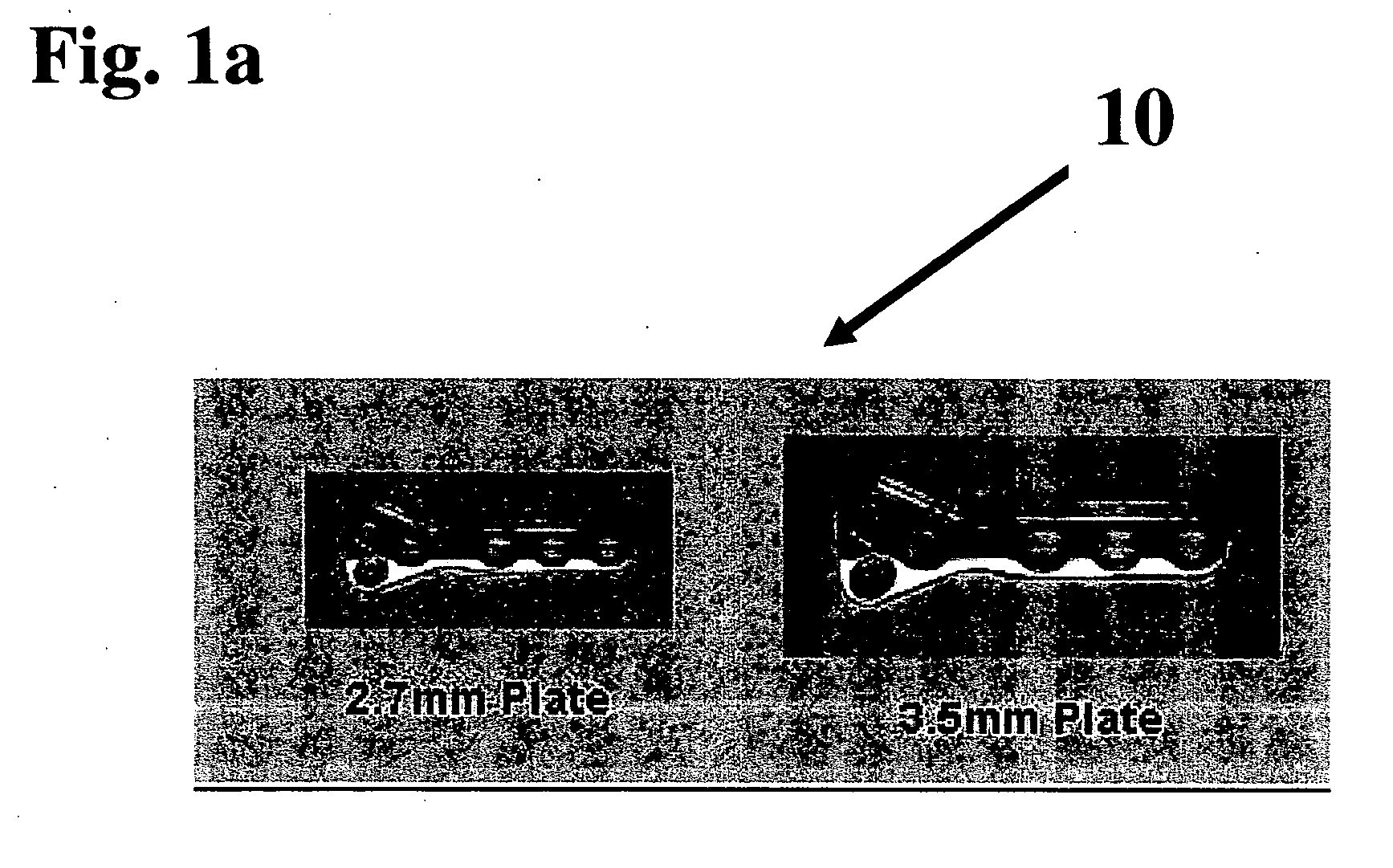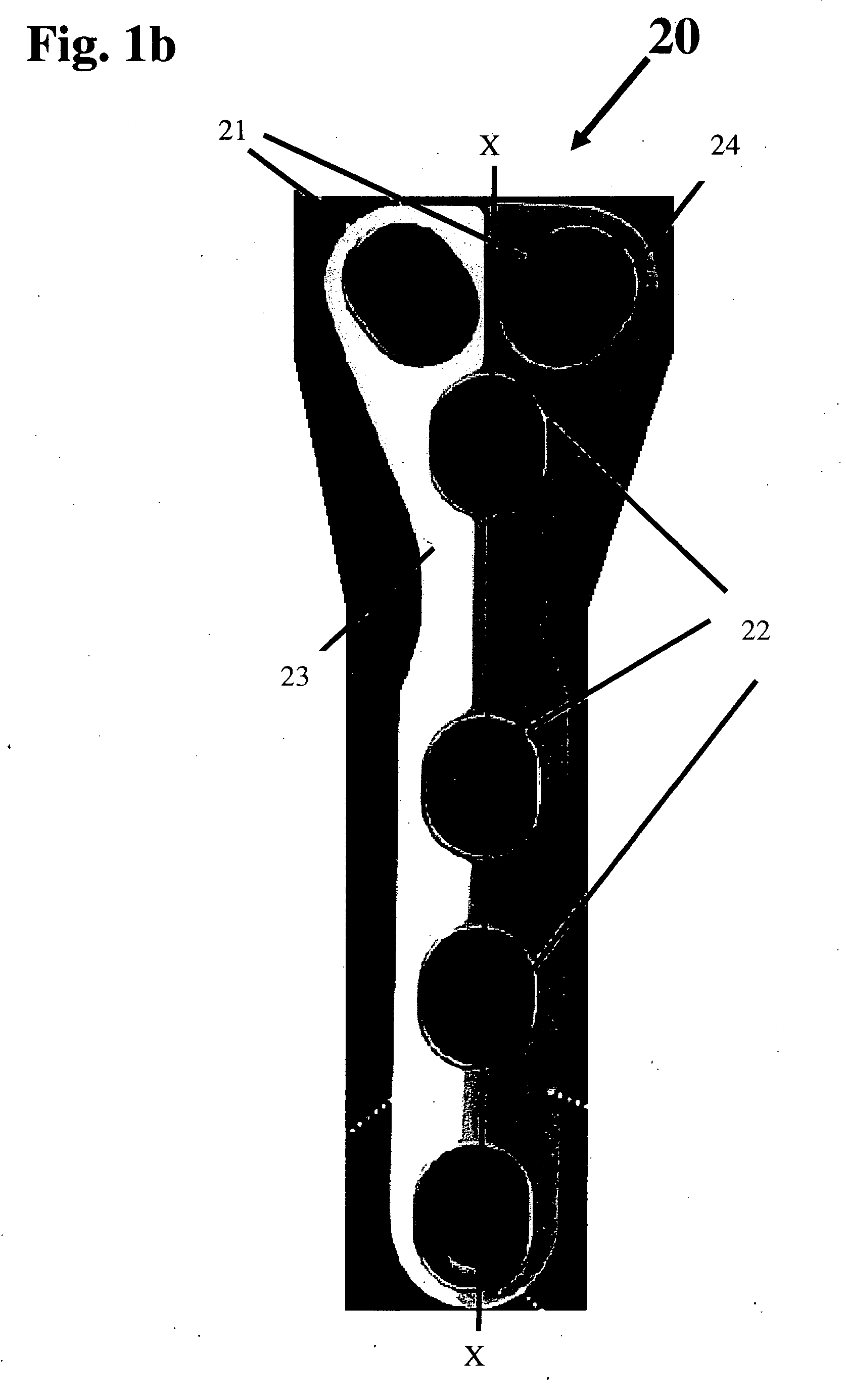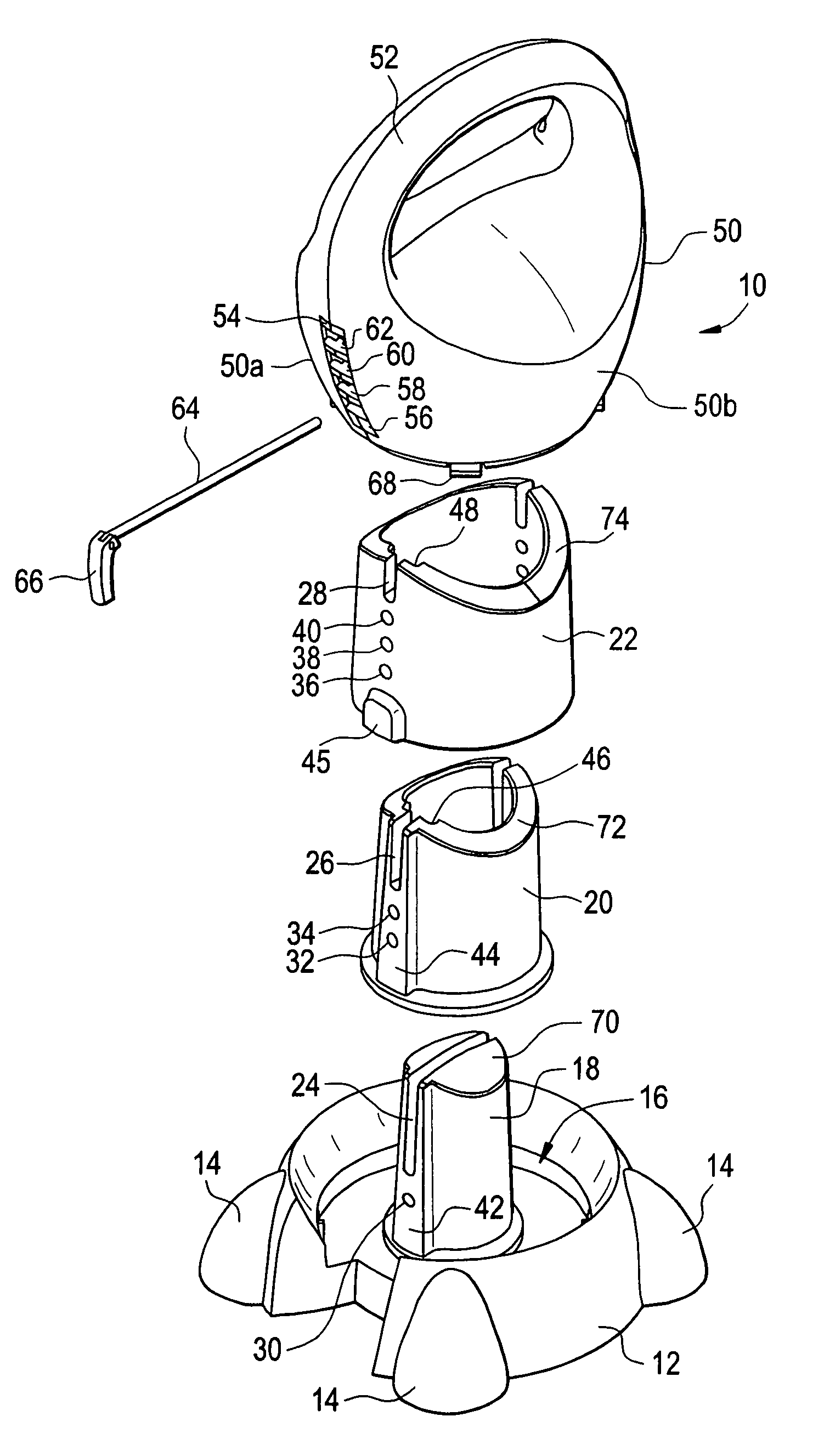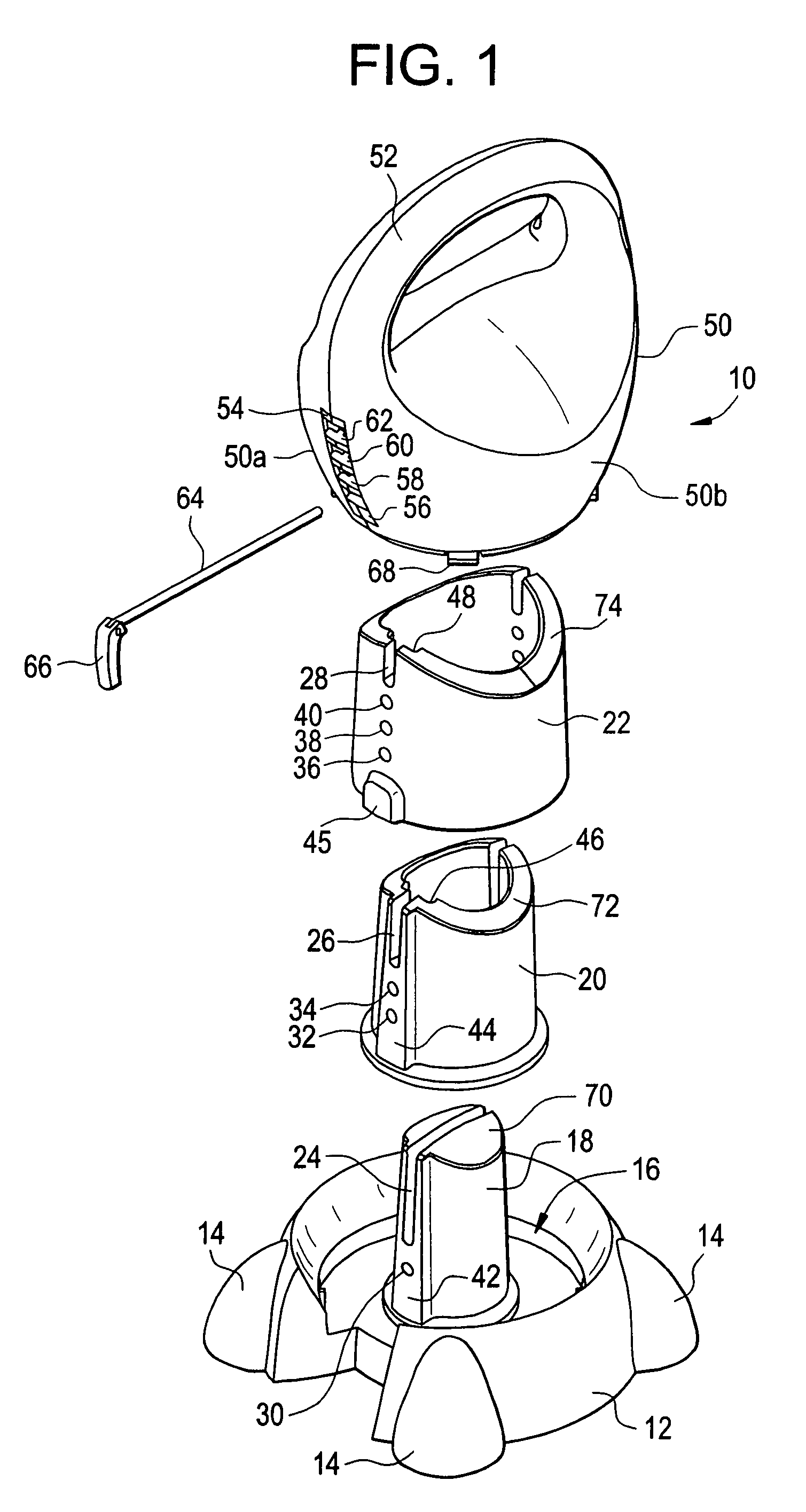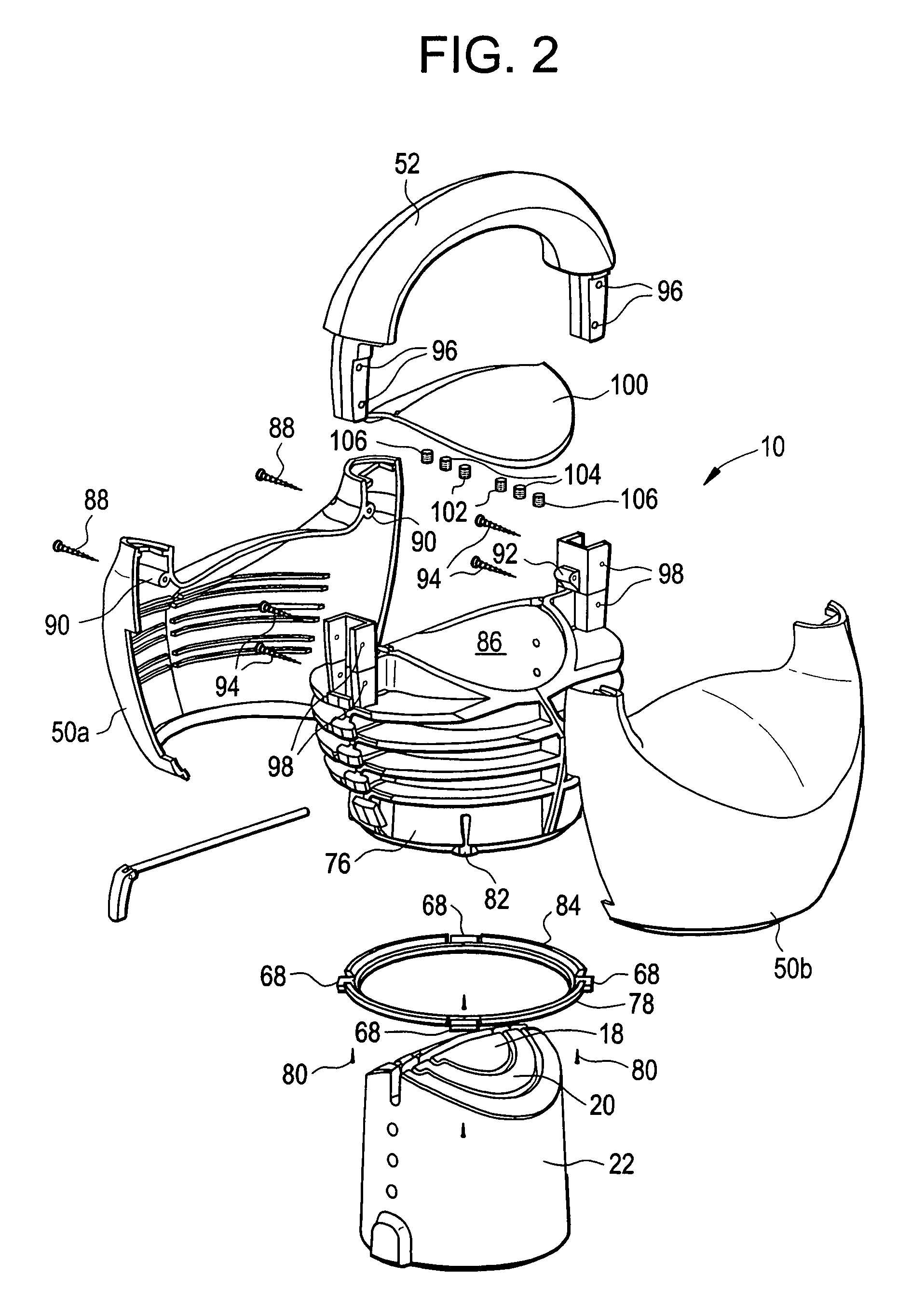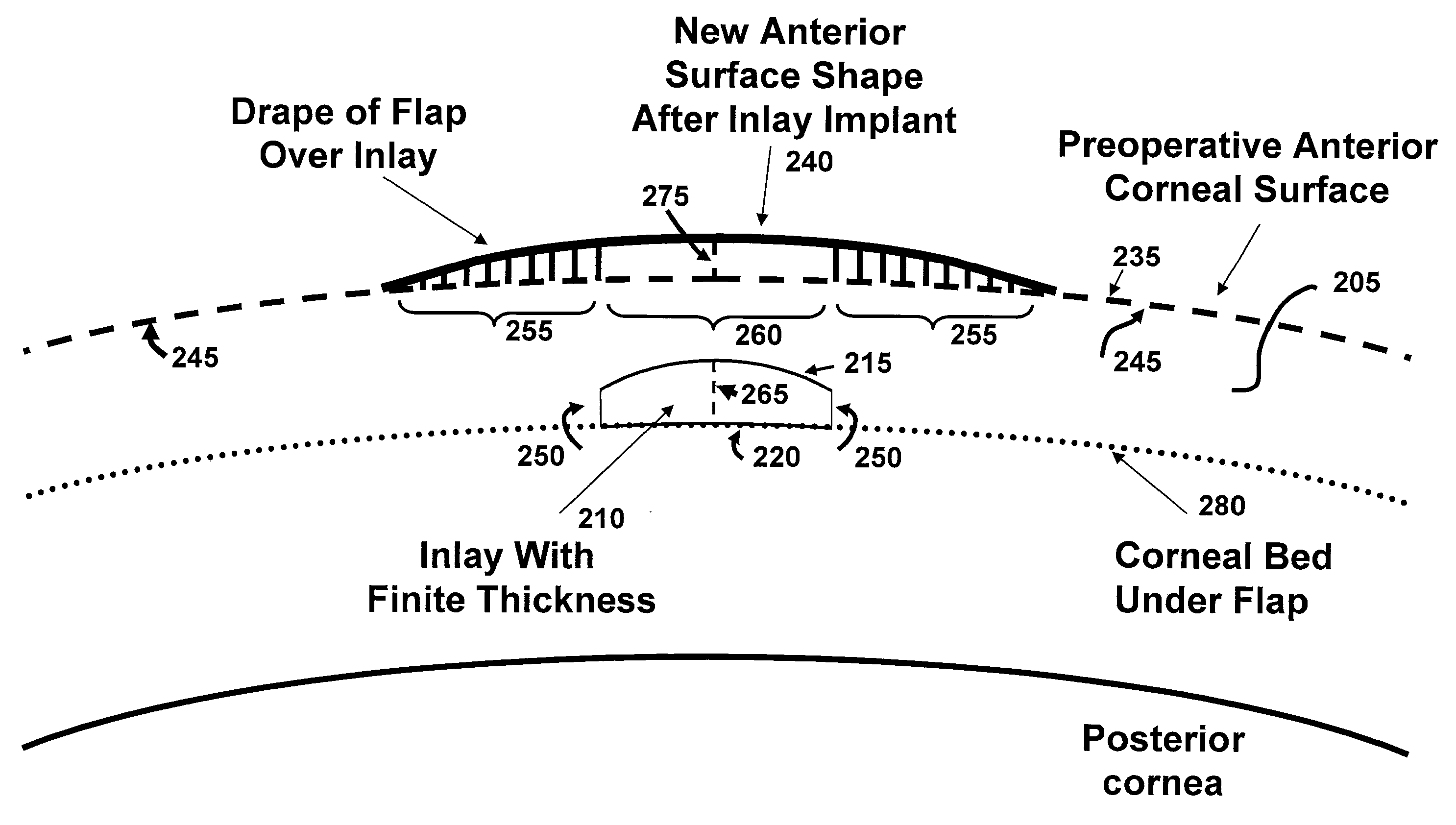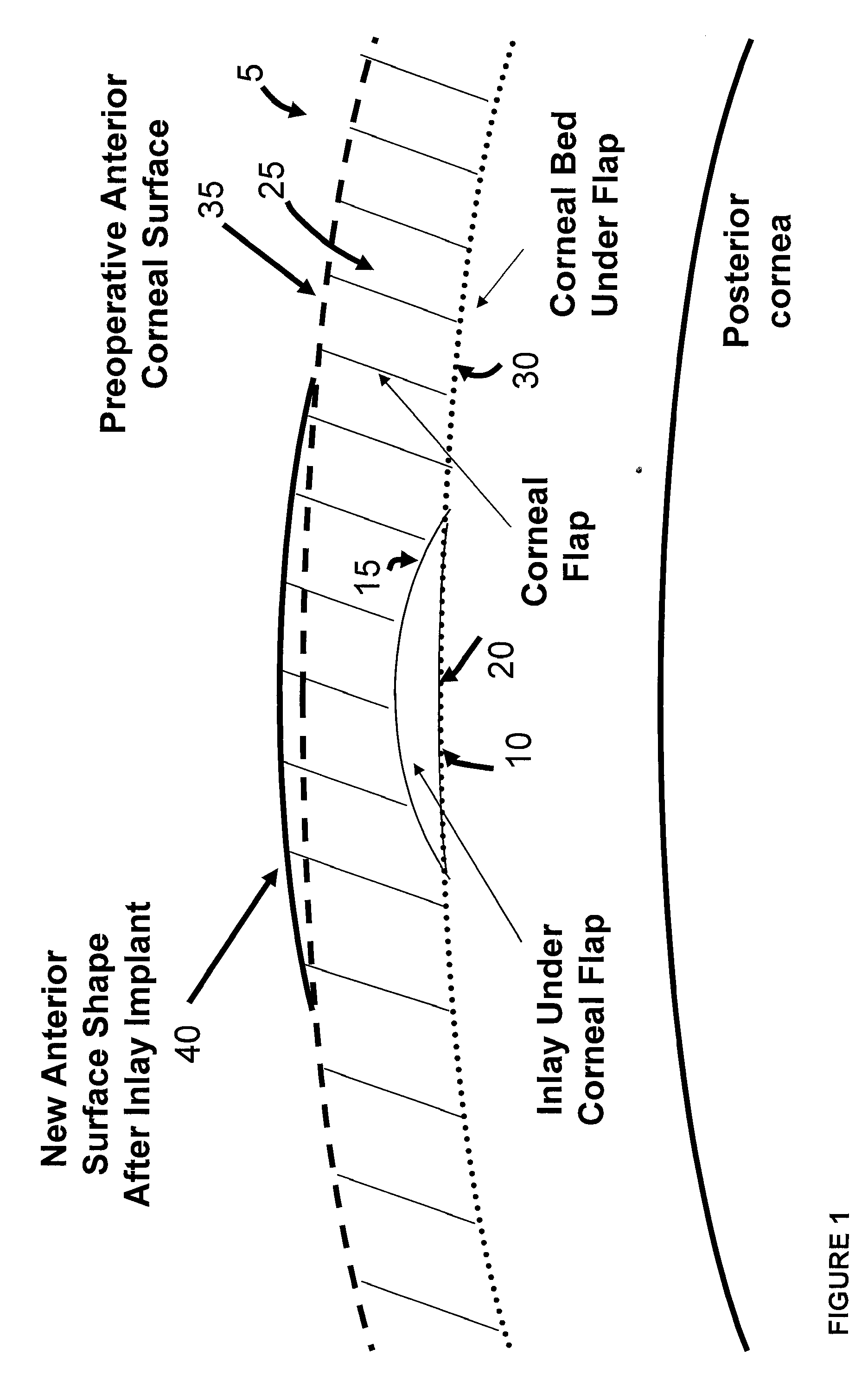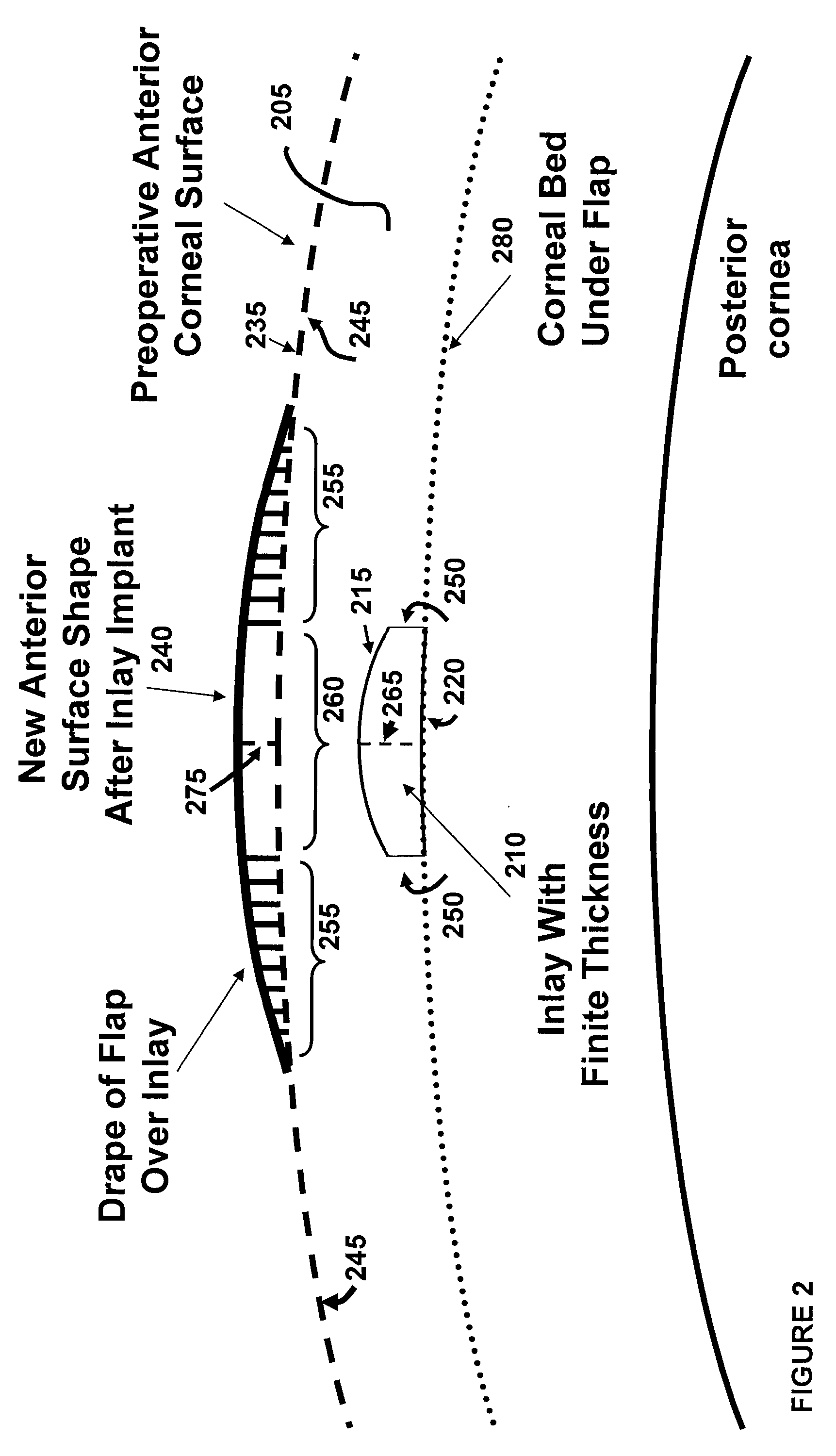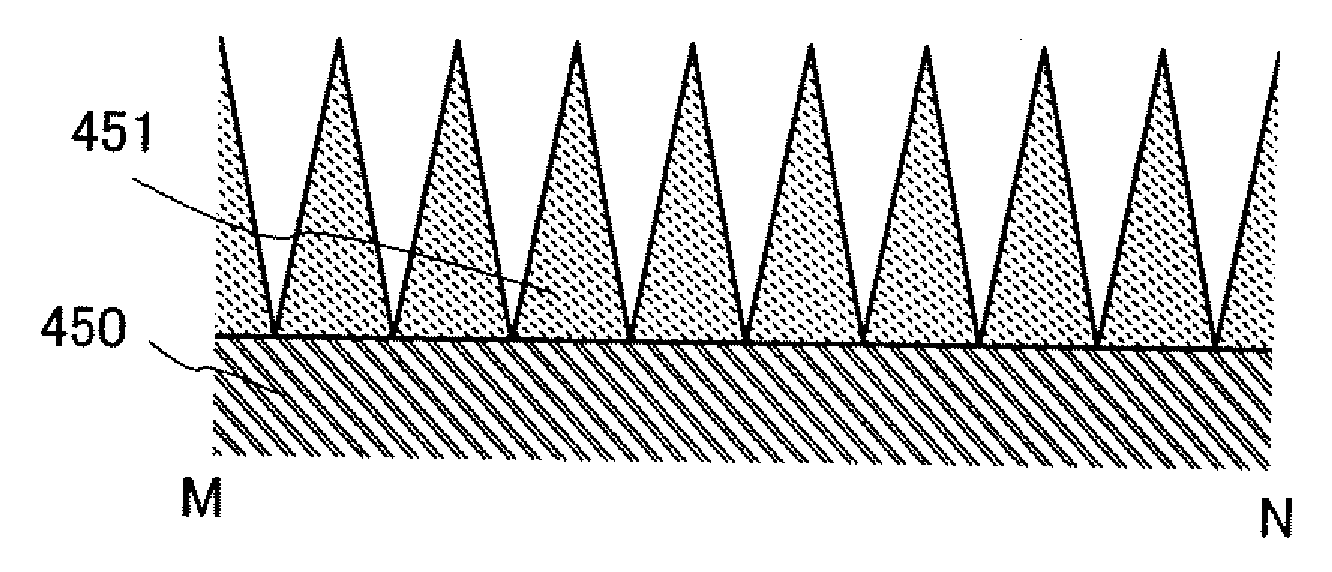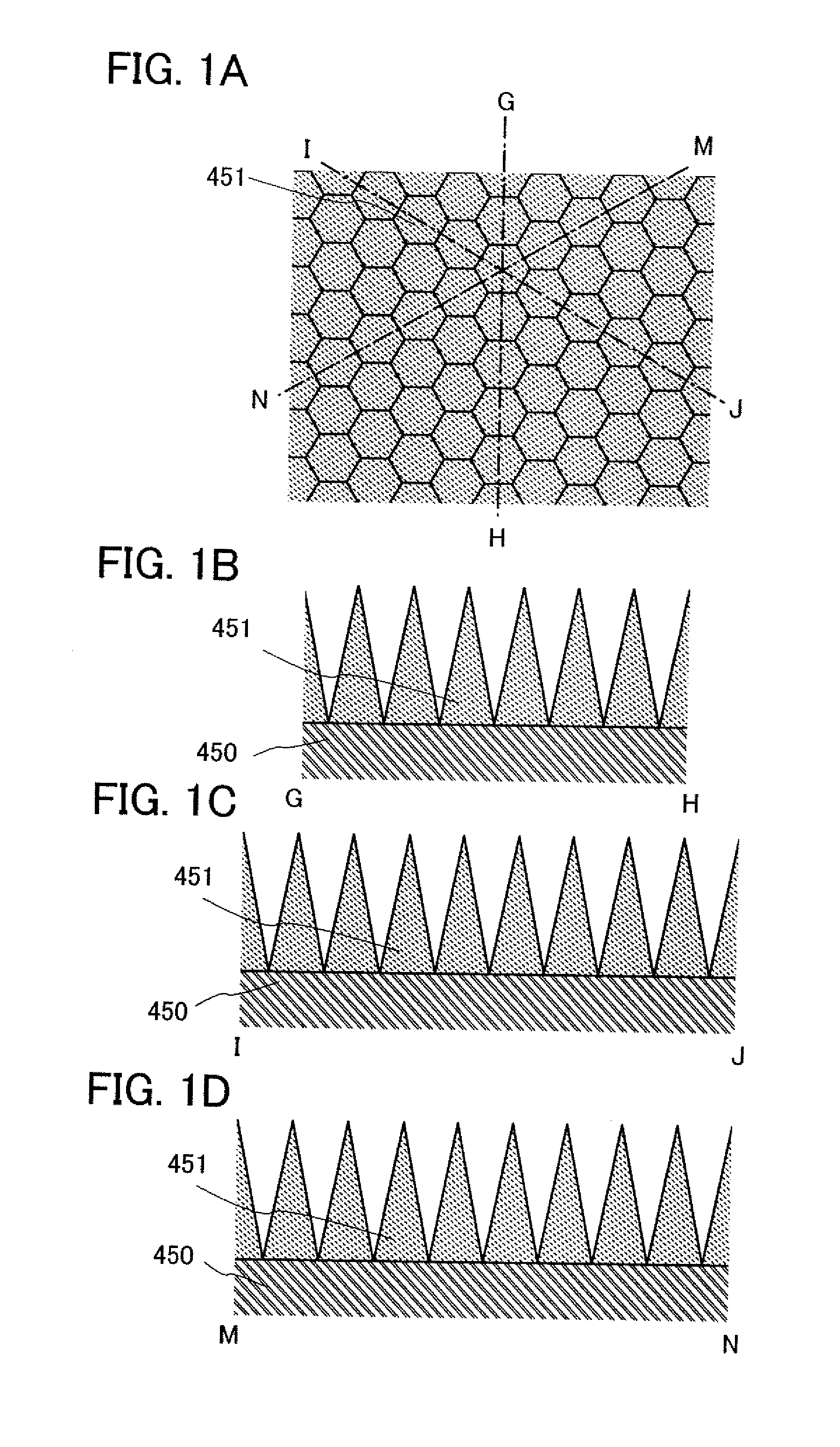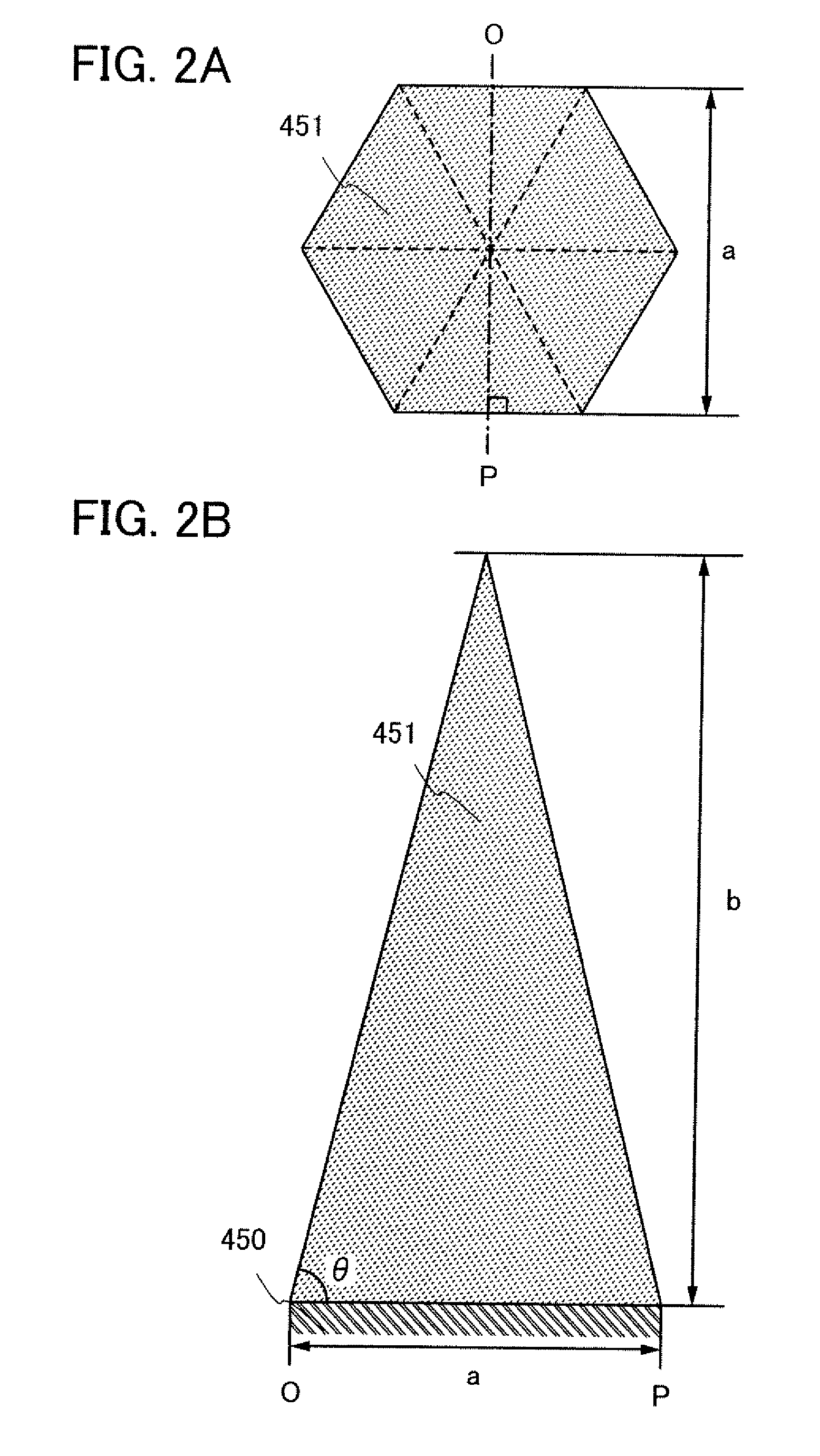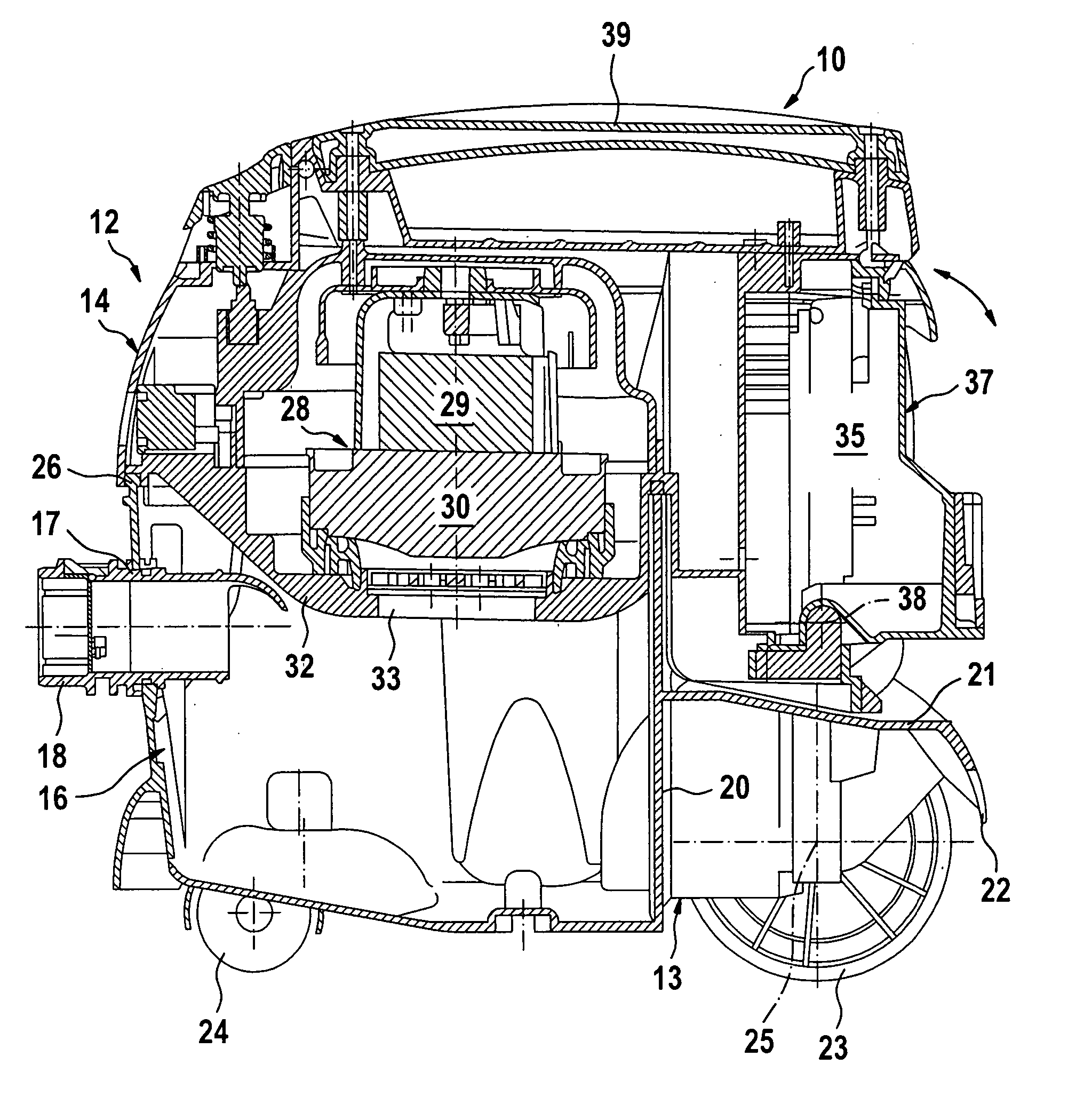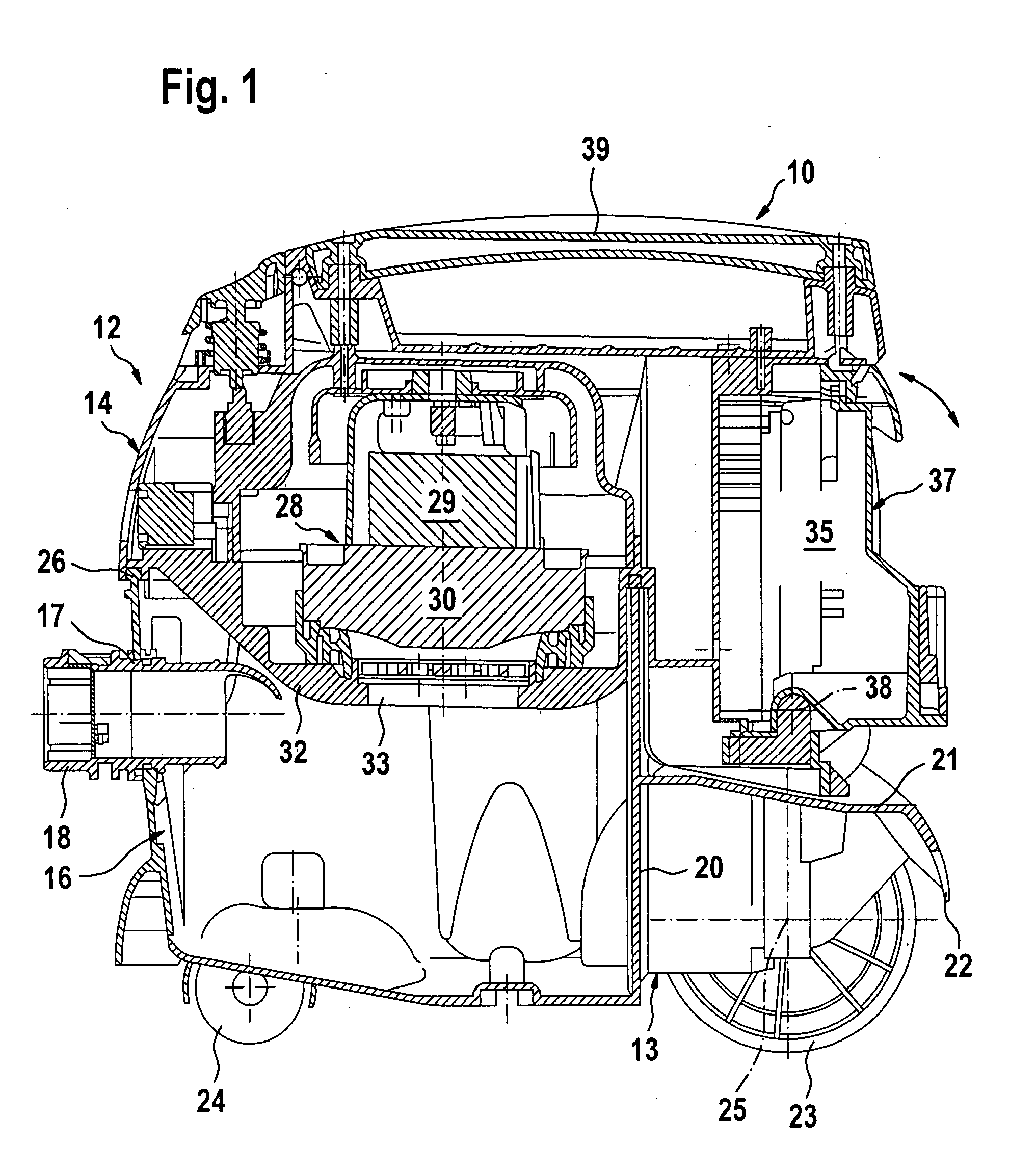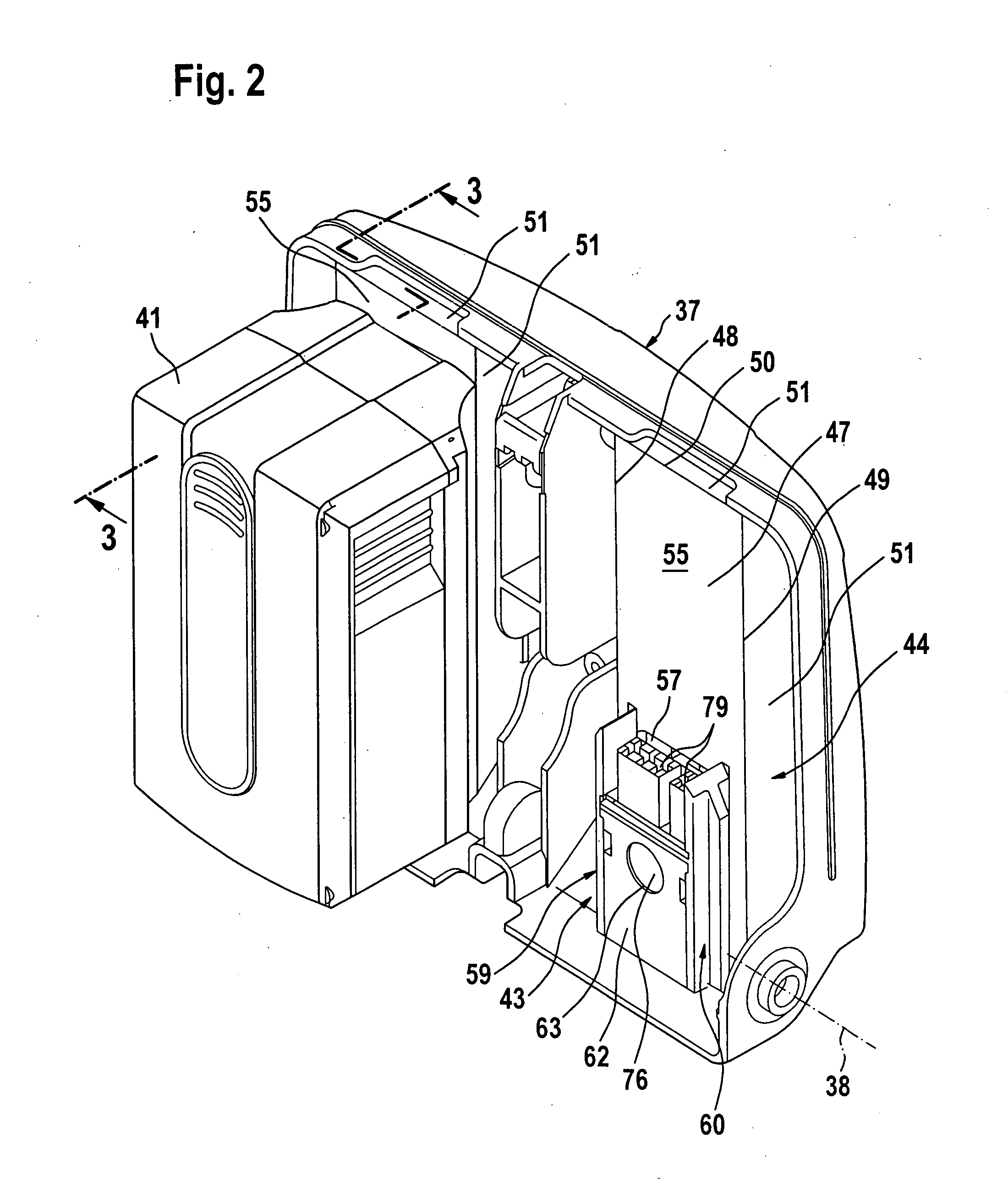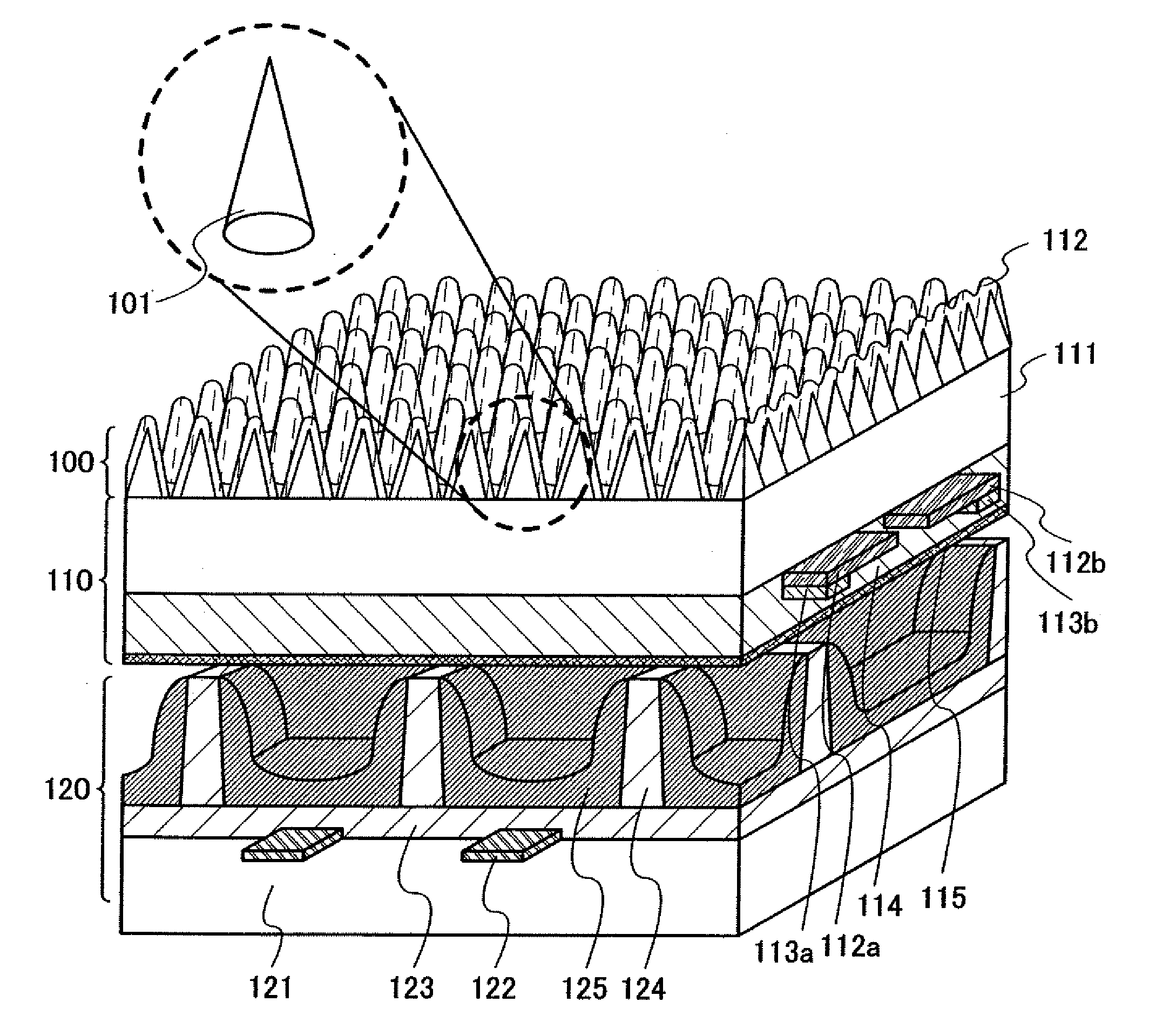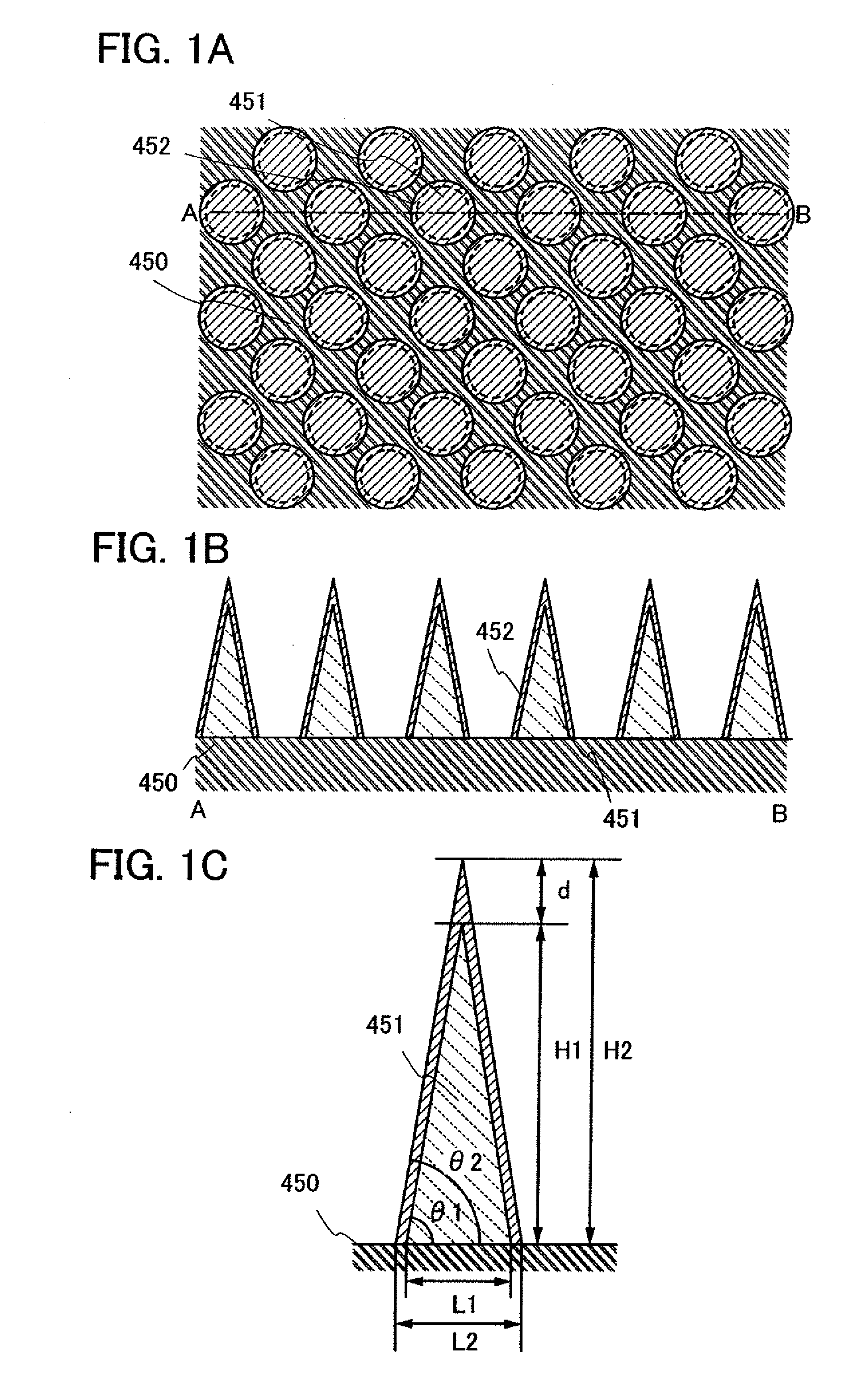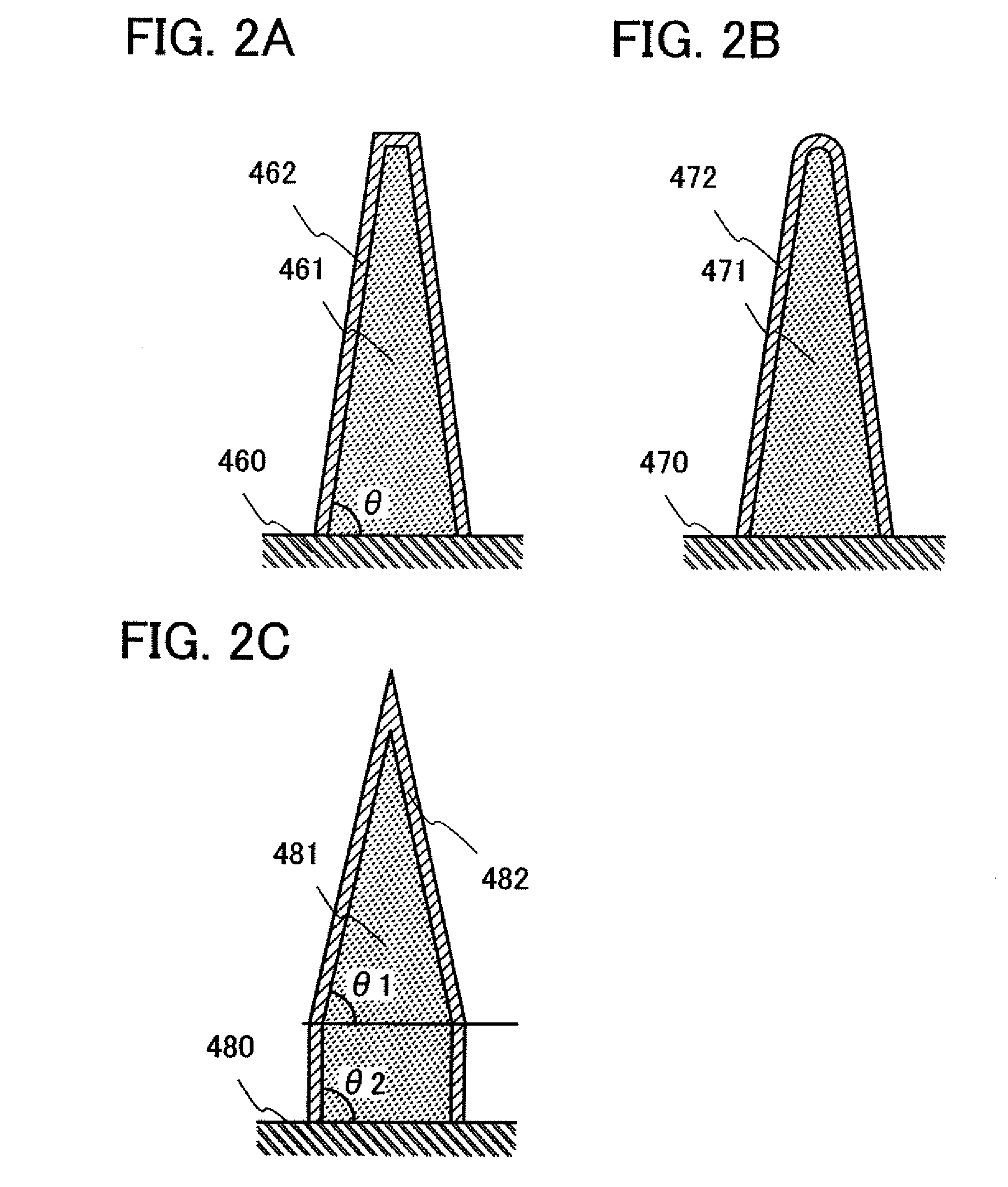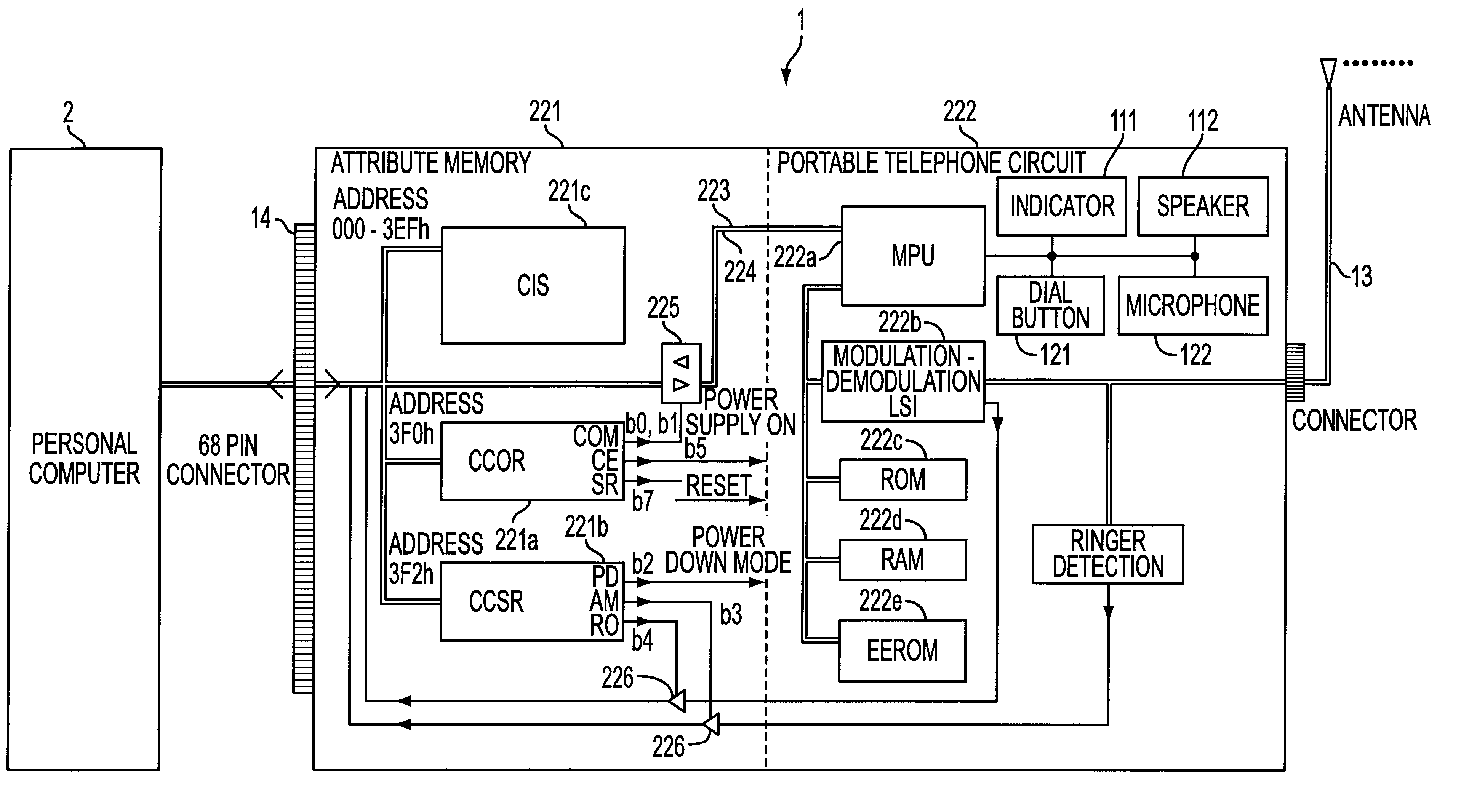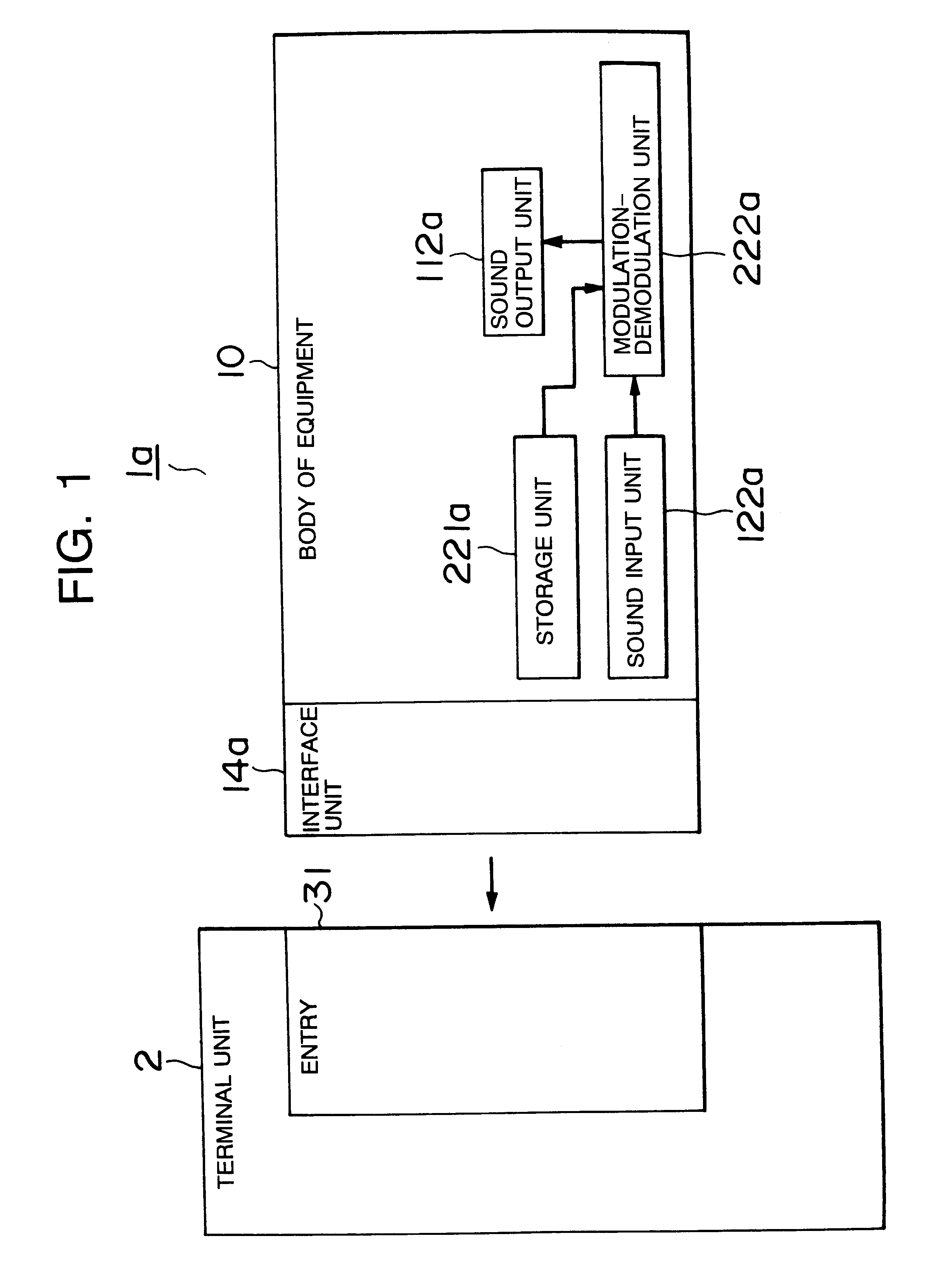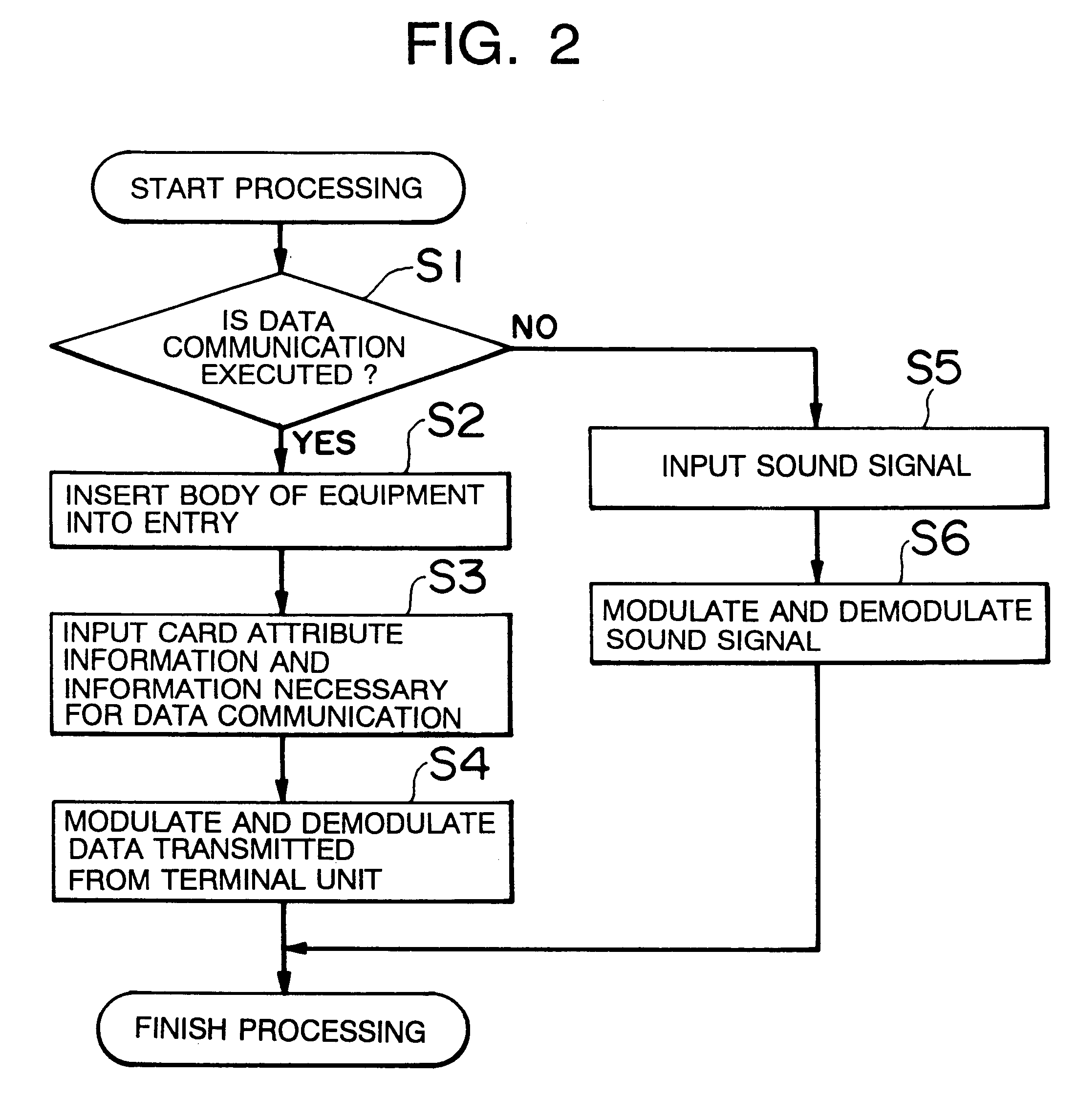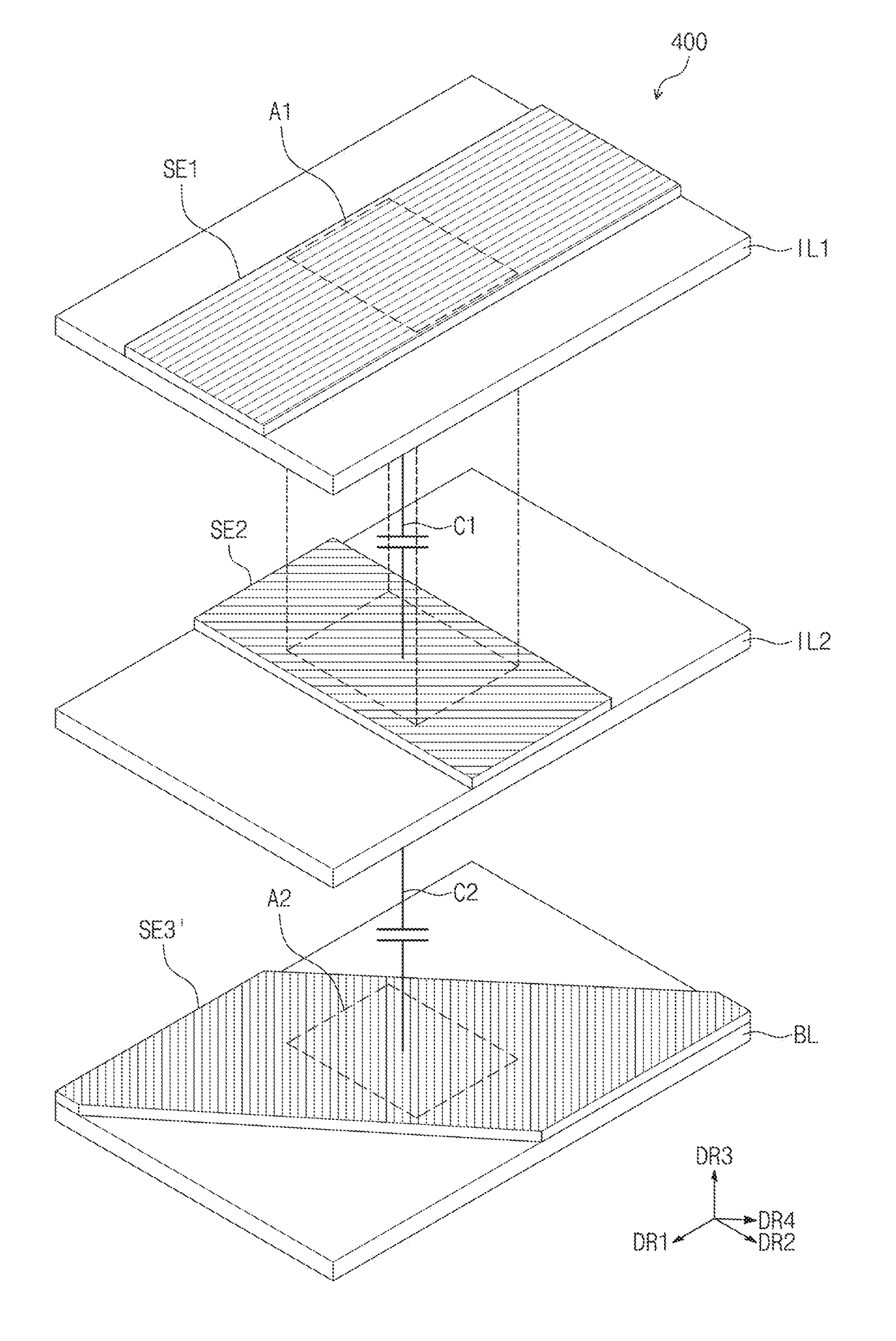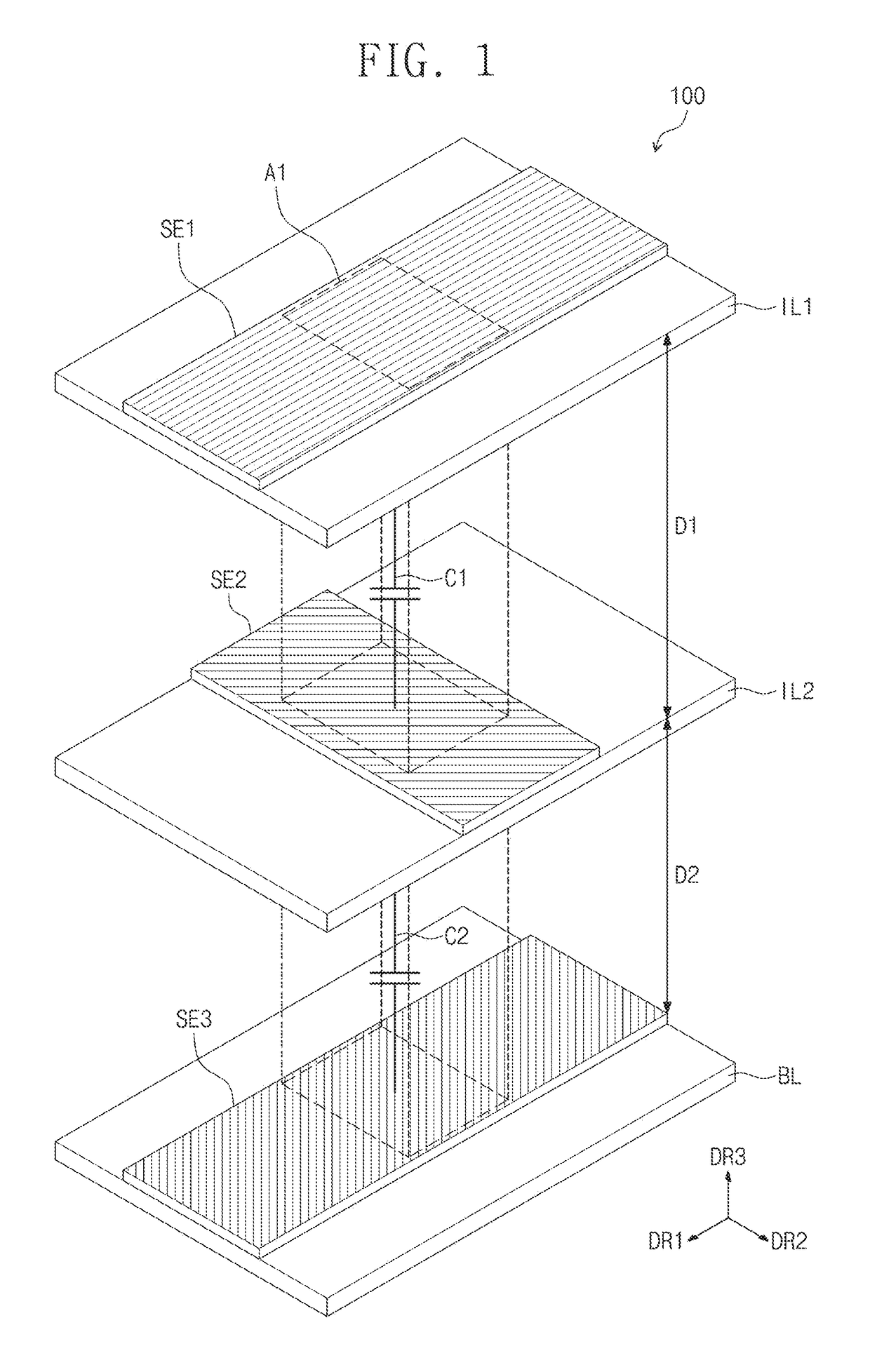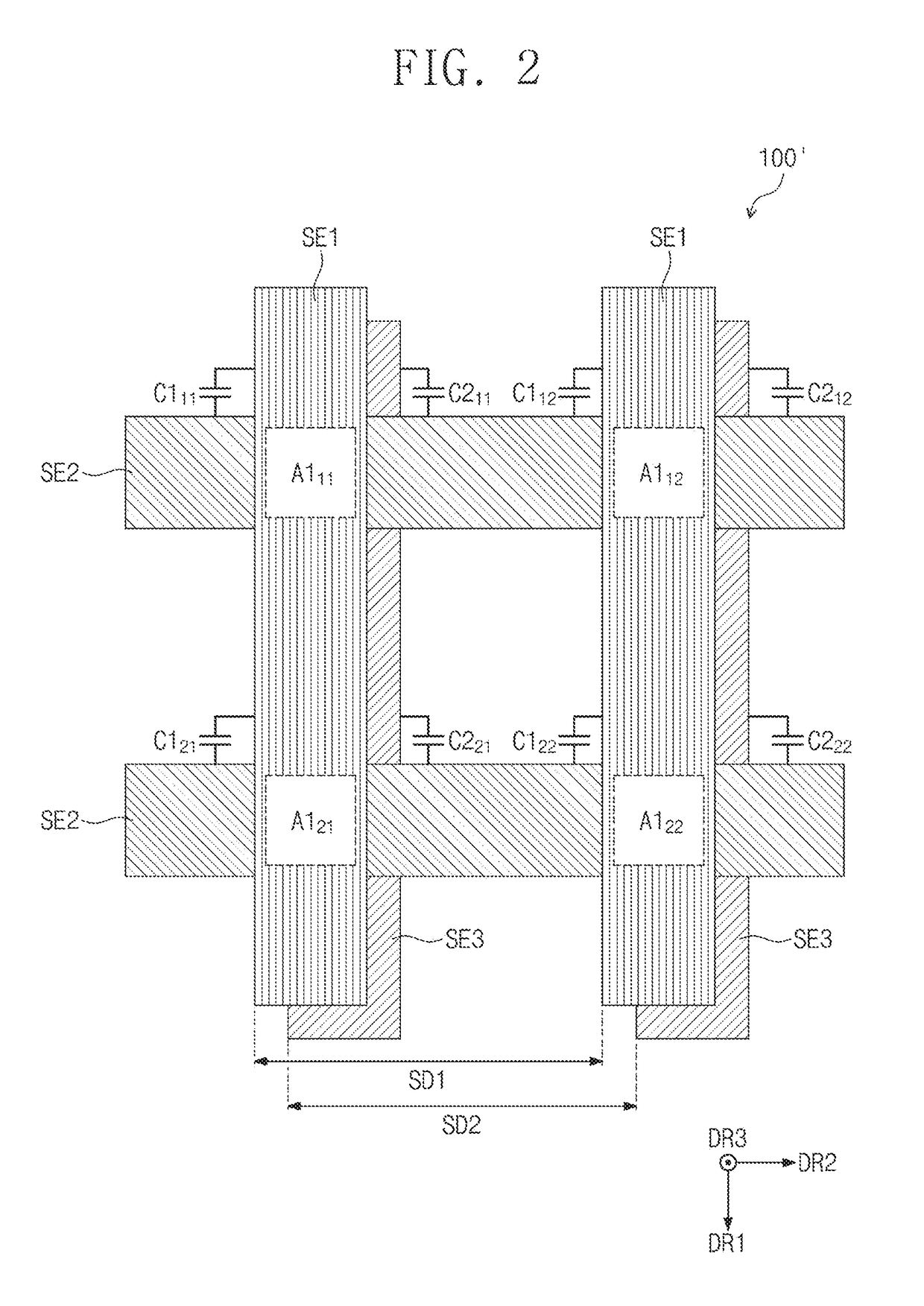Patents
Literature
171 results about "Physical shape" patented technology
Efficacy Topic
Property
Owner
Technical Advancement
Application Domain
Technology Topic
Technology Field Word
Patent Country/Region
Patent Type
Patent Status
Application Year
Inventor
Reinforced, laminated, impregnated, and composite-like materials as crosslinked polyvinyl alcohol hydrogel structures
InactiveUS6855743B1High mechanical strengthIncrease modulusFibre treatmentSynthetic resin layered productsPorosityCross-link
Reinforced, laminated, impregnated, and materials with composite properties as cross linked polyvinyl alcohol hydrogel structures in bulk or cellular matrix forms that can take essentially any physical shape, or can have essentially any size, degree of porosity and surface texture. They have a wide range of physical properties, unusual and unique combinations of physical properties and unique responses to stress fields, which allows for their use in many end use applications.
Owner:HYDROMEDICA
Toy and card package
Disclosed is a product comprising a container, comprising a toy product and at least one collectible card configured to be used in a card game and said container having a physical shape related to at least one of said toy product and said card game.
Owner:MATTEL INC
Fractal antennas and fractal resonators
InactiveUS7256751B2High bandwidthImprove efficiencyLogperiodic antennasAntenna supports/mountingsPhysical shapeImpedance matching
An antenna includes at least one element whose physical shape is at least partially defined as a second or higher iteration deterministic fractal. The resultant fractal antenna does not rely upon an opening angle for performance, and may be fabricated as a dipole, a vertical, or a quad, among other configurations. The number of resonant frequencies for the fractal antenna increases with iteration number N and more such frequencies are present than in a prior art Euclidean antenna. Further, the resonant frequencies can include non-harmonically related frequencies. At the high frequencies associated with wireless and cellular telephone communications, a second or third iteration, preferably Minkowski fractal antenna is implemented on a printed circuit board that is small enough to fit within the telephone housing. A fractal antenna according to the present invention is substantially smaller than its Euclidean counterpart, yet exhibits at least similar gain, efficiency, SWR, and provides a 50Ω termination impedance without requiring impedance matching.
Owner:FRACTAL ANTENNA SYST
Diet and exercise planning and motivation including apparel purchases based on future appearance
InactiveUS7328119B1Good choiceIncrease successPhysical therapies and activitiesGymnastic exercisingCourse of actionEngineering
The disclosed invention relates to methods for assisting and motivating persons with respect to various dietary and exercise regimens they might undertake, providing an interactive, iterative, “what-if” type of procedure where someone can see their predicted appearance in the future, also in clothes of their choice, and balance this with realistic expectations of what they may be able to achieve in terms of modification of their physical shape as a result of a planned course of action. This in turn leads to new methods of purchasing and manufacturing apparel and dietary or exercise related items in the present and future. A unique life size display screen, a “digital mirror” so to speak, with optional touch capabilities is also disclosed for input to, and display of, the computer aided models used, as well as inputs from a persons body sensed by TV cameras. The invention also has potential application to for diagnosis and / or treatment of certain mental and other disorders, and in other situations where a form of companionship may be provided the user.
Owner:PRYOR TIMOTHY R +1
Fractal antenna ground counterpoise, ground planes, and loading elements and microstrip patch antennas with fractal structure
InactiveUS7019695B2Lower resonance frequencyIncreased effective wavelengthSimultaneous aerial operationsAntenna supports/mountingsMicrostrip patch antennaEngineering
An antenna system includes a fractalized element that may be a ground counterpoise, a top-hat located load assembly, or a microstrip patch antenna having at least one element whose physical shape is at least partially defined as a first or higher iteration deterministic fractal. The resultant fractal element may rely upon an opening angle for performance, and is more compact than non-Euclidean ground counterpoise elements or the like. A vertical antenna system includes a vertical element that may also be a fractal, and a vertical antenna can include vertically spaced-apart fractal conductive and passive elements, and at least one fractal ground element. Various antenna configurations may be fabricated on opposite surfaces of a substrate, including a flexible substrate, and may be tuned by rotating elements relative to each other, and / or by varying the spaced-apart distance therebetween. Fractalized ground counterpoise elements and / or microstrip patch antenna systems may be fabricated on a flexible printed circuit substrate, and / or placed within the support mount of a cellular telephone car antenna.
Owner:FRACTAL ANTENNA SYST
Sensing Apparatus and Method for Detecting a Three-Dimensional Physical Shape of a Body
ActiveUS20100238271A1Simple designImprove accuracyFoot measurement devicesMechanical counters/curvatures measurementsThree-dimensional spacePhysical shape
Owner:CORPUS E
Multipurpose portable storage bag
Owner:BLUE GOJI LLC
Method and device for registering the outer characteristics of a vehicle in a road toll unit
A method and a device for image registration of the external characteristics and the number plate of a vehicle in a road toll unit for checking the payment status relating to a toll fee, which is intended to be collected by means of remote communication. During the checking and payment operation, the vehicle is followed by successive video recordings. In these recordings, a marker is connected to the vehicle. The same marker is connected to the image of the number plate and to an image of the physical shape of the vehicle. In the event of incorrect payment, a search may be performed based upon both the image of the number plate and the associated image of the physical shape of the vehicle, which are connected together by means of the successive following of the position of the vehicle. The class of the vehicle may thus be determined, in accordance with a classification scheme based on the physical properties of the vehicle, from the image of the external characteristics of the vehicle for determining the toll fee.
Owner:COMBITECH TRAFFIC SYSTEMS AB
Image analysis system for detecting personal protective equipment compliance
ActiveUS20090161918A1Easy to identifyEasy to measureCharacter and pattern recognitionIndividual entry/exit registersPersonal protective equipmentImaging analysis
Embodiments of the invention relate to an image analysis system for detecting compliance with requirements for using personal protective equipment (PPE). An image capturing device may be used to acquire an image of an individual requesting entry into a restricted area. In turn, a PPE analysis tool may be configured to analyze the image to detect the presence of the PPE, e.g., by recognizing markings made using UV fluorescent dye, reflective ink, or other marking materials visible in the captured image and / or the physical shape of the PPE. The image analysis tool may be further configured to demine not only whether the required PPE is present, but also determine whether the PPE is being worn correctly by the individual requesting access to the restricted area.
Owner:KIMBERLY-CLARK WORLDWIDE INC
Design of Inlays With Intrinsic Diopter Power
InactiveUS20070255401A1Increase refractive powerReducing its refractive powerEye implantsAnterior corneaIntrinsics
Described herein are designs and design methods for intracorneal inlays with intrinsic dioper power (i.e., index of refraction different from the surrounding cornea tissue). The designs and design methods achieve a desired refractive change by a combination of the intrinsic diopter power of the inlay and the physical shape of the inlay, which alters the shape of the anterior cornea surface.
Owner:REVISION OPTICS
Fractal counterpoise, groundplane, loads and resonators
InactiveUS7215290B2Lower resonance frequencySimultaneous aerial operationsAntenna supports/mountingsMicrostrip patch antennaPhysical shape
An antenna system includes a fractalized element that may be a ground counterpoise, a top-hat located load assembly, or a microstrip patch antenna having at least one element whose physical shape is at least partially defined as a first or higher iteration deterministic fractal. The resultant fractal element may rely upon an opening angle for performance, and is more compact than non-Euclidean ground counterpoise elements or the like. A vertical antenna system includes a vertical element that may also be a fractal, and a vertical antenna can include vertically spaced-apart fractal conductive and passive elements, and at least one fractal ground element. Various antenna configurations may be fabricated on opposite surfaces of a substrate, including a flexible substrate, and may be tuned by rotating elements relative to each other, and / or by varying the spaced-apart distance therebetween. Fractalized ground counterpoise elements and / or microstrip patch antenna systems may be fabricated on a flexible printed circuit substrate, and / or placed within the support mount of a cellular telephone car antenna.
Owner:FRACTAL ANTENNA SYST
Method and device for registering the outer characteristics of a vehicle in a road toll unit
A method and a device for image registration of the external characteristics and the number plate of a vehicle (4) in a road toll unit (1) for checking the payment status relating to a toll fee, which is intended to be collected by means of remote communication. During the check-up and payment operation, the vehicle is followed by successive video recordings. In these recordings, a marker is connected to the vehicle. The same marker is connected to the image of the number plate and to an image of the physical shape of the vehicle (4). In the event of incorrect payment, a search may be based on both the image of the number plate and the associated image of the physical shape of the vehicle which are connected together by means of the successive following of the position. The class of the vehicle may thus be determined, in accordance with a classification scheme based on the physical properties of the vehicle, from the image of the external characteristics of the vehicle for determining the toll fee.
Owner:COMBITECH TRAFFIC SYSTEMS AB
Image analysis system for detecting personal protective equipment compliance
ActiveUS8208681B2Character and pattern recognitionIndividual entry/exit registersPersonal protective equipmentImaging analysis
Embodiments of the invention relate to an image analysis system for detecting compliance with requirements for using personal protective equipment (PPE). An image capturing device may be used to acquire an image of an individual requesting entry into a restricted area. In turn, a PPE analysis tool may be configured to analyze the image to detect the presence of the PPE, e.g., by recognizing markings made using UV fluorescent dye, reflective ink, or other marking materials visible in the captured image and / or the physical shape of the PPE. The image analysis tool may be further configured to demine not only whether the required PPE is present, but also determine whether the PPE is being worn correctly by the individual requesting access to the restricted area.
Owner:KIMBERLY-CLARK WORLDWIDE INC
Exercise device
An improved exercise device in the nature of a kettlebell. The device has a frame covered by a shroud that is configured to lessen the impact of the device on the user. There are a plurality of weights that can be easily attached and detached from the frame to increase or lessen the load to the user. The weights are designed so that they can be added or taken away without altering the center of gravity of the device or the external physical shape of the device. There is also a base that holds the device while the weights are being changed and which also interacts with the device to assist in that exchange. The attaching and detaching system includes a pin that is used to affix the weights to the frame. A dual locking system assures that the pin does not inadvertently come loose during use of the device.
Owner:FINGER LAKES INTPROP
Data storage key for secure online transactions
ActiveUS20150199684A1Reduce usagePayment protocolsInternal/peripheral component protectionSecure Electronic TransactionPhysical shape
A secure non-volatile solid state memory data key appears similar to a conventional USB flash drive modified to have a physical shape resembling a door key with an eyelet for attaching the data key to a key ring or lanyard. The data key includes a USB port, a microprocessor (effectively serving as the “chip” in the chip-and-pin configuration), and a secure memory for holding secure transaction information, such as credit and debit card numbers, verified personal identification (federated ID), and other secure data. A biometric sensor (e.g., touch sensor or “capcha”) verifies that a person is in physical possession of the data key before permitting access to the secure memory. The touch sensor may be limited to use by a unique individual person through a biometric reader, such as a finger print reader, where the verification finger print is stored on the key rather than the connected host device.
Owner:UQONTROL
Cardiac Valve Data Measuring Method And Device
InactiveUS20080085043A1Time and labor consumingImage enhancementImage analysisPhysical shape2 dimensional echocardiography
An object of the present invention is to acquire information regarding the cardiac valve required in the clinical field, such as the tenting volume, tenting area, tenting height of the mitral valve of the heart, the area, the circumferential length, and height (the difference between the highest portion and the lowest portion) of the mitral annulus, etc. A method of obtaining a three-dimensional cardiac-valve image for measuring clinically required data regarding the cardiac valve, in which method a three-dimensional echocardiogram is created from two-dimensional echocardiograms obtained through scanning by means of an echocardiograph, and the three-dimensional cardiac-valve image is automatically extracted from the three-dimensional echocardiogram by computer processing The method is characterized in that a fitting evaluation function (potential energy) of a model of the mitral annulus in a fitting model prepared in consideration of the physical shapes of the heart and the mitral annulus is optimized by the replica exchange method and extended simulated annealing method.
Owner:YD +4
Laundry sheet
ActiveCN102492573APrevent overflowAvoid messOrganic detergent compounding agentsAmpholytes/electroneutral surface-active compoundsPhysical shapeCocamidopropyl betaine
The invention relates to a laundry sheet which comprises film former, sodium olefinsulfonate, coconut oil base methyl glycollic amide, coconut oil amide propyl lycine, ethylene diamine tetraacetic acid tetrasodium salt, preservative, filling material, white oil, essence, pigment and deionized water. The laundry sheet is prepared by the following steps: evenly mixing the raw materials according tomass parts, carrying out film formation by drying to a obtain paper type laundry sheet, cutting, punching, packaging and the like. The invention implements paper type laundry detergent in the aspect of physical shape, maintains the washing effect of the traditional laundry detergent, has the characteristics of less foam and high efficiency, and can be completely dissolved in water; the laundry sheet is convenient to store and use, and avoids the overflow problem in the common laundry detergent, thereby avoiding mess and difficulty in cleaning due to overflow of the laundry detergent; and the laundry sheet is convenient to, overcomes the defect that the traditional laundry detergent has heavy volume and can not be conveniently carried and stored after being opened, thereby providing convenience for clothes cleaning for people on a journey. The laundry sheet is free of any environment-polluting component, and can be completely degraded naturally, thereby making a contribution to environmental protection.
Owner:广州市黄埔南方供水环保工程有限公司
Fishing lure system and kit having replaceable features and construction
A flexible fishing lure is provided that includes a outer shape having a transverse opening for receiving a plurality of alternatively formed lure fin members allowing a user to change the action of a lure by fin selection without replacing the lure. Multiple internal channels within the lure are adaptively provided for receiving a variety of scent sticks, sound generators, light generators, flavor generating means. Flow internal channels extend from a front opening to gill openings allowing a water flow along an inserted scent or flavor stick member to pass through the lure body and exit proximate fin, nair, belly, or other locations simulating an injured or wounded fish leaking bodily fluids or blood. Other features to simulate wounded features. Replacement fins and weighting constructions allow a user to tailor a weight and action enabling a circling or injured motion during retrieval. The lure includes a flexible holographic-type attractive film and physical shape having a level-maintaining physical shape.
Owner:MANCINI JEFFREY
Wide-band fractal antenna
An apparatus includes a discone antenna including a cone-shaped element whose physical shape is at least partially defined by at least one pleat.
Owner:FRACTAL ANTENNA SYST
Multi-purpose bone plate system
ActiveUS20070083204A1High reliability of operationMobility of operatedJoint implantsStaplesEngineeringPhysical shape
A multi-purpose bone plate system comprises a set of sterile malleable bone plates, an adjustable bending and contouring tower with adjustable angulation and compression slots and a set of bone plates with angulation and compression slots positioned at pre-selected locations to aid three-dimensional shaping of the bone plate. The surgeon inserts the sterile bone plate template to surround the fractured bone and works the template to acquire the physical shape of the fractured bone, inserts the template into the tower to set the adjustable angulation and compression slots of the tower. Now a symmetrical bone plate is inserted into the tower and bent to a shape that replicates the shape of the bone plate. The three-dimensionally shaped bone plate is sterilized and is attached by screws or nails surrounding the fractured bone segment and provides support to fractured bone segments during healing of the bone.
Owner:SIDEBOTHAM CHRISTOPHER G
Exercise device
An improved exercise device in the nature of a kettlebell. The device has a frame covered by a shroud that is configured to lessen the impact of the device on the user. There are a plurality of weights that can be easily attached and detached from the frame to increase or lessen the load to the user. The weights are designed so that they can be added or taken away without altering the center of gravity of the device or the external physical shape of the device. There is also a base that holds the device while the weights are being changed and which also interacts with the device to assist in that exchange. The attaching and detaching system includes a pin that is used to affix the weights to the frame. A dual locking system assures that the pin does not inadvertently come loose during use of the device.
Owner:FINGER LAKES INTPROP
Building foamed cement phase-change heat-preserving board (building block) and manufacturing method thereof
InactiveCN102531533APrevent leakageImprove mechanical propertiesSolid waste managementCeramicwareFoam concreteParaffin wax
The invention relates to a building foamed cement phase-change heat-preserving board (building block) and a manufacturing method thereof. The building foamed cement phase-change heat-preserving board (building block) mainly comprises foamed cement and paraffin wax with a phase-change function. The paraffin wax has high reversibility in the latent heat high-phase-change process, and the size of solid paraffin wax beads and the aperture of the foamed cement are controlled precisely, so that the phase-change materials are distributed in a finished product uniformly and can absorb a heat source and release heat to the maximum degree. A process for utilizing the phase-change materials is simple, and manufacturing cost is low. The defects of complex production method and high manufacturing cost of the traditional phase-change material coating are overcome, and the physical shape of the paraffin wax and hole wall strength, compactness and water resistance of foam concrete are changed, so that the foam concrete and the phase-change materials are organically combined into the finished product by the simplest method and the most economic route. Therefore, energy-saving building material products with various purposes, such as inner and outer wall foamed cement phase-change heat-preserving boards, inner and outer partition wall foamed cement phase-change heat-preserving boards, roofing foamed cement phase-change heat-preserving boards, wall foamed cement phase-change heat-preserving building blocks and the like can be manufactured by selecting different volume weights and properties.
Owner:武汉优特斯节能建材研究所
Biomechanical design of intracorneal inlays
Provided herein are intracorneal inlays for correcting vision impairments by altering the shape of the anterior corneal surface. The physical design of the inlay to induce the desired change of the anterior corneal surface includes consideration of the biomechanical response of the corneal tissue to the physical shape of the inlay. This biomechanical response can differ depending on the thickness, diameter, and profile of the inlay. In one embodiment, inlays having diameters smaller than the pupil are provided for correcting presbyopia. To provide near vision, an inlay is implanted centrally in the cornea to induce an “effect” zone on the anterior corneal surface, within which diopter power is increased. Distance vision is provided by a region of the cornea peripheral to the “effect” zone. In another embodiment, small diameter inlays are provided that induce “effect” zones on the anterior corneal surface that are much larger in diameter than the inlays.
Owner:REVISION OPTICS
Plasma display panel and field emission display
InactiveUS20080129188A1Effective dispersionHigh definitionNanostructure manufactureSustain/scan electrodesField emission displayDisplay device
To provide a plasma display panel and a field emission display having an anti-reflection function which can further reduce reflection of incident light from an external source. By providing an anti-reflection layer which geometrically includes a plurality of adjacent hexagonal pyramid-shaped projections, reflection of light is prevented. The reflective index changes from a surface side of display screen to an out side (an atmosphere side) due to a physical shape of a hexagonal pyramid. The plurality of hexagonal pyramid-shaped projections can be provided densely without any space remaining, and six surfaces of side of the hexagonal pyramid-shaped projection are each provided at different angles to a base surface. Therefore, light ray can be effectively scattered in many directions.
Owner:SEMICON ENERGY LAB CO LTD
Cleaning apparatus
InactiveUS20080062618A1Increase spacingEasy to insertSubstation/switching arrangement detailsSuction cleanersElectricityRechargeable cell
The invention relates to a cleaning apparatus comprising a cleaning unit driven by an electric motor and a housing which has a battery chamber for accommodating at least one rechargeable battery, a connecting device having a mechanical mounting part and an electrical plug connector part being disposed in the battery chamber for establishing an electrical and mechanical connection between the battery and the cleaning apparatus. In order to further develop said cleaning apparatus in such a way that batteries of different physical shapes can be used, the invention proposes that the mounting part is detachably mounted in the battery chamber, and the plug connector part is detachably connectable as desired to the mounting part or to a chamber wall of the battery chamber.
Owner:ALFRED KARCHER GMBH & CO KG
Reinforced, laminated, impregnated and composite-like materials as crosslinked polyvinyl alcohol hydrogel structures
Owner:CARRIER CORP
Plasma display panel and field emission display
InactiveUS20080129183A1Improve visibilityReduce reflectionSustain/scan electrodesCathode-ray/electron-beam tube vessels/containersVisibilityDisplay device
It is an object of the present invention to provide a PDP and an FED with excellent visibility and a high level of reliability that each have an antireflective function by which reflection of external light can be reduced. A plurality of adjacent pyramidal-shaped projections and an antireflective layer equipped with a covering film that covers the projections are provided. The reflection of light is prevented by the index of refraction of incident light from external being changed by a pyramid, which is a physical shape, projecting out toward an external side (atmosphere side) of a substrate that is to be used as a display screen as well as by the covering film used to cover the projections being formed of a material that has a higher index of refraction than the index of refraction of the pyramidal projection.
Owner:SEMICON ENERGY LAB CO LTD
IC card-type radio communication device
InactiveUS6298245B1Improve portabilityAvoid spendingCordless telephonesDigital data processing detailsEngineeringComputer terminal
An IC card-type radio communication device includes a main body of equipment, a storage unit, a sound input unit, a sound output unit and a modulation-demodulation unit. The main body of equipment has an interface which is in accordance with a predetermined standard and forms a physical shape which is in accordance with the standard. The main body of equipment is inserted into an entry installed on an external terminal unit. The storage unit is installed on the main body of equipment and stores an attribute information and an information necessary for data communication with the terminal unit. The sound input unit inputs a sound signal when a conversation is executed and the sound output unit outputs the sound signal. The modulation-demodulation unit modulates and demodulates data of the terminal unit on the basis of the information stored in the storage unit when the main body of equipment is inserted into the entry installed on the terminal unit, and modulates and demodulates the sound signal when the conversation is executed.
Owner:FUJITSU LTD
Method and apparatus for multi-sensing
ActiveUS20170277341A1Simple structureSolid-state devicesSemiconductor/solid-state device manufacturingPhysical shapeAcoustics
An electronic device includes a sensor configured to sense a touch event in association with the electronic device or a deformation in a physical shape of the electronic device. The sensor includes a first sensor electrode, a second sensor electrode, and a third sensor electrode. The first sensor electrode extends in a first direction. The second sensor electrode extends in a second direction different from the first direction. The second sensor electrode overlaps with the first sensor electrode in a third direction perpendicular to the first direction and the second direction. The third sensor electrode extends in a fourth direction different from the second direction. The third sensor electrode overlaps with the second sensor electrode in the third direction. The first sensor electrode, the second sensor electrode, and the third sensor electrode are insulated from one another and are disposed on different layers than one another.
Owner:SAMSUNG DISPLAY CO LTD +1
Reinforced, Laminated, Impregnated, and composite-like materials as cross-linked polyvinyl alcohol hydrogel structures
Reinforced, laminated, impregnated, and materials with composite properties as cross linked polyvinyl alcohol hydrogel structures in bulk or cellular matrix forms that can take essentially any physical shape, or can have essentially any size, degree of porosity and surface texture. They have a wide range of physical properties, unusual and unique combinations of physical properties and unique responses to stress fields, which allows for their use in many end use applications.
Owner:HYDROMEDICA
Features
- R&D
- Intellectual Property
- Life Sciences
- Materials
- Tech Scout
Why Patsnap Eureka
- Unparalleled Data Quality
- Higher Quality Content
- 60% Fewer Hallucinations
Social media
Patsnap Eureka Blog
Learn More Browse by: Latest US Patents, China's latest patents, Technical Efficacy Thesaurus, Application Domain, Technology Topic, Popular Technical Reports.
© 2025 PatSnap. All rights reserved.Legal|Privacy policy|Modern Slavery Act Transparency Statement|Sitemap|About US| Contact US: help@patsnap.com
